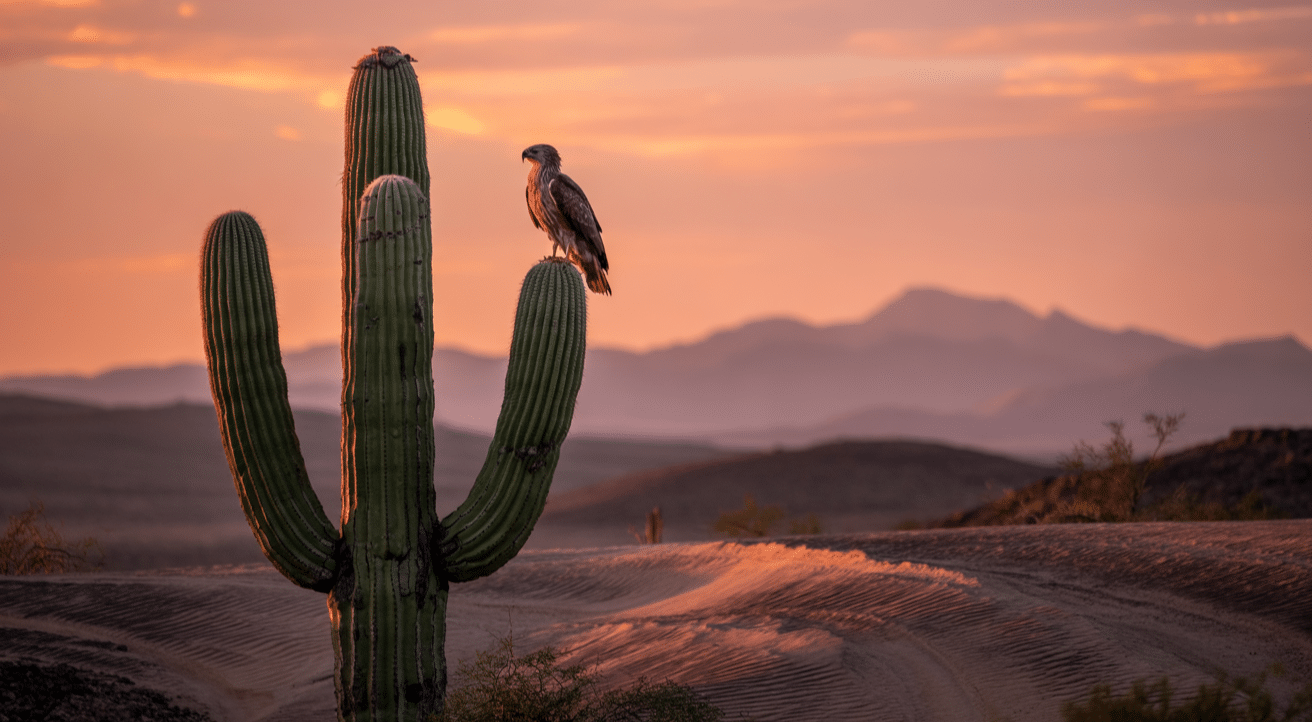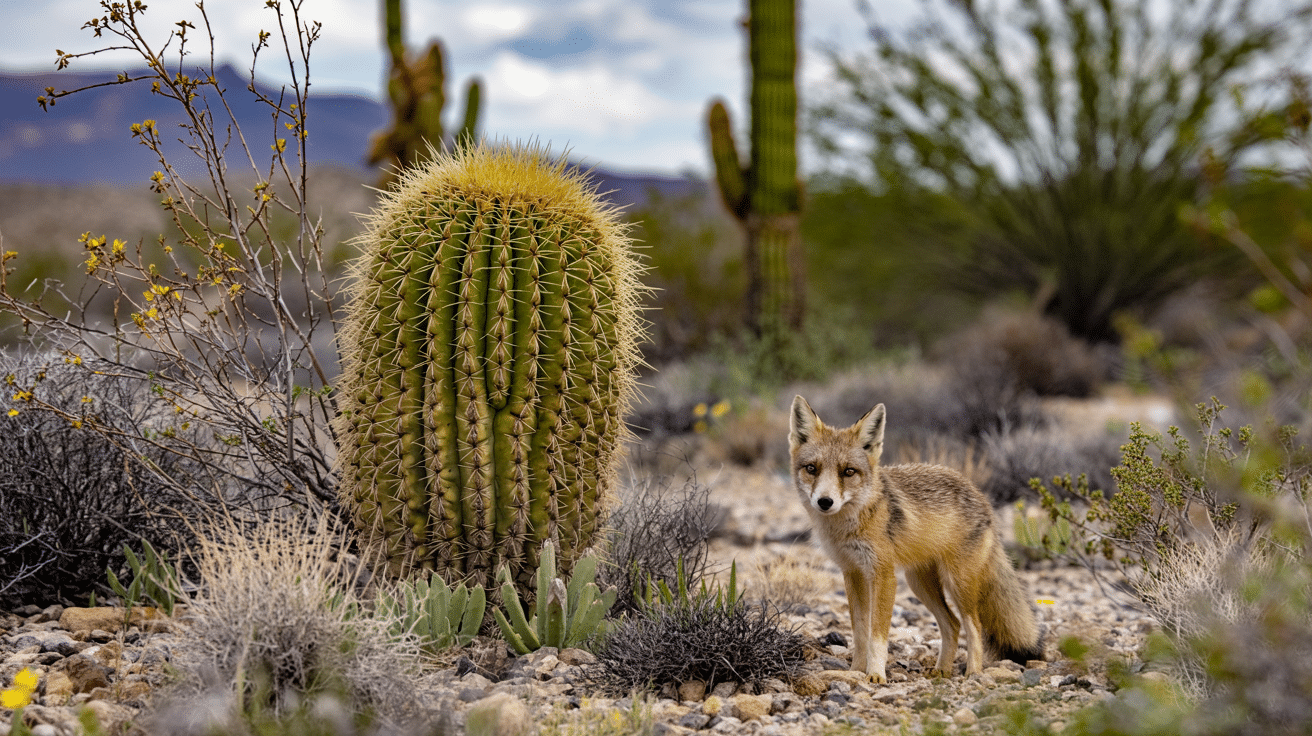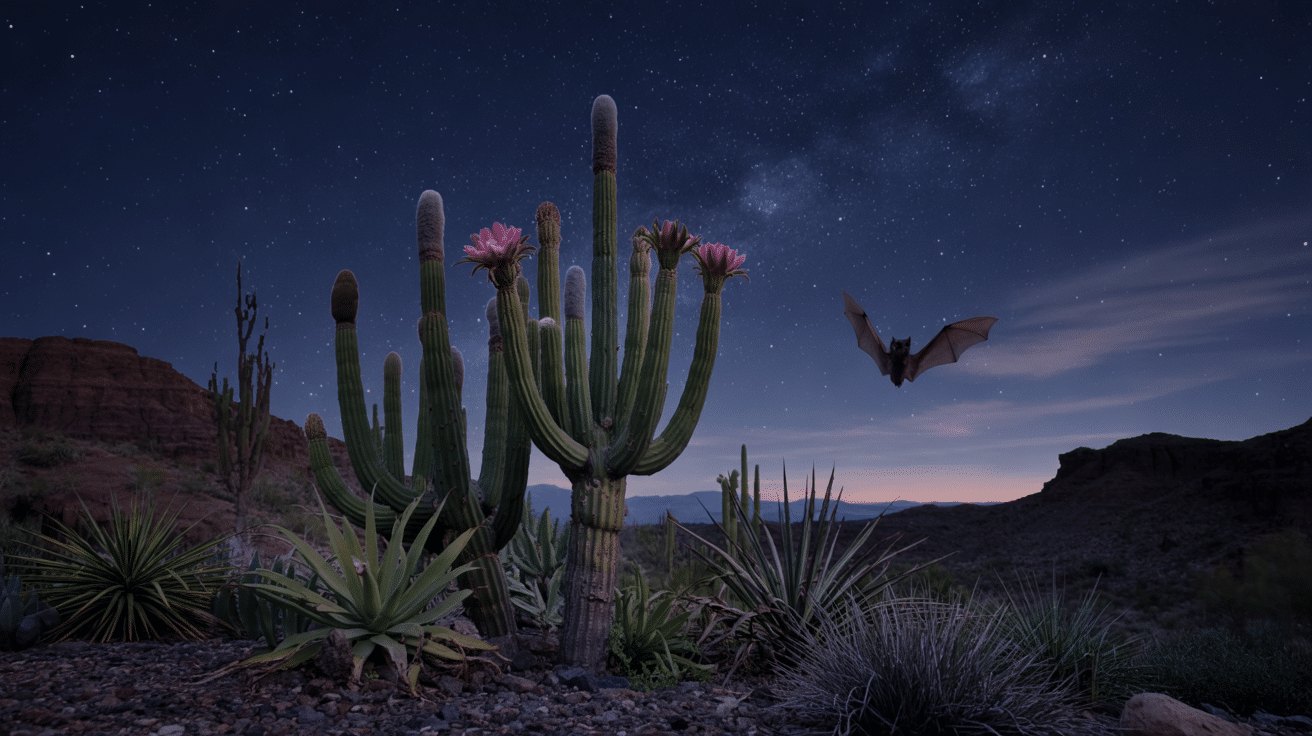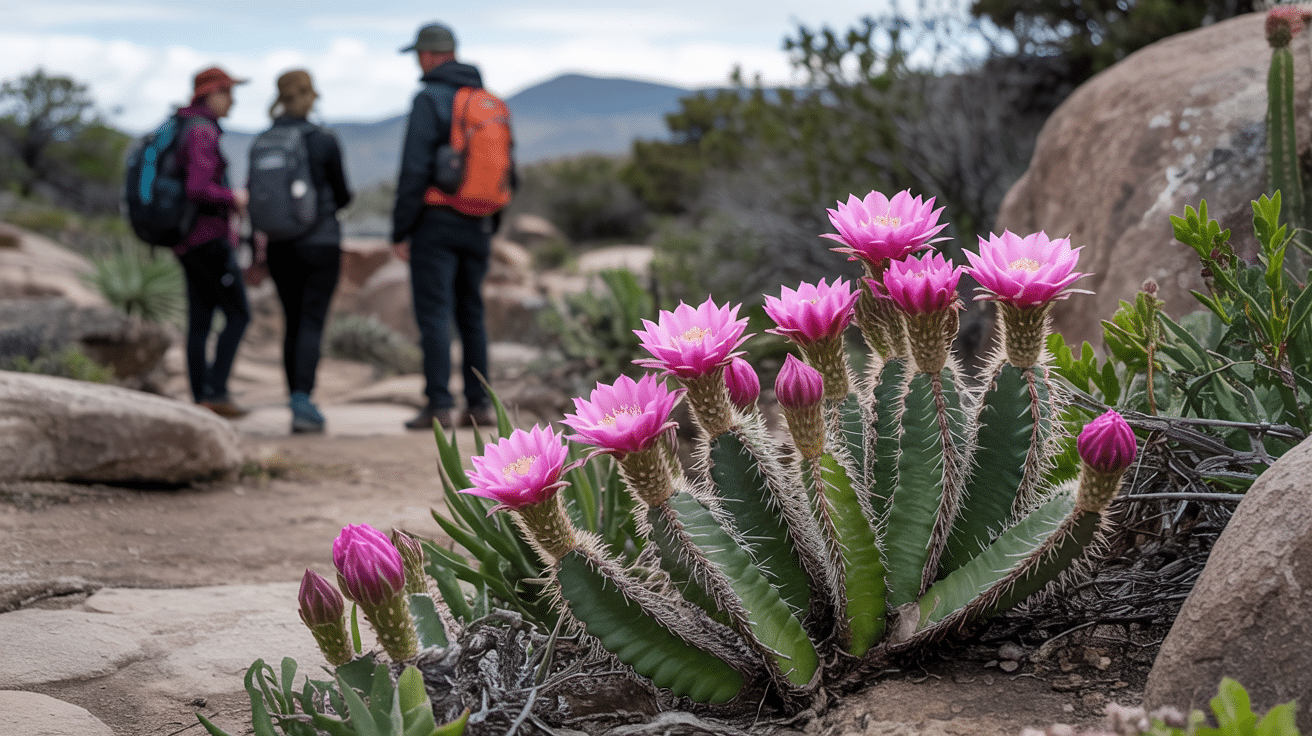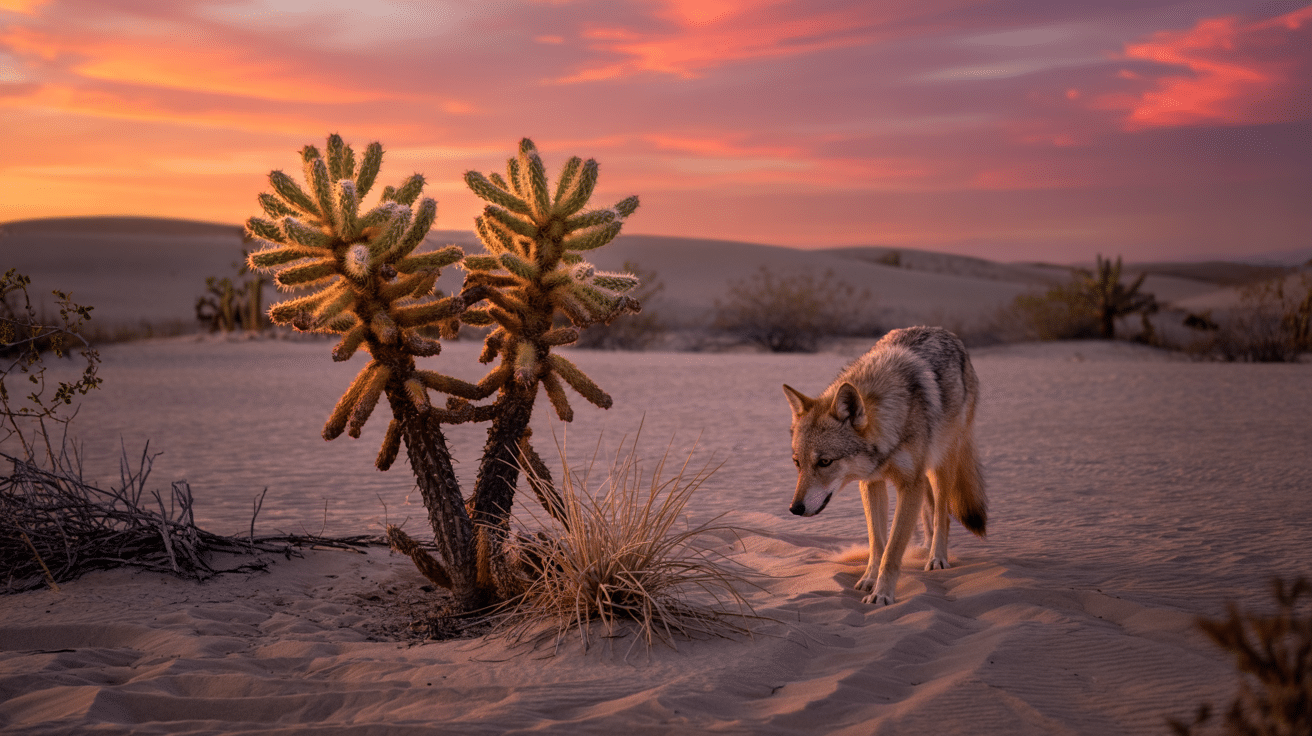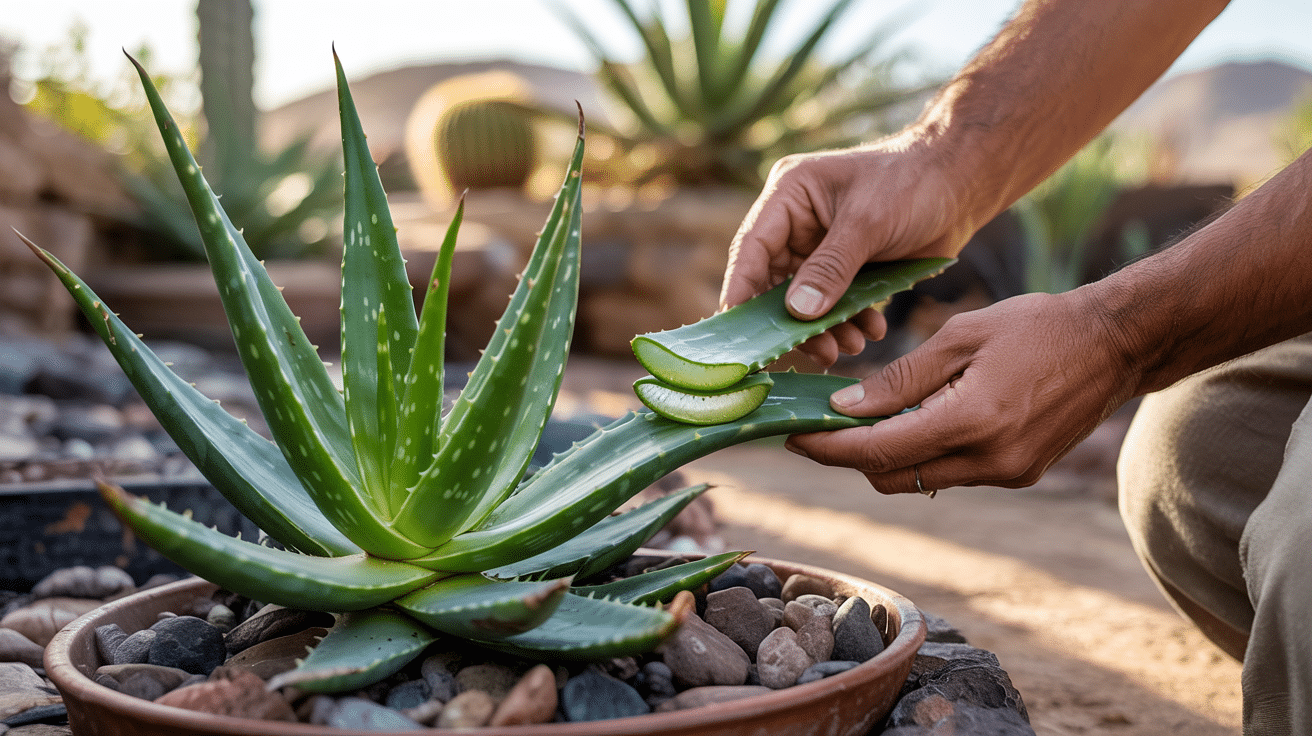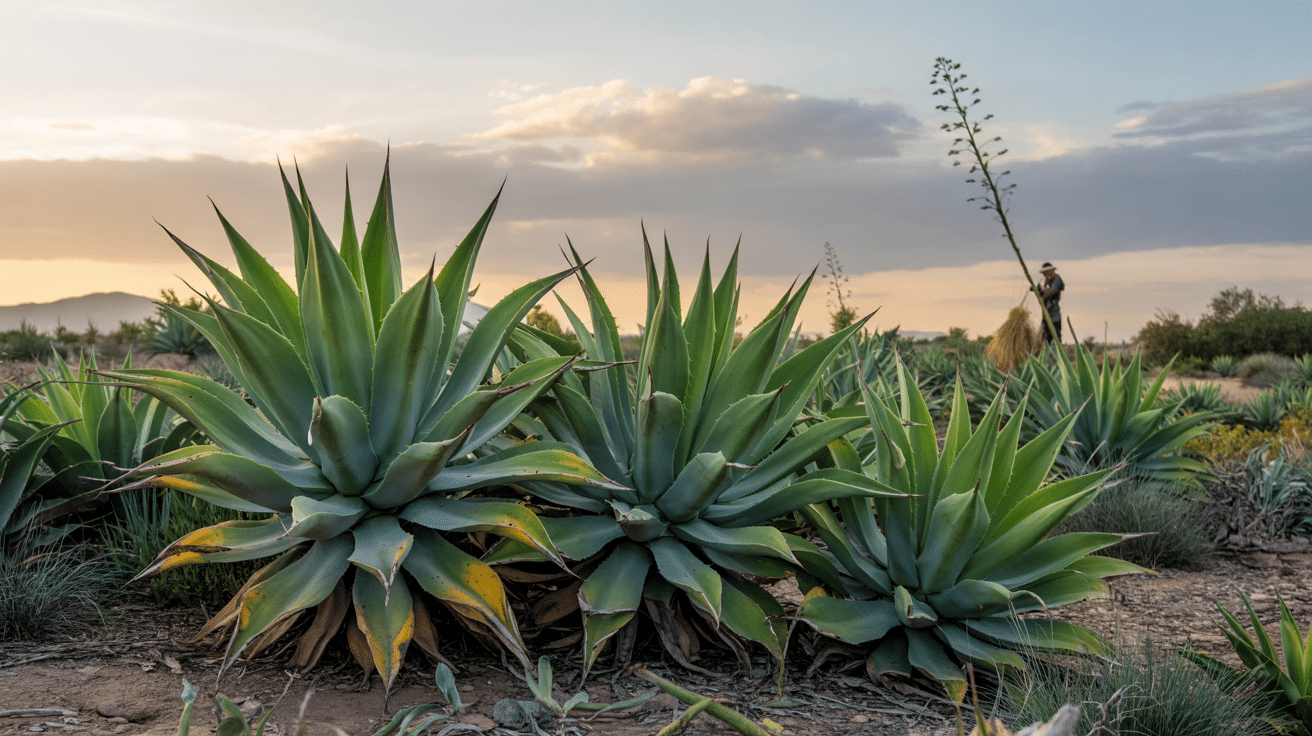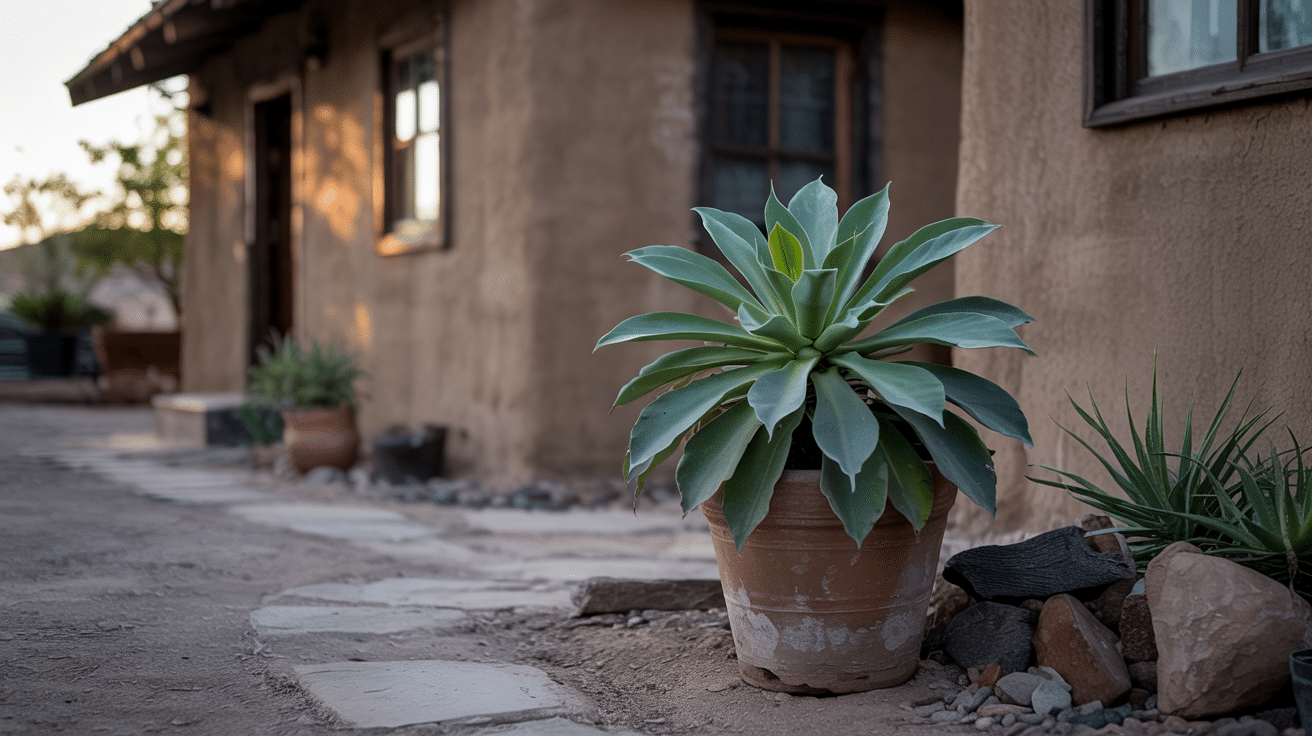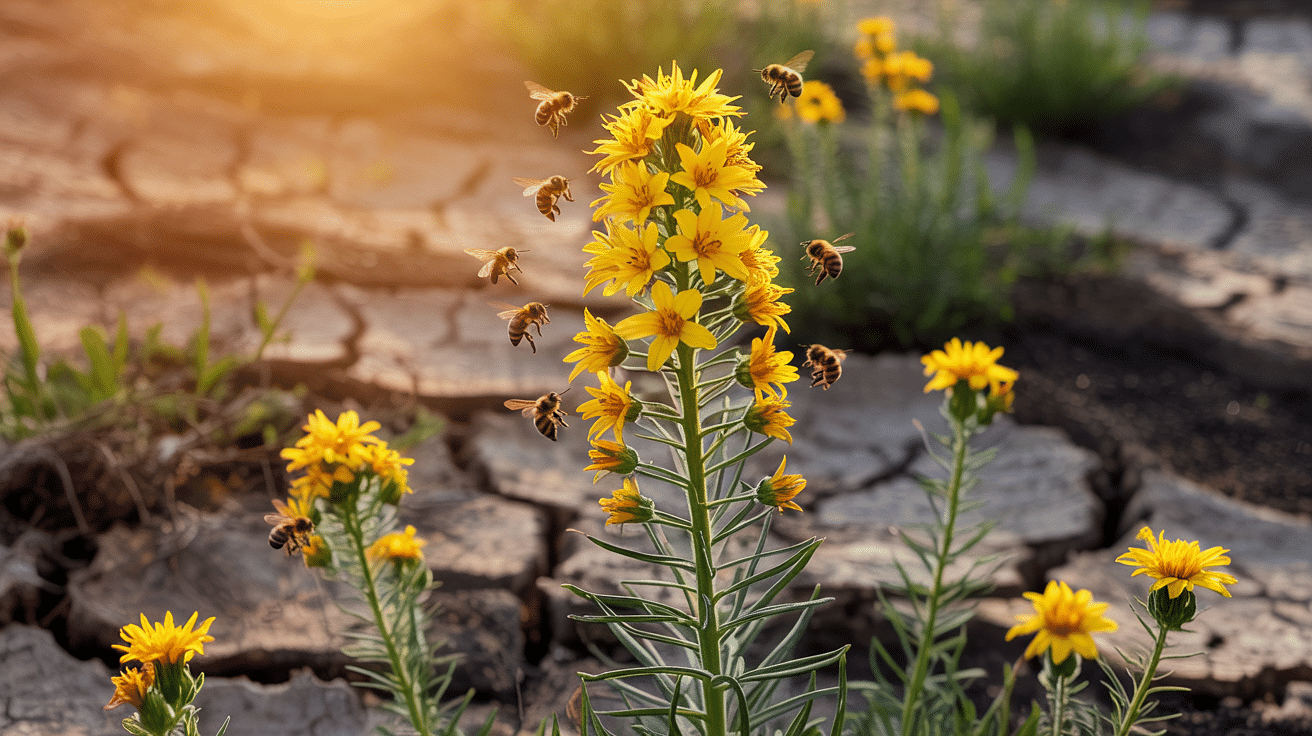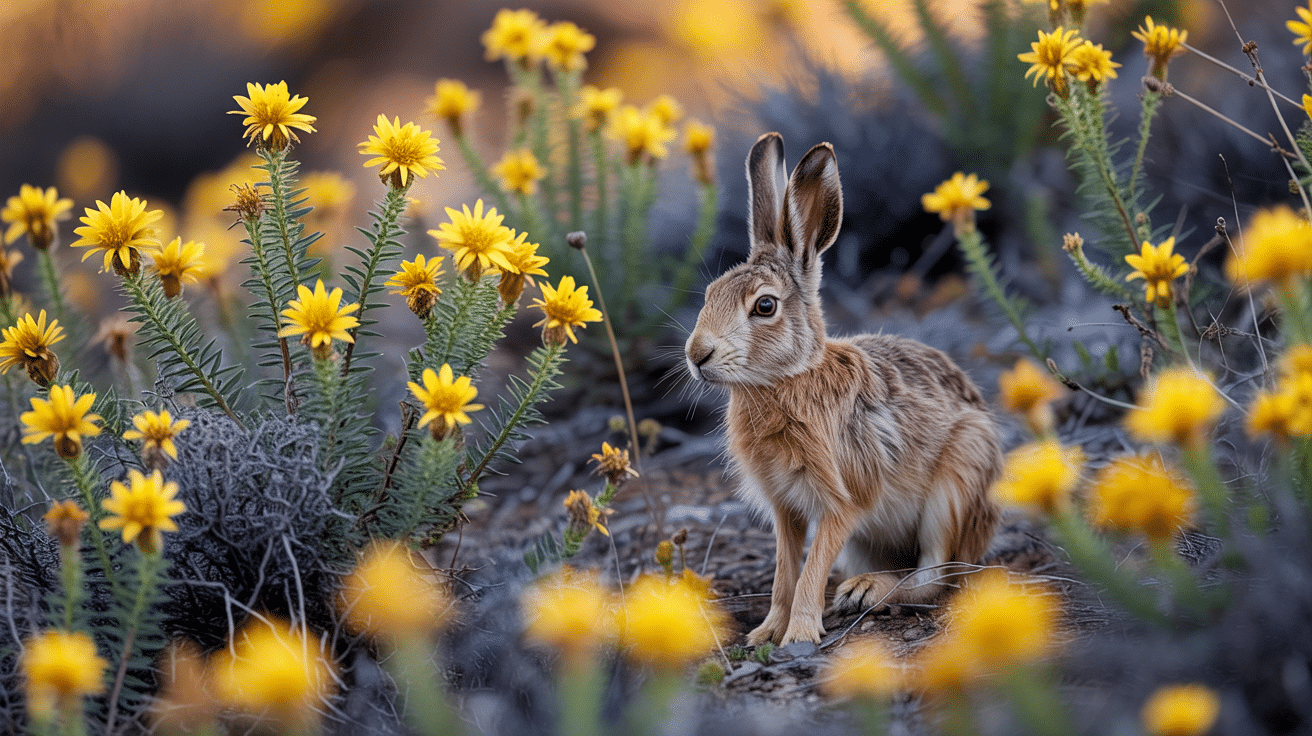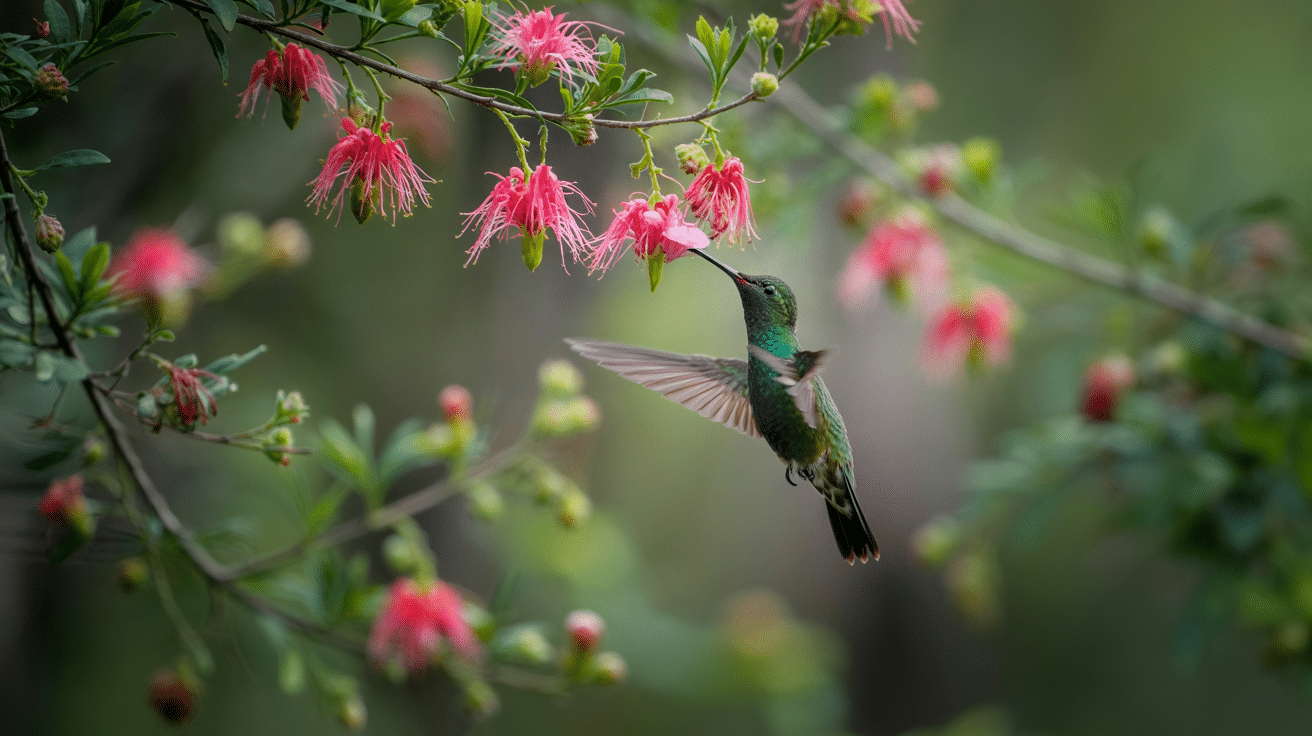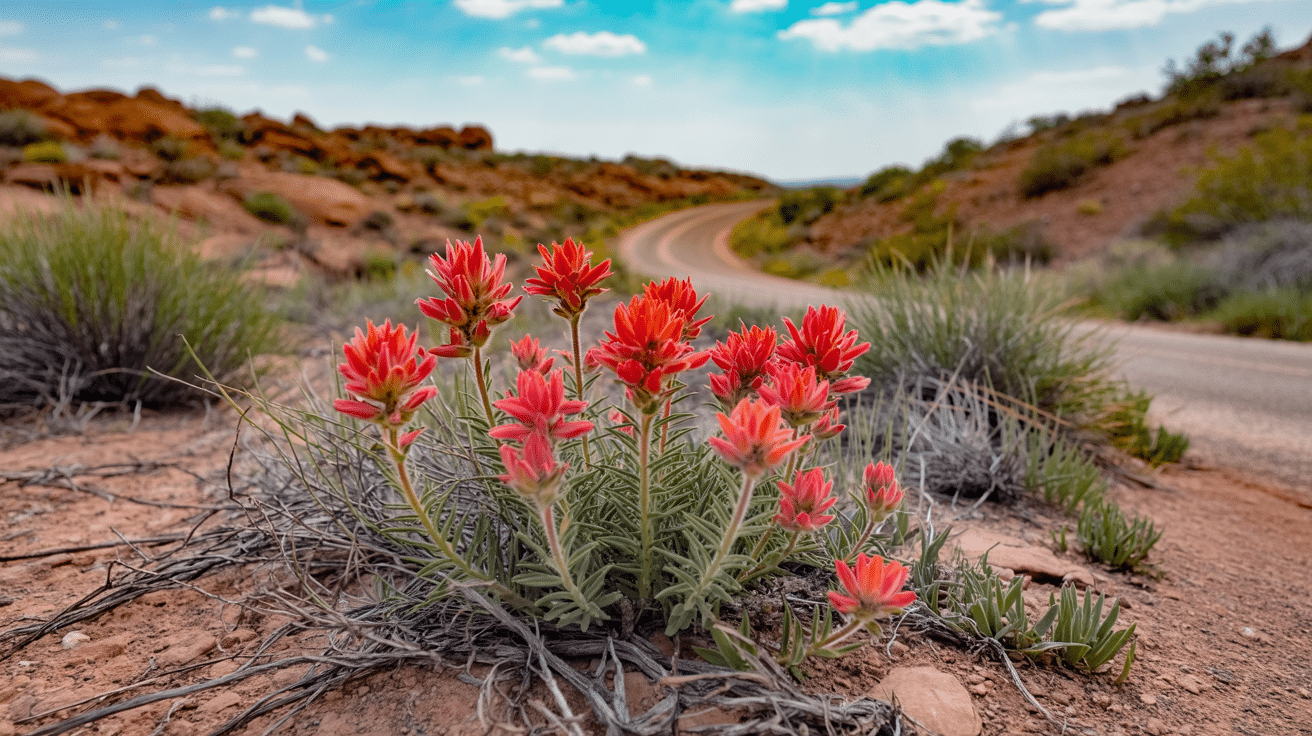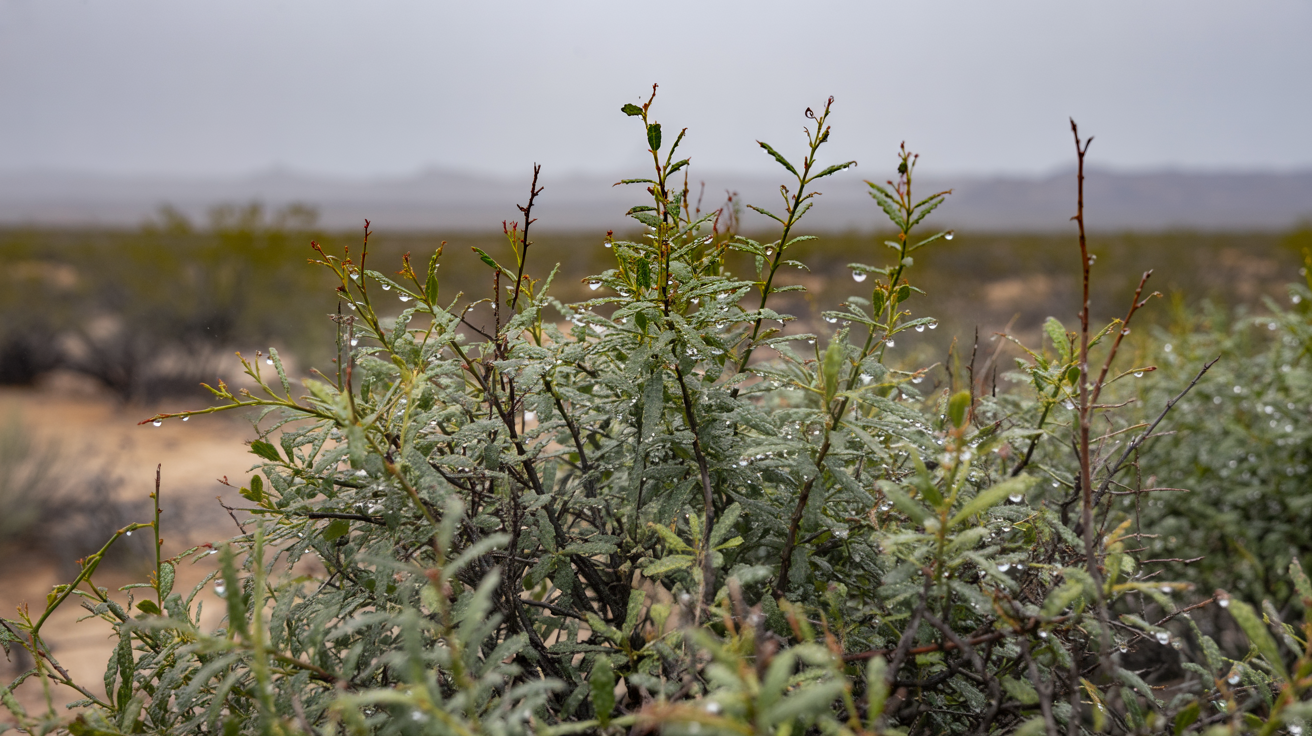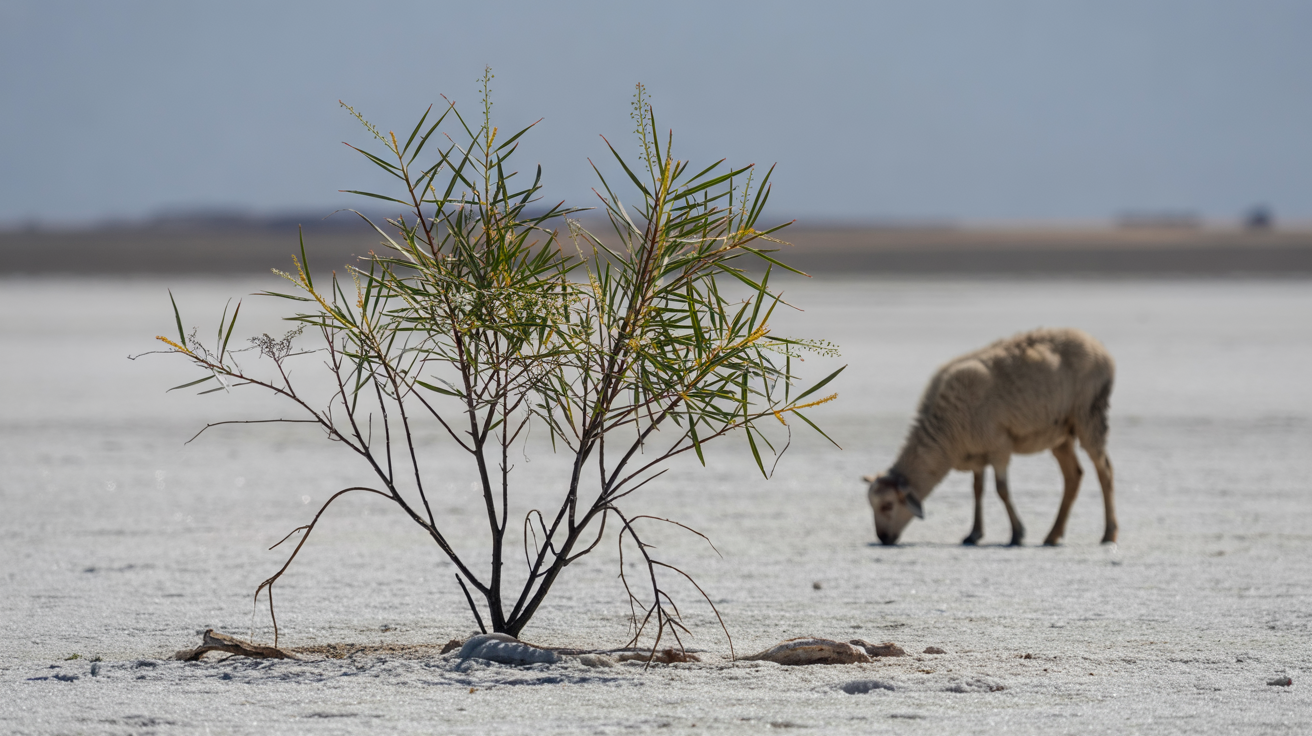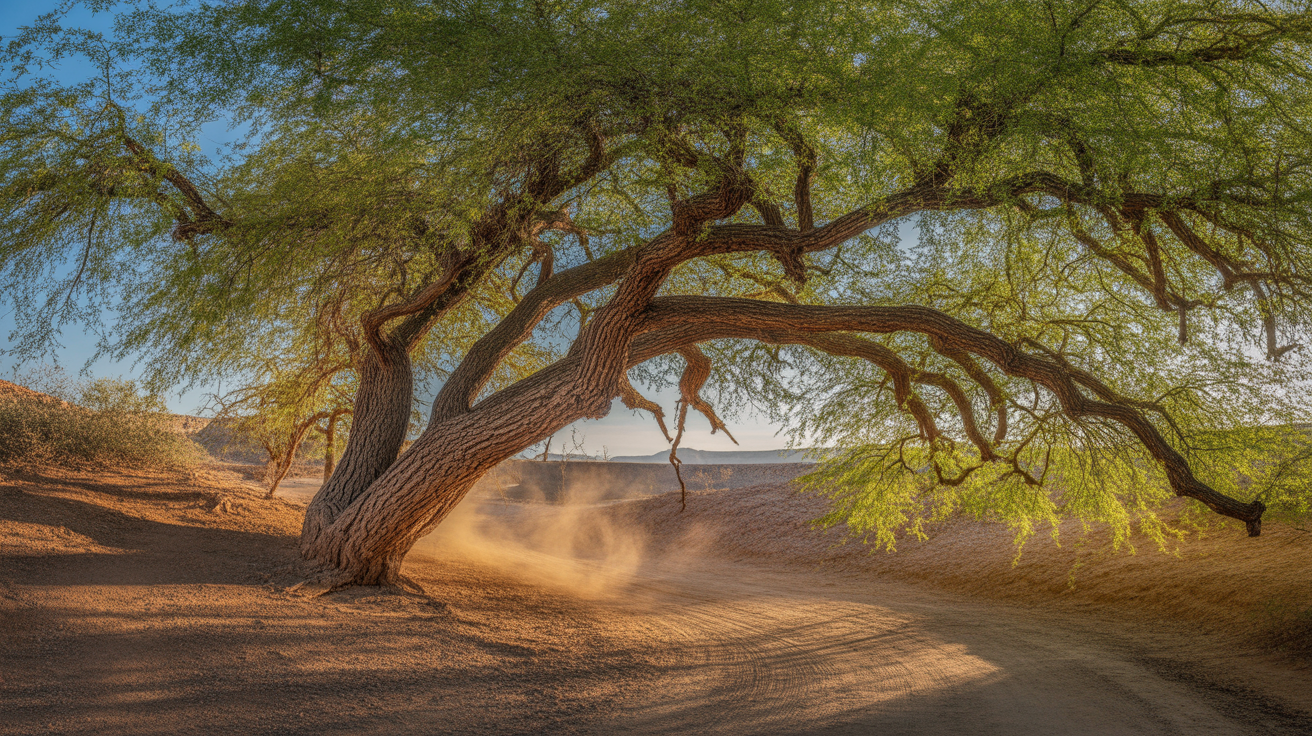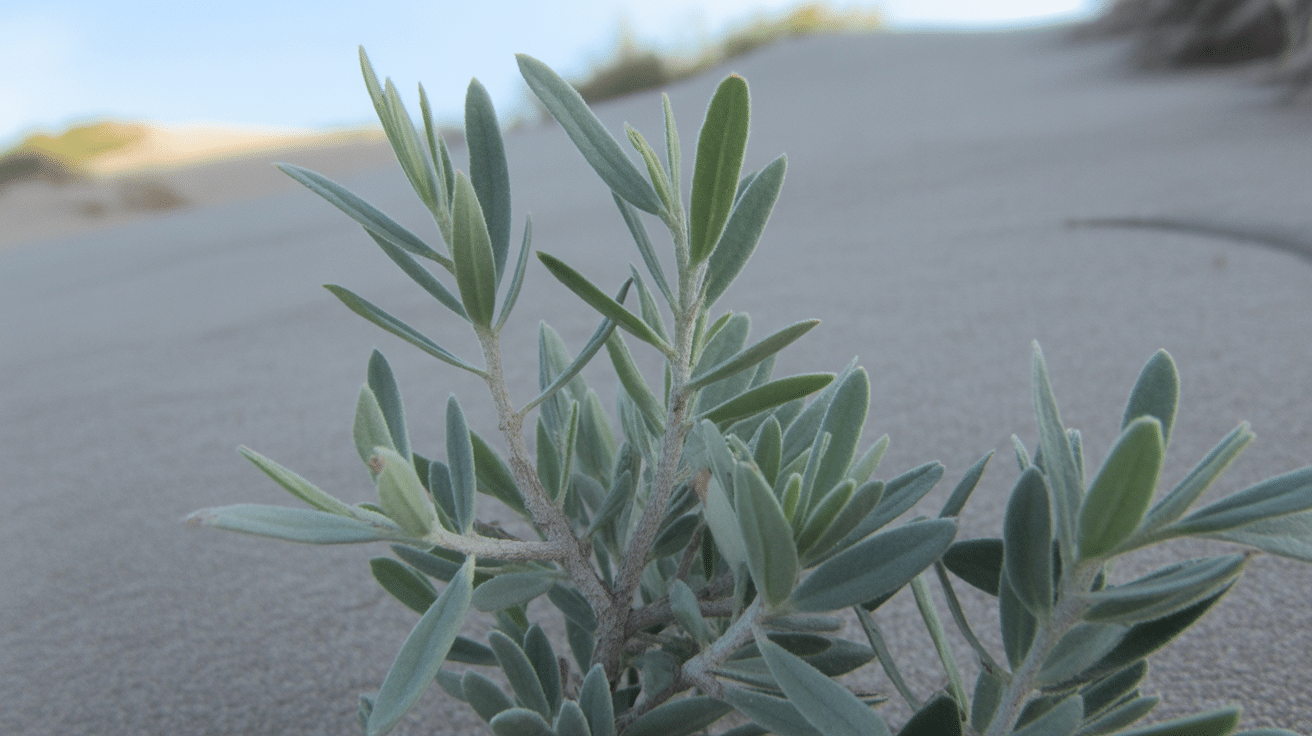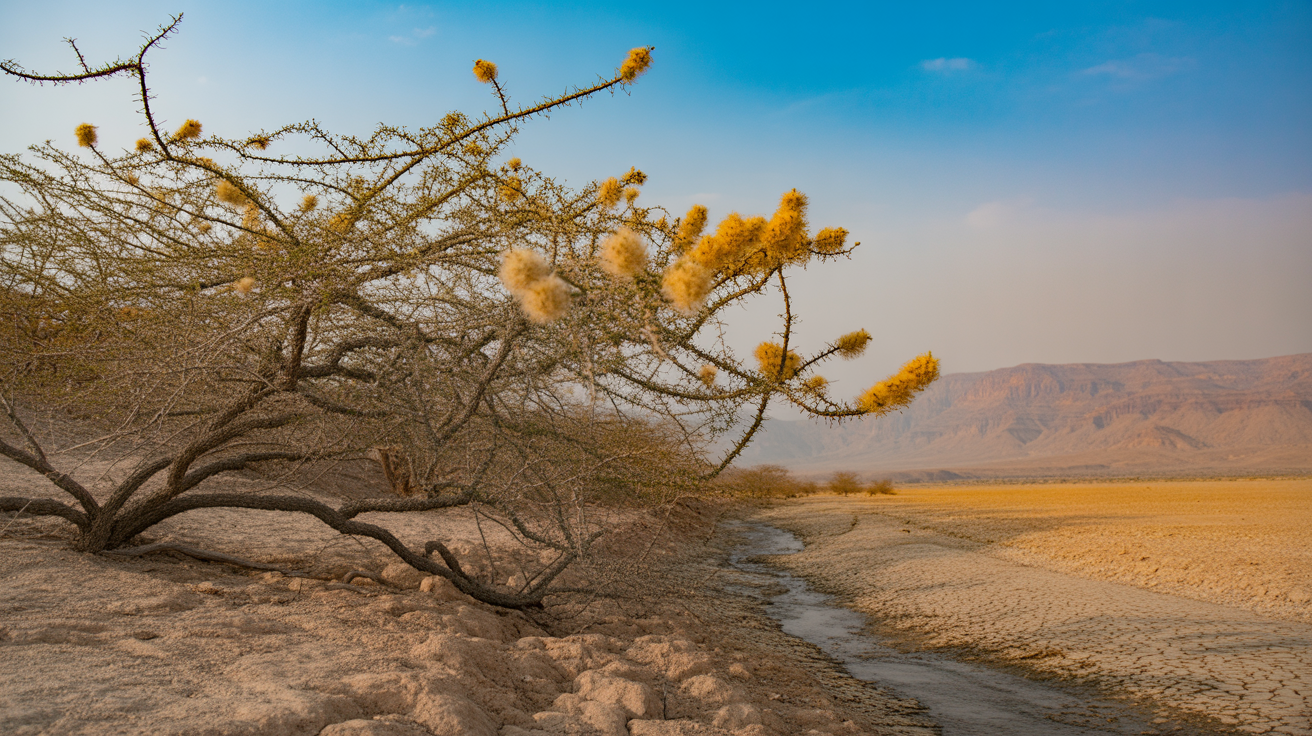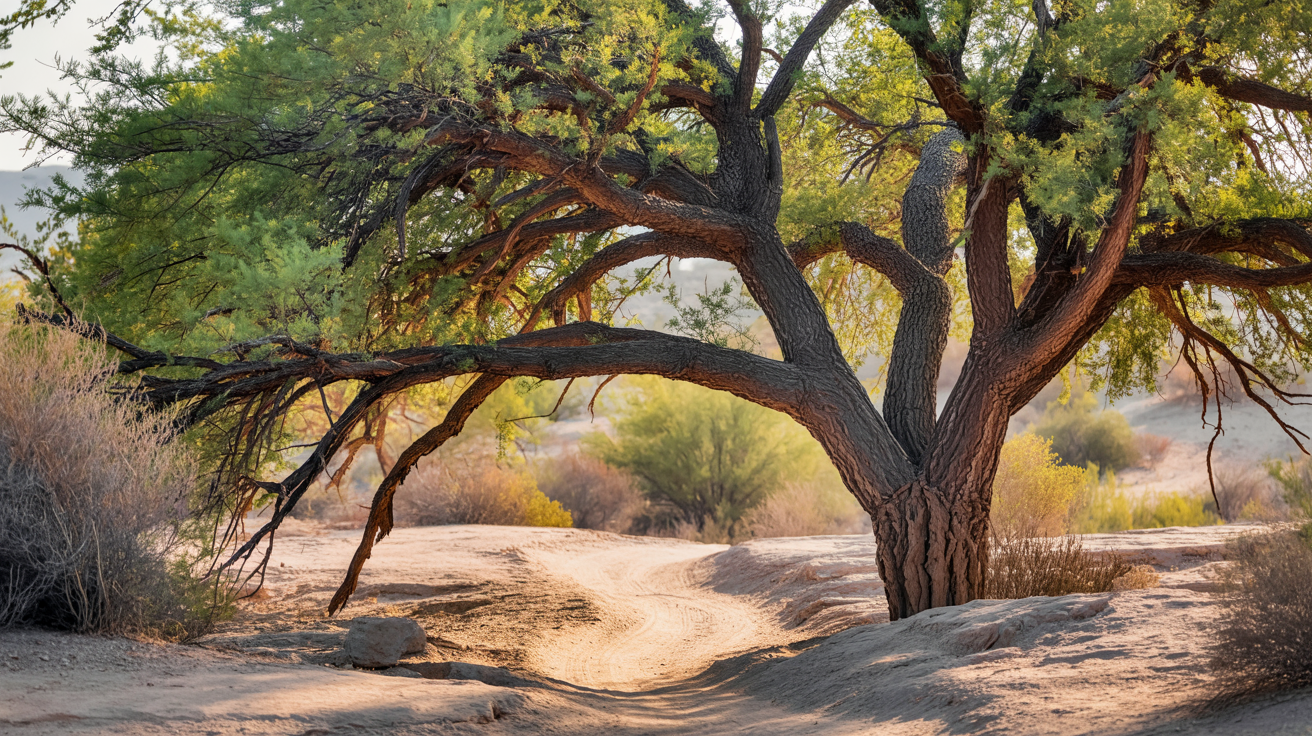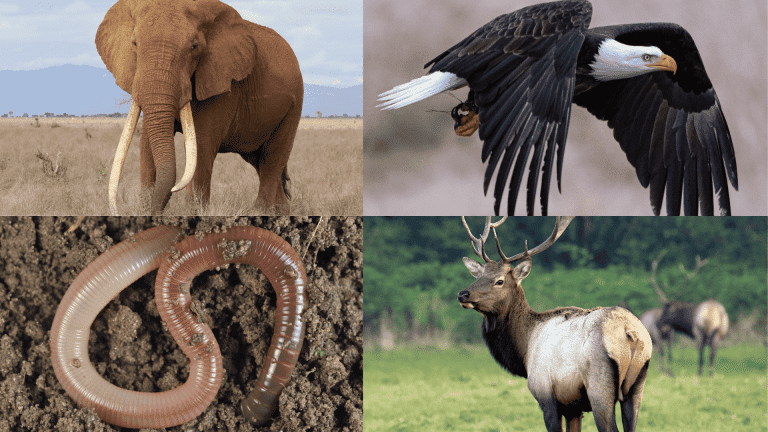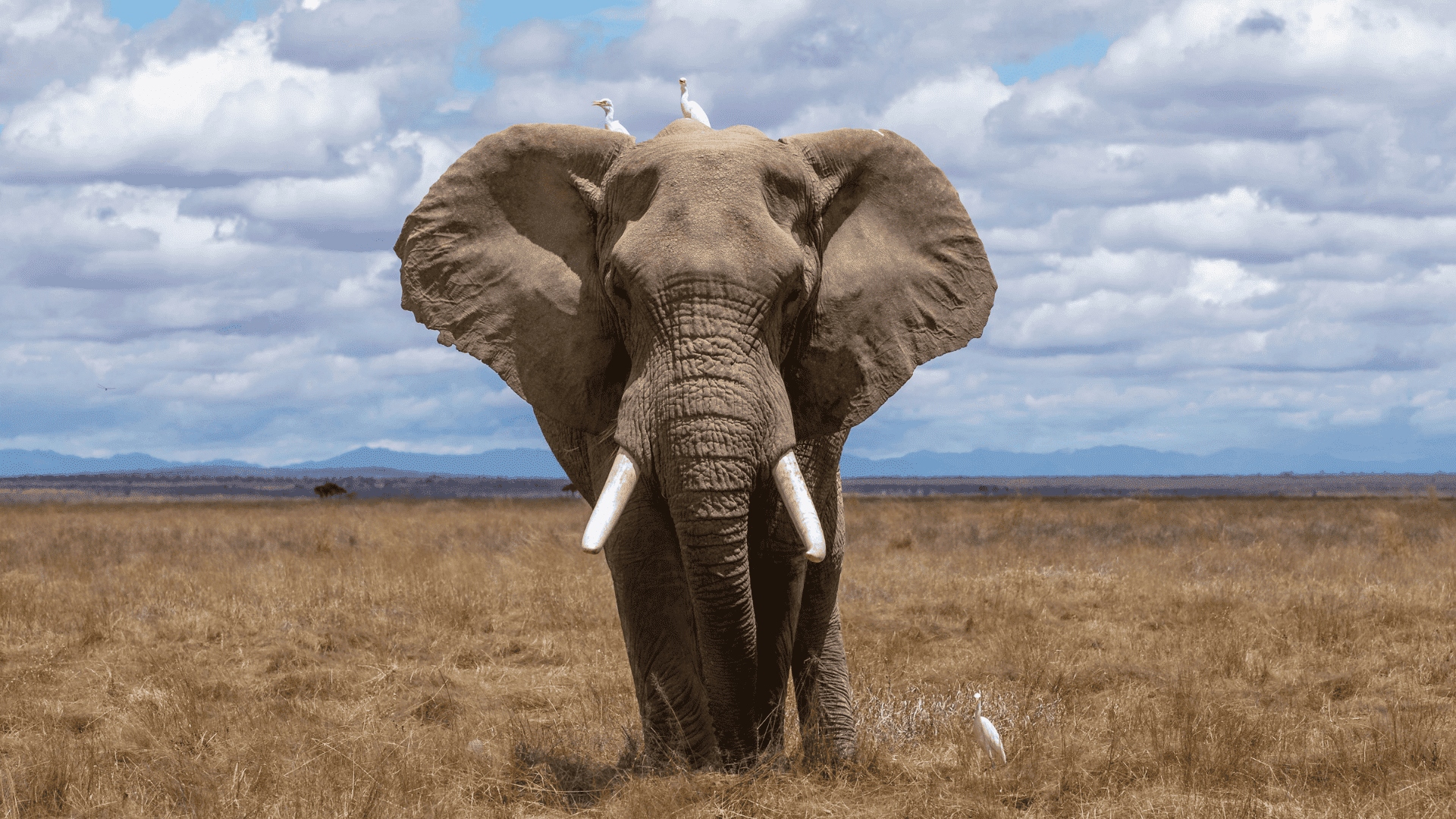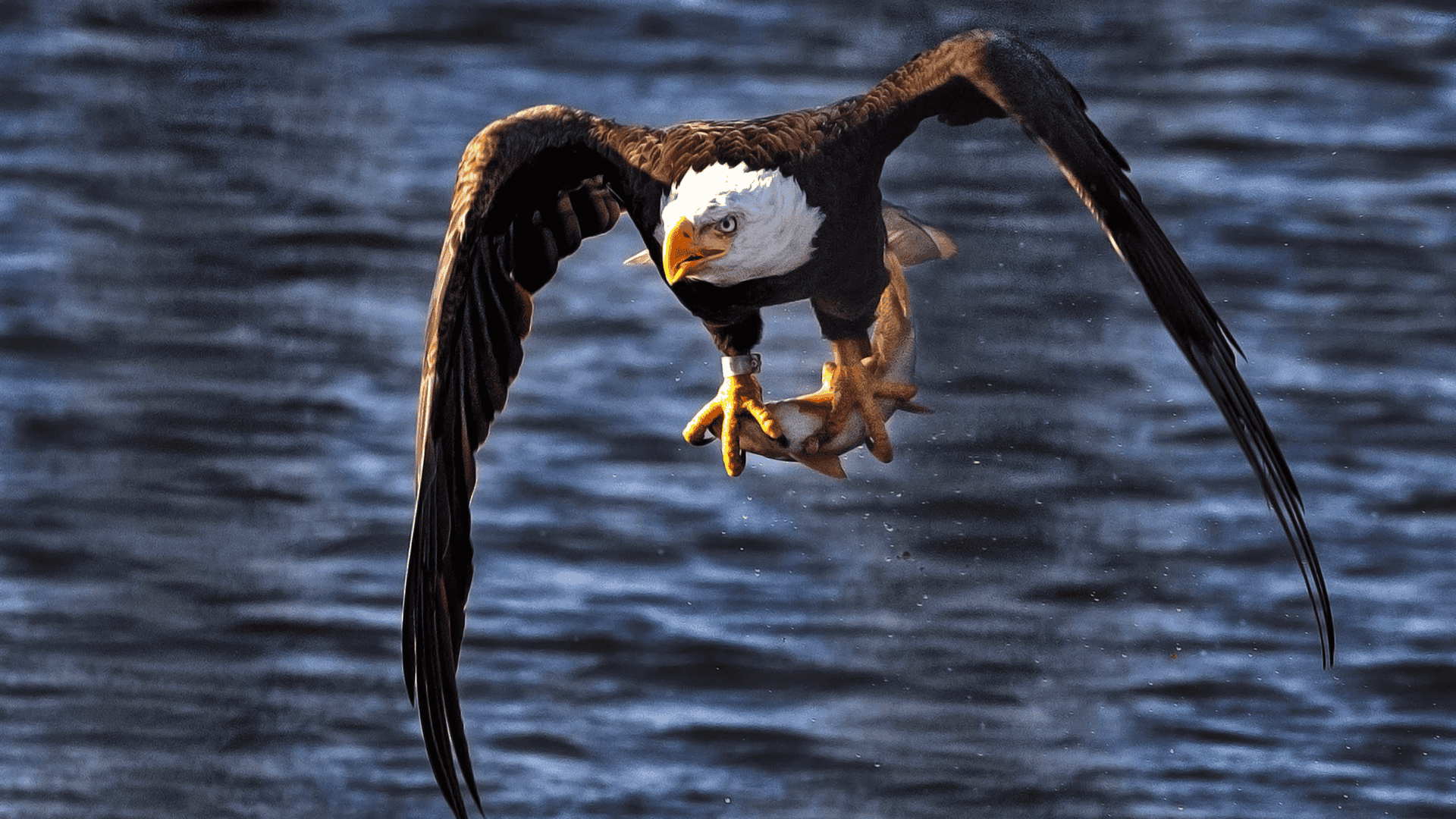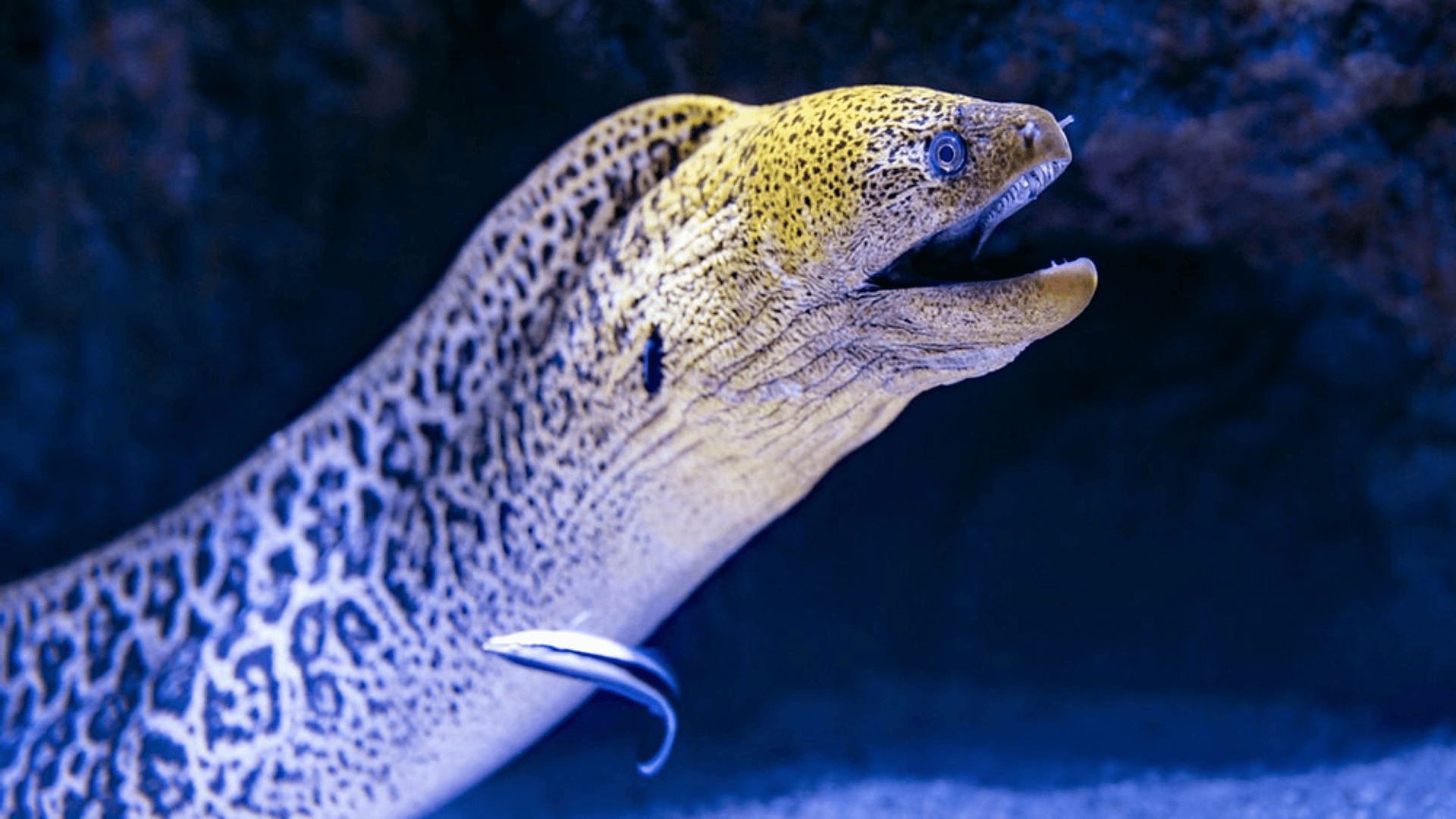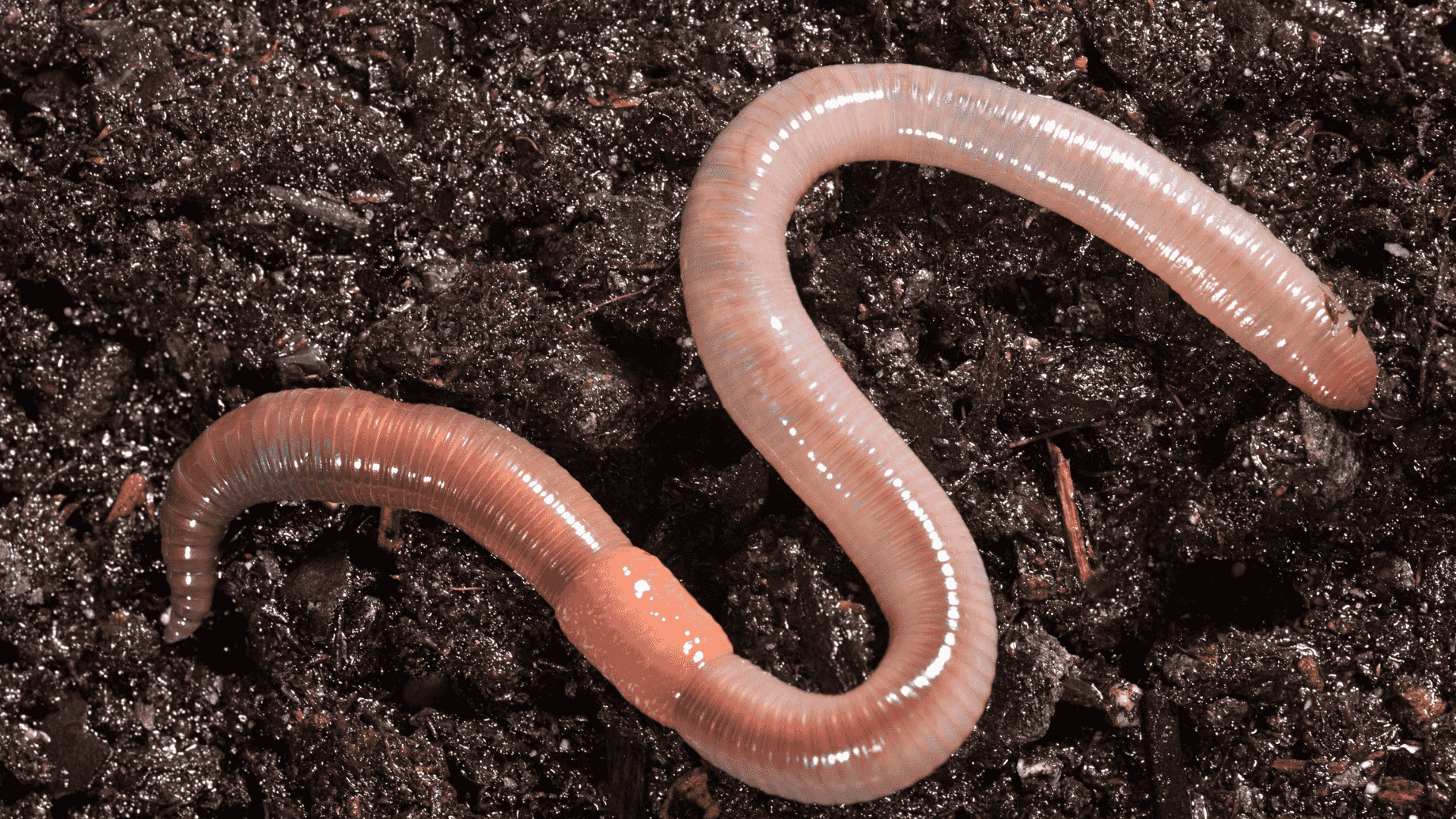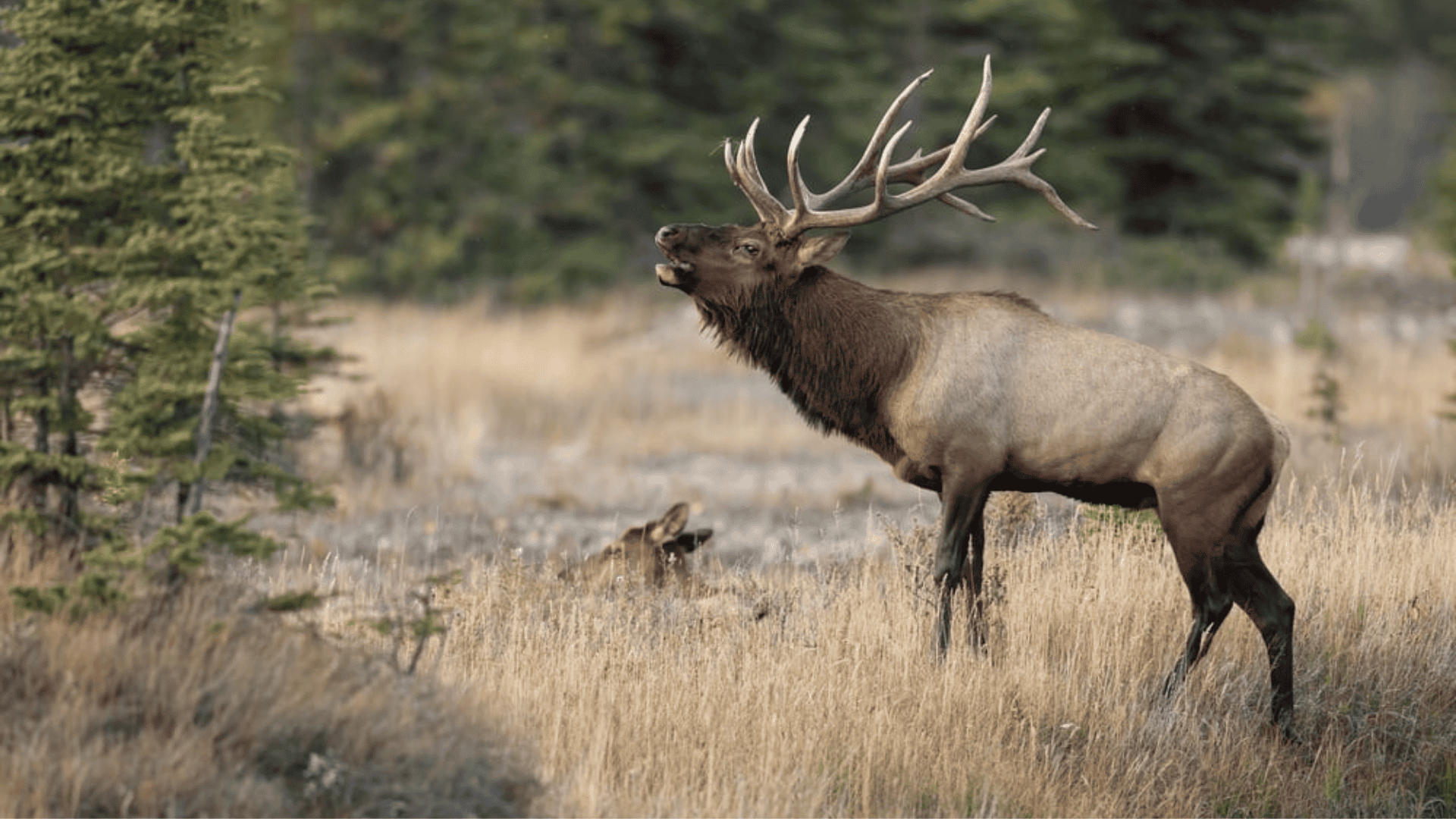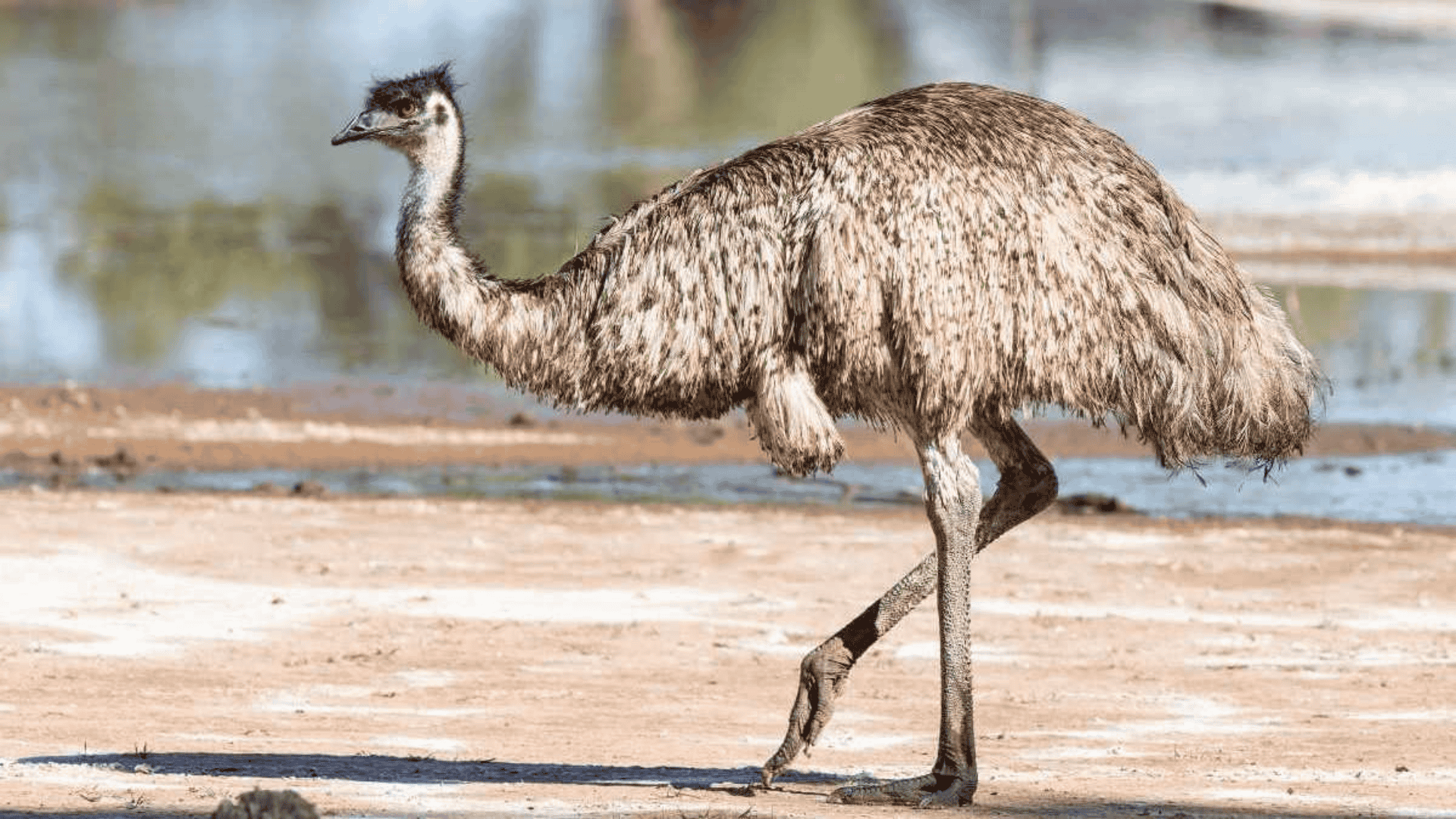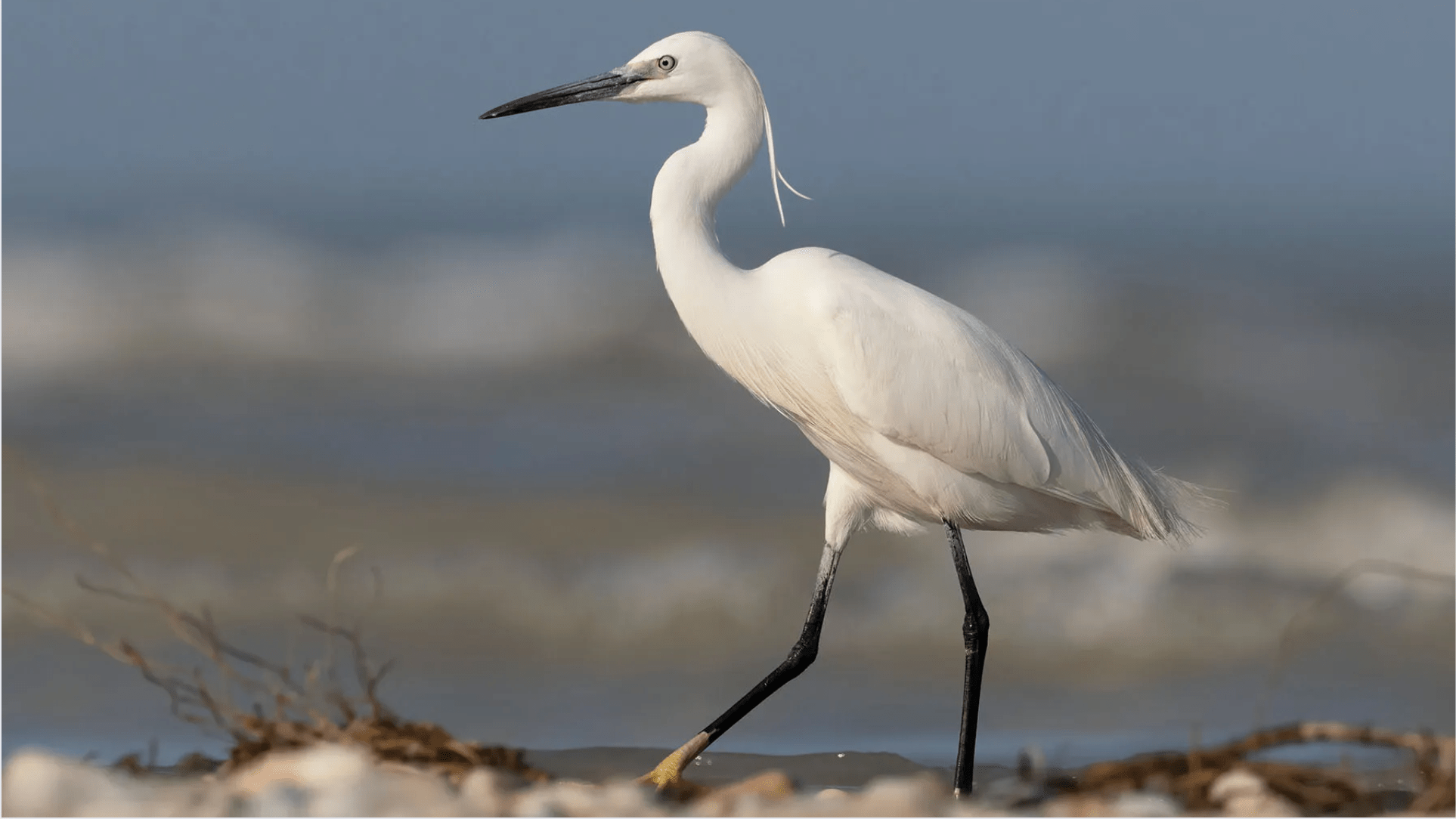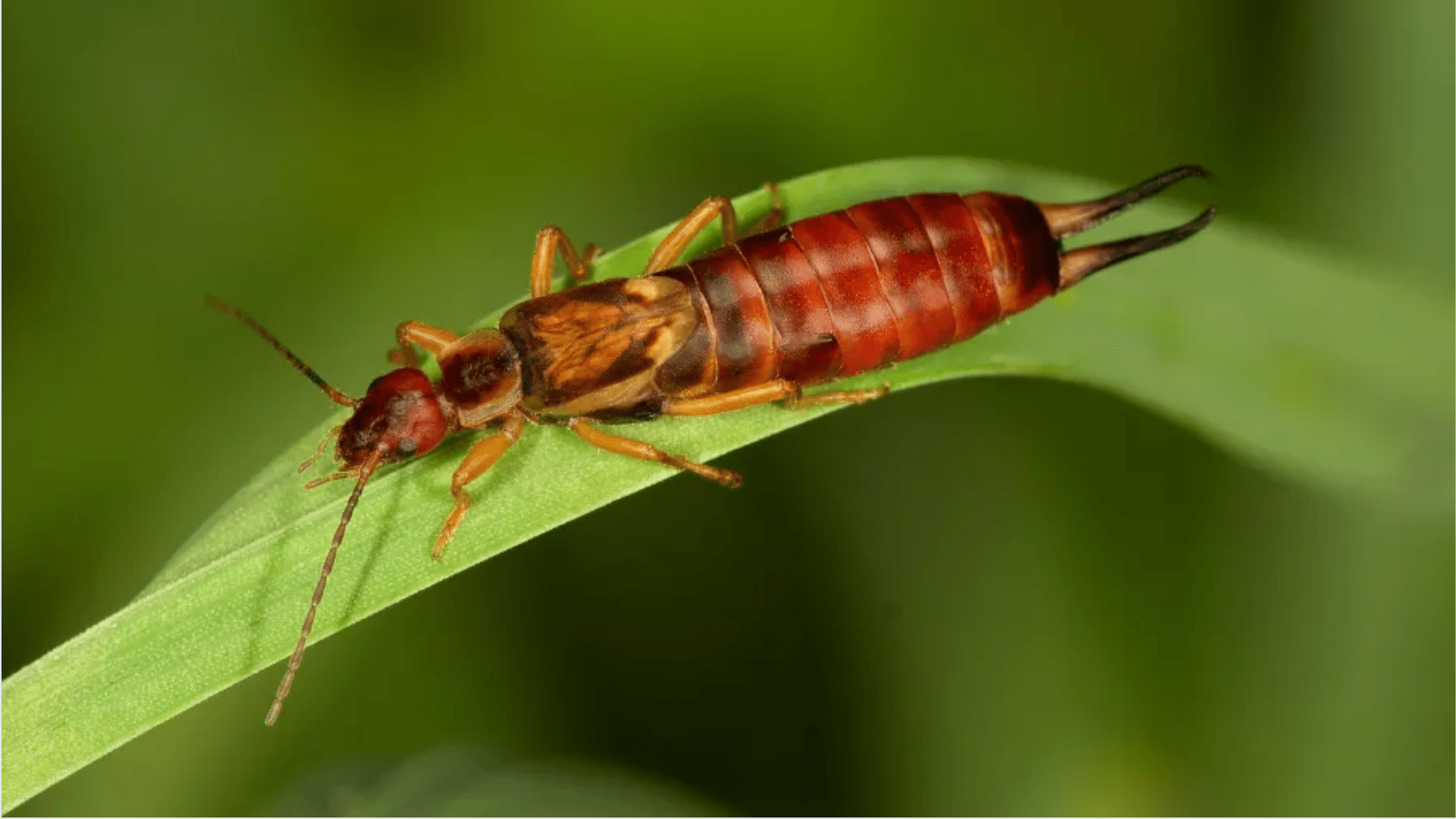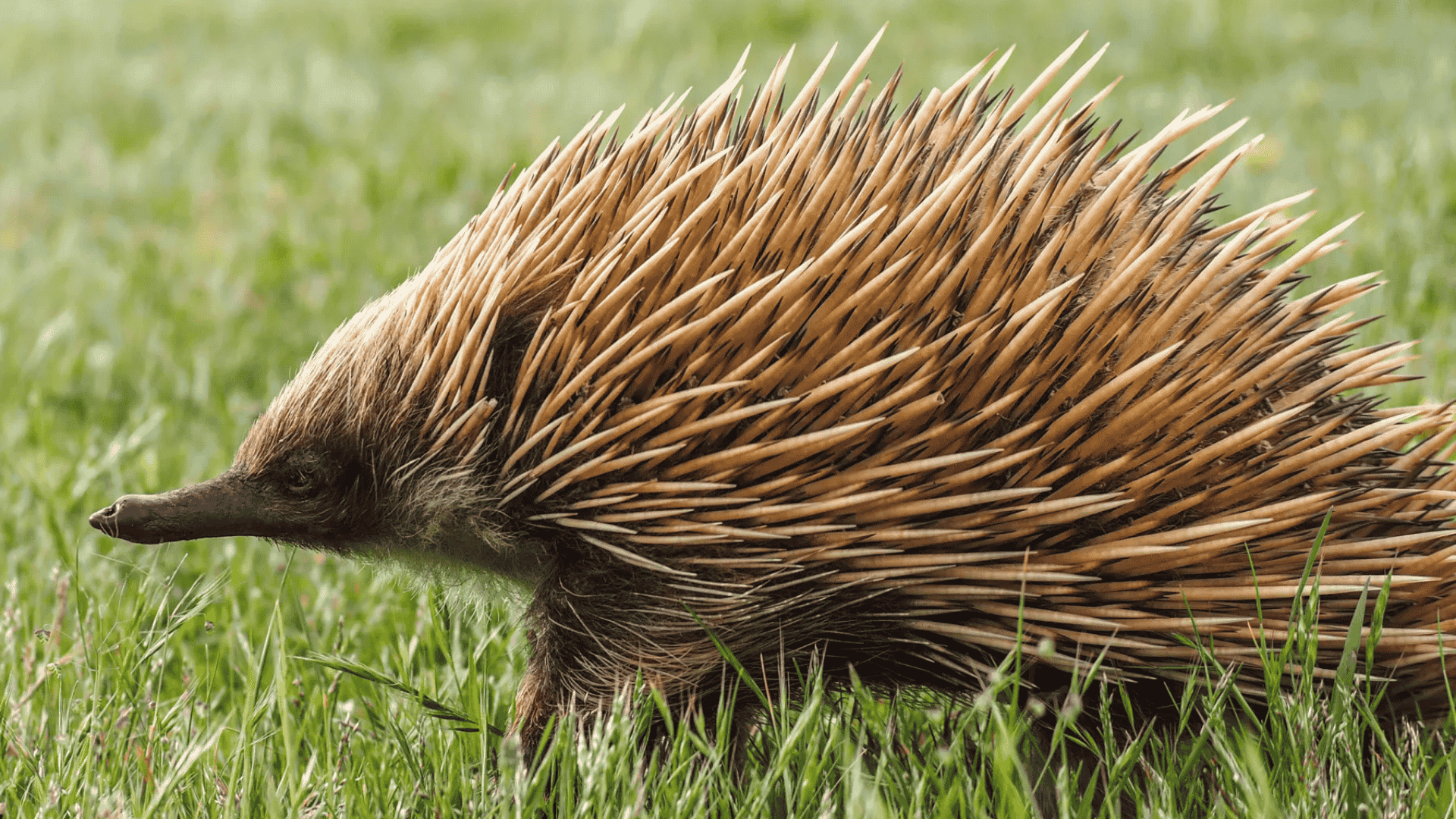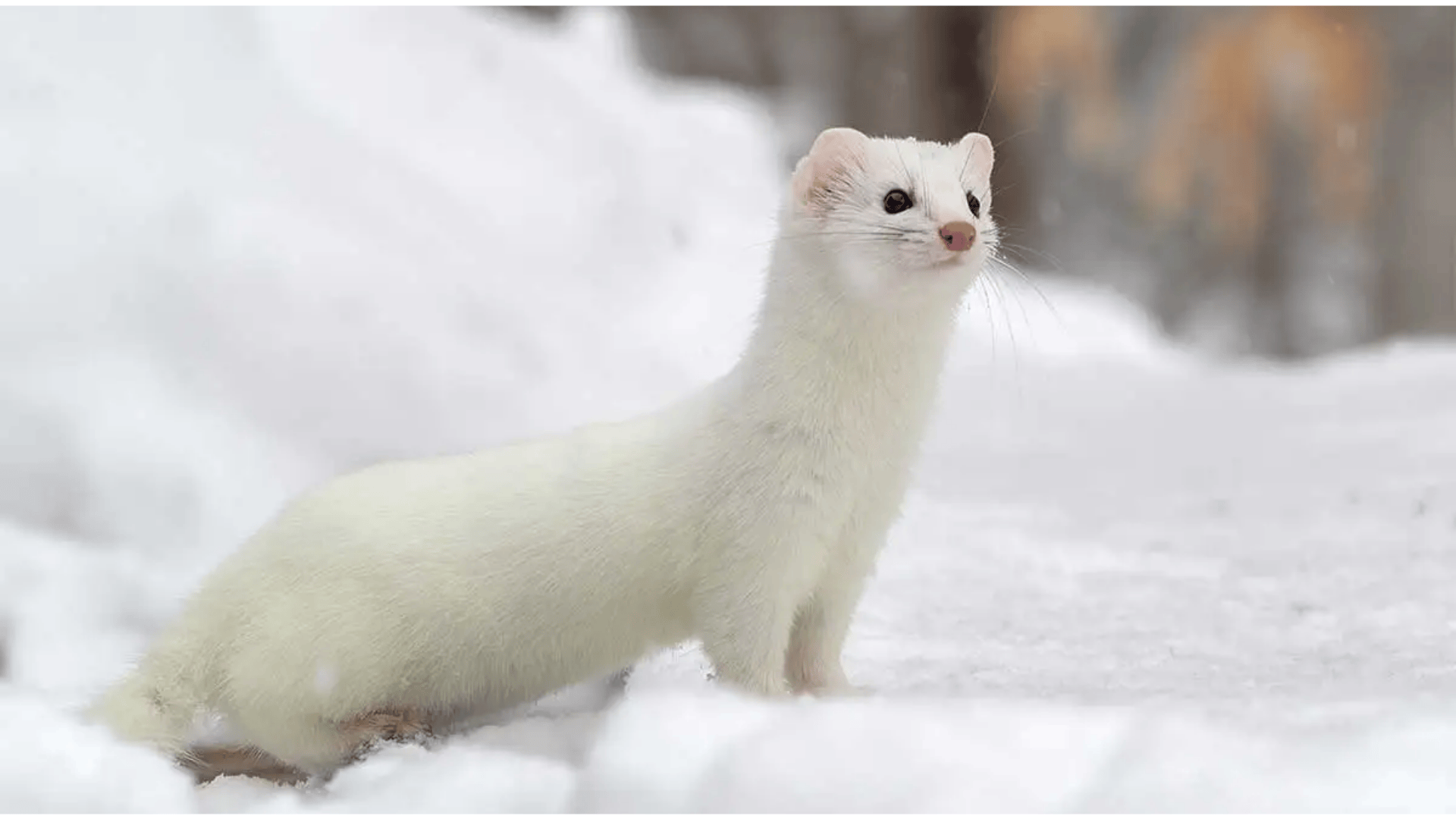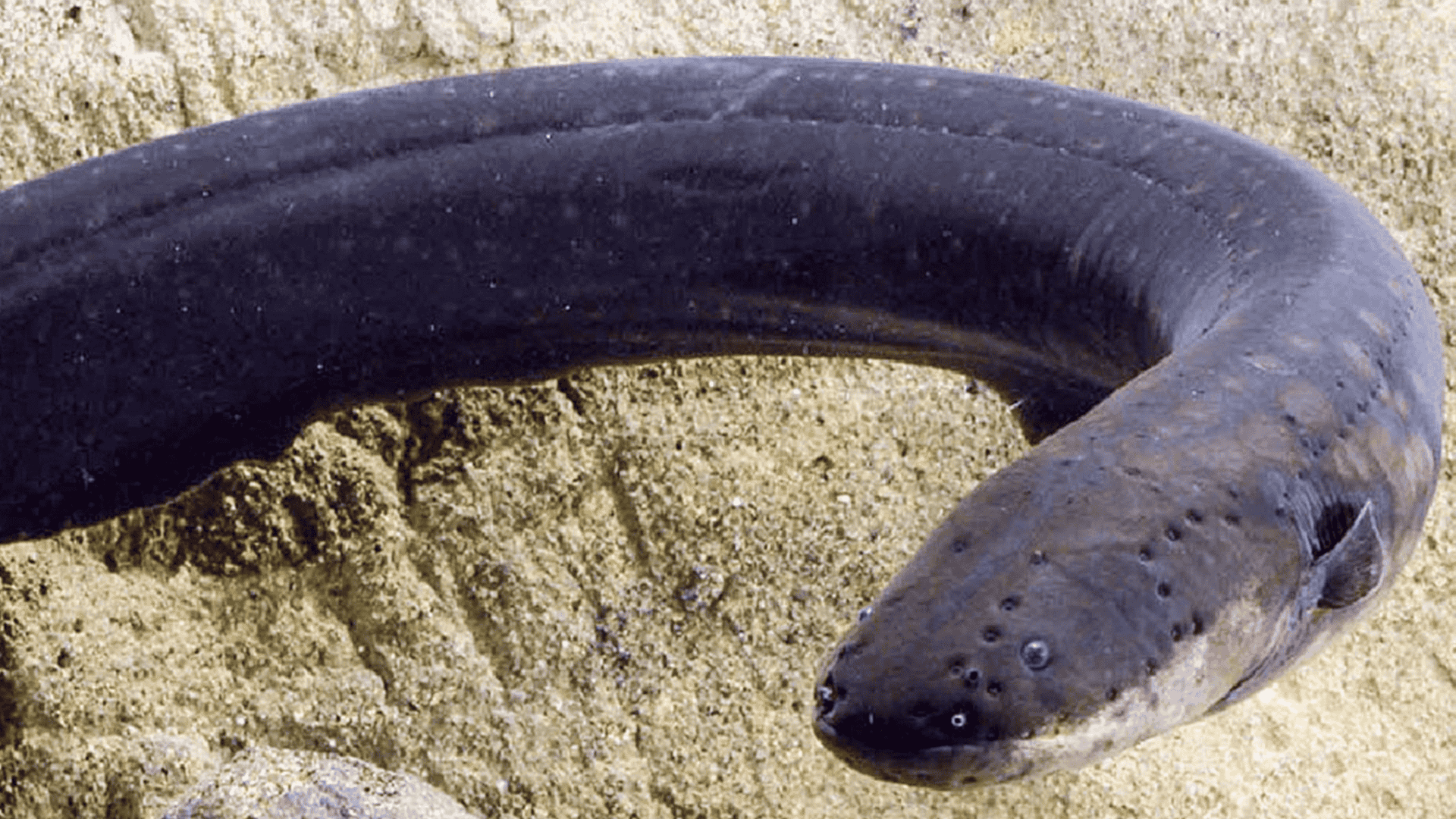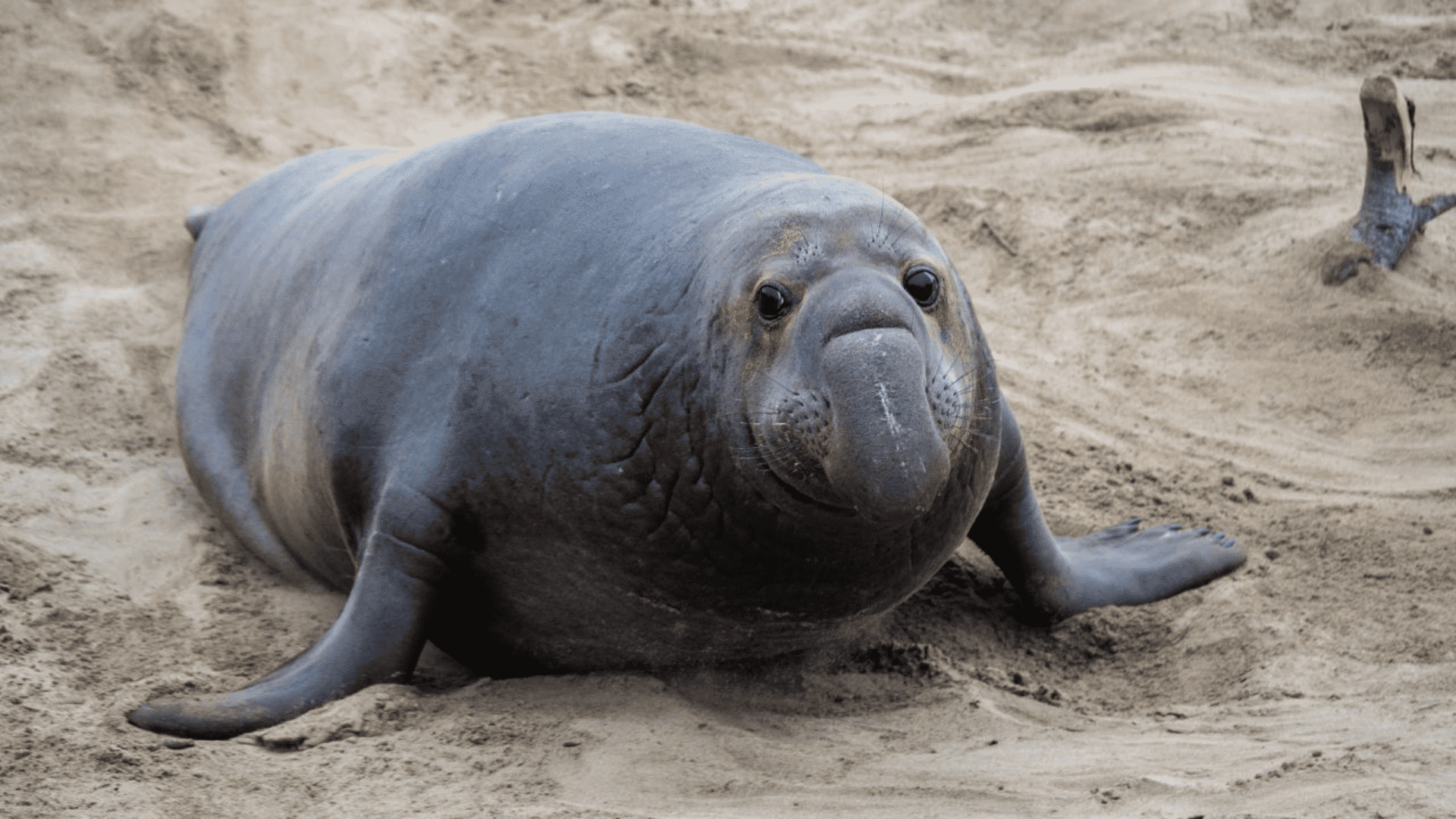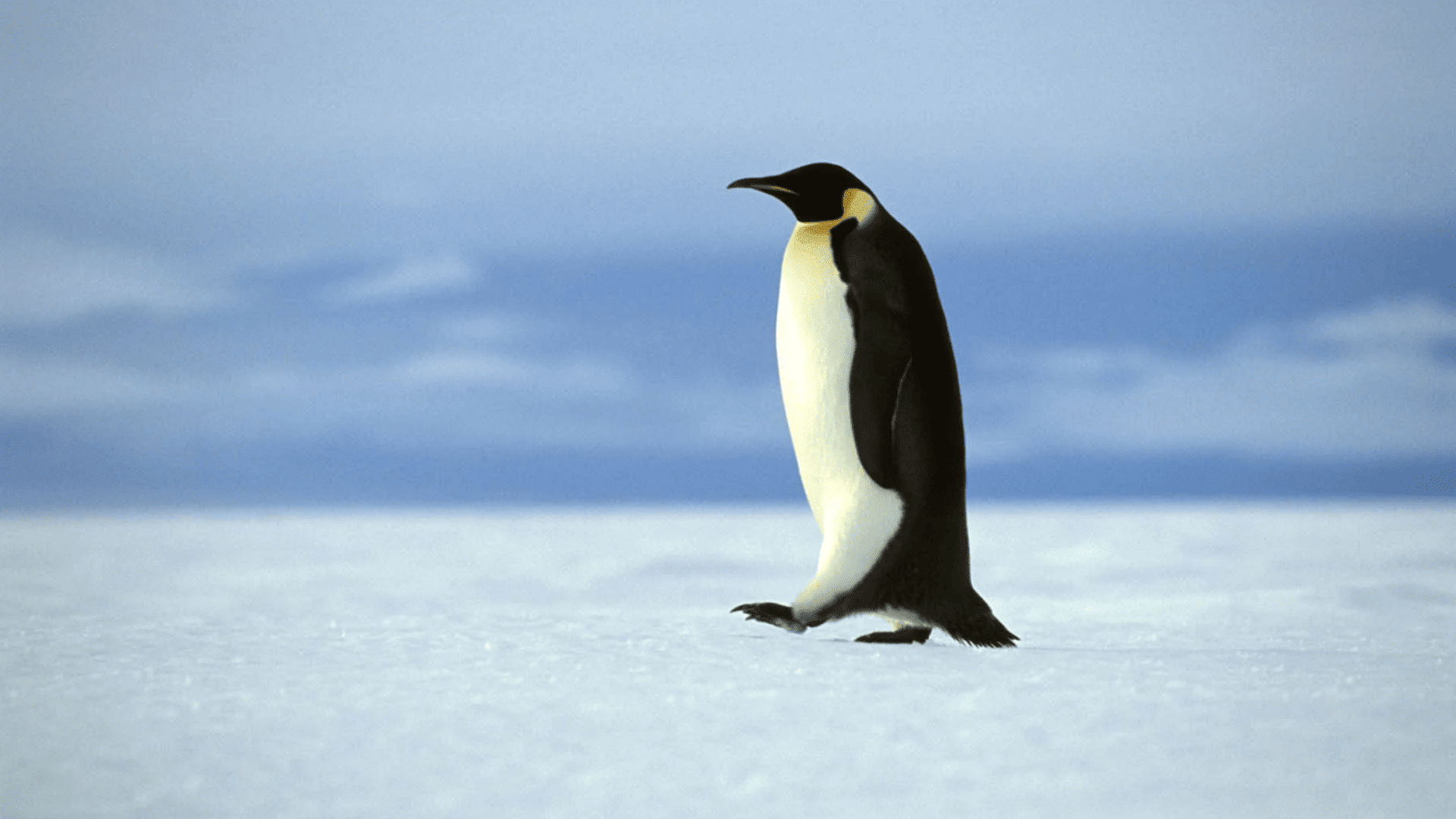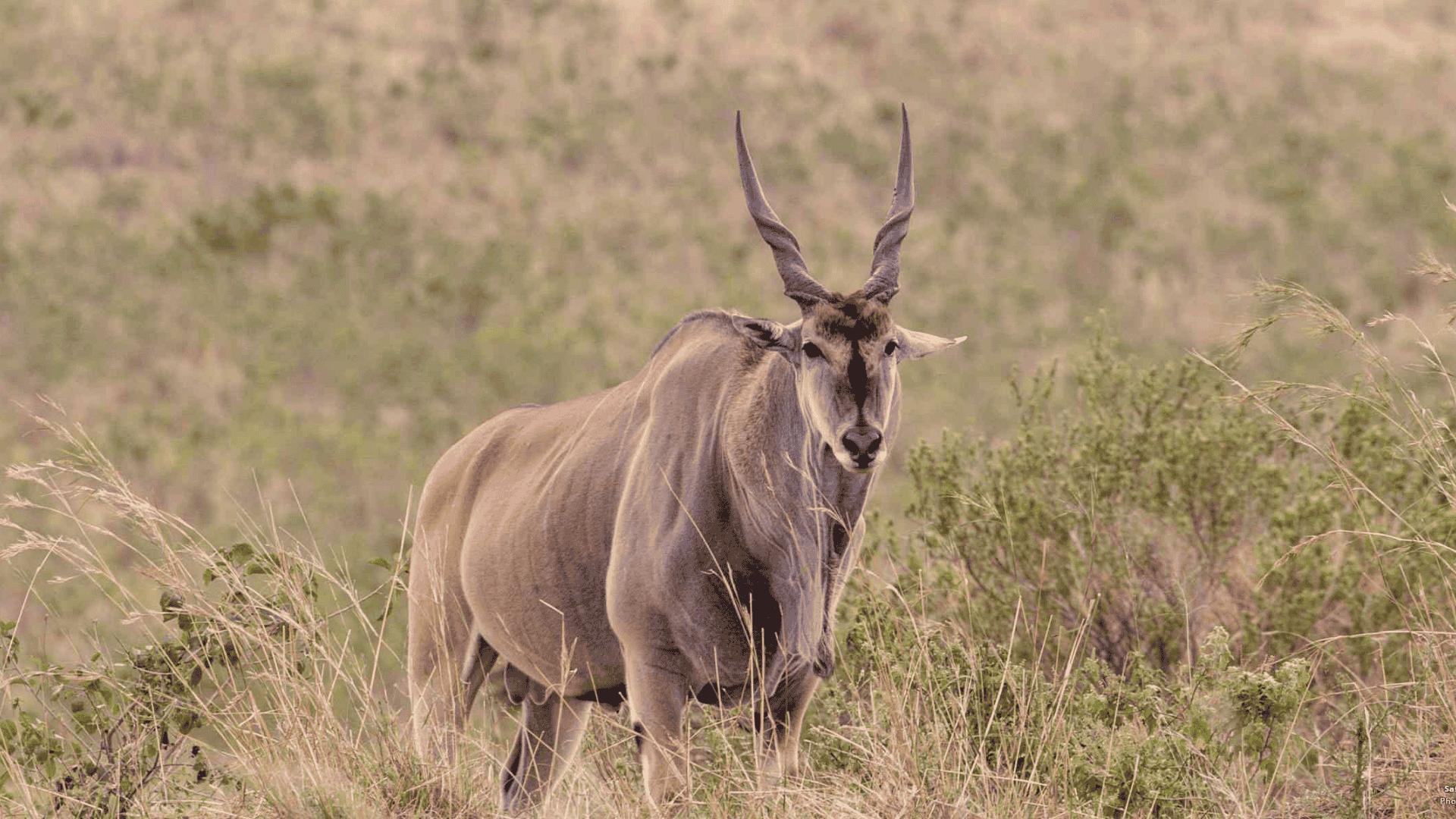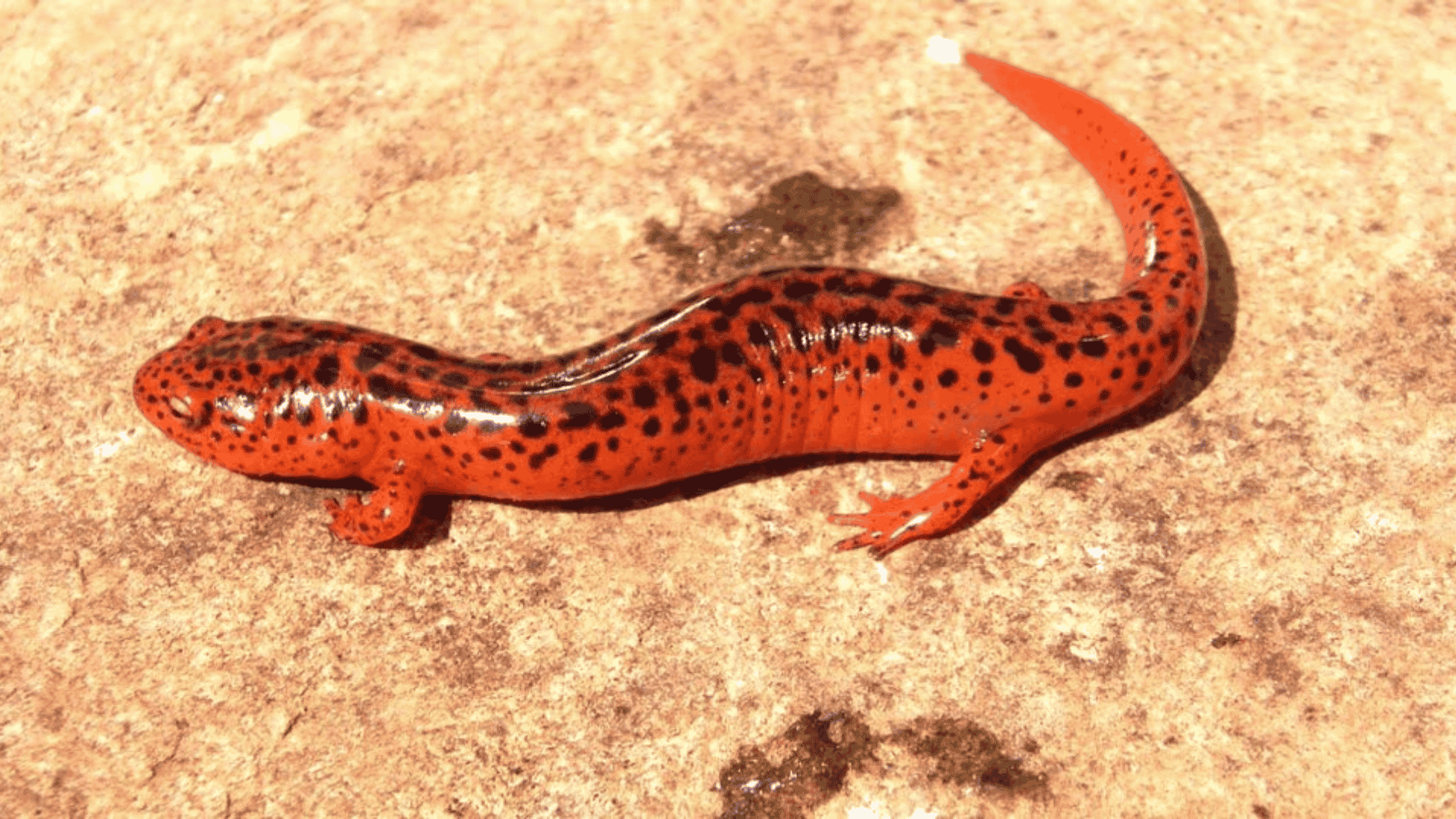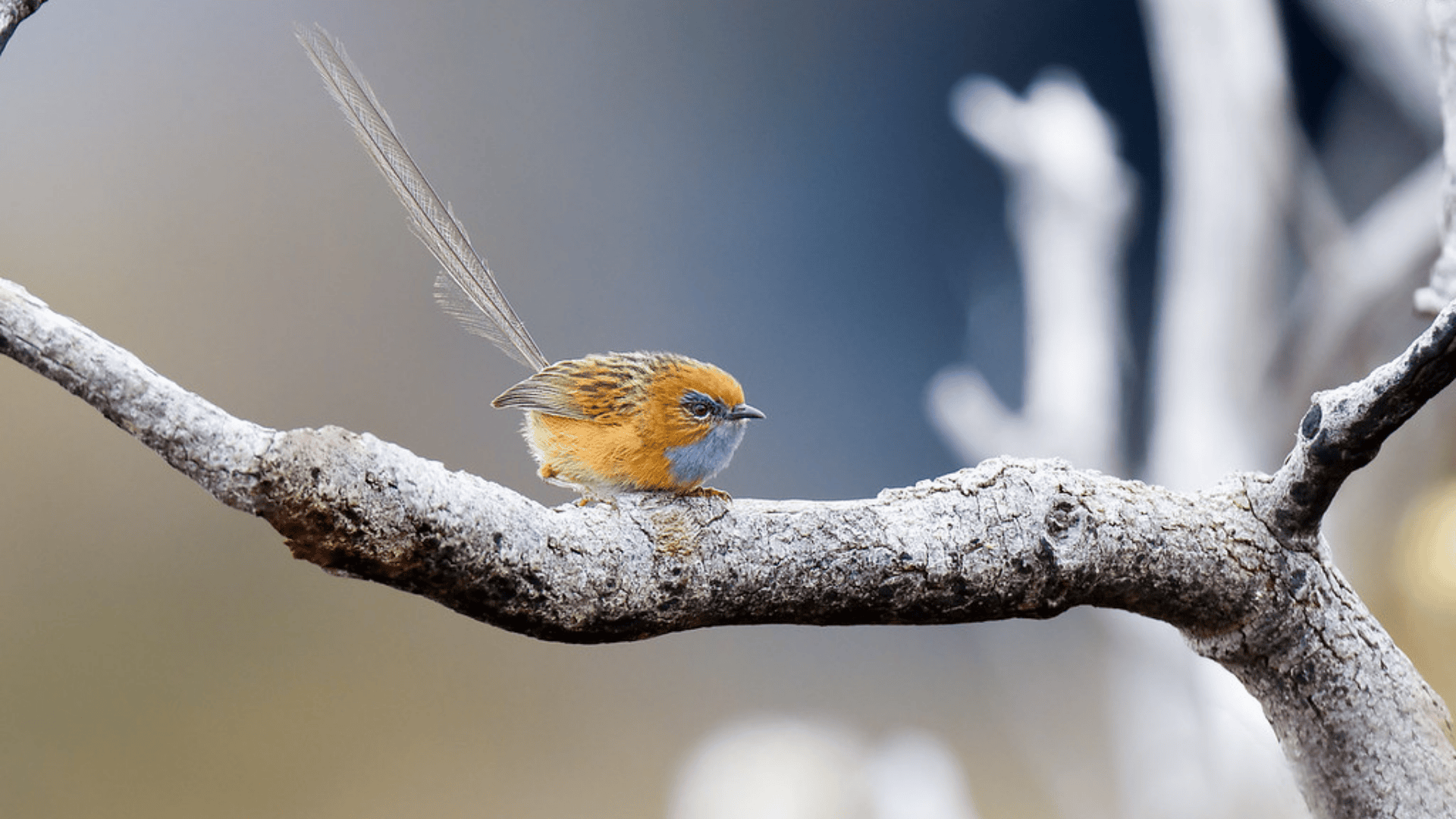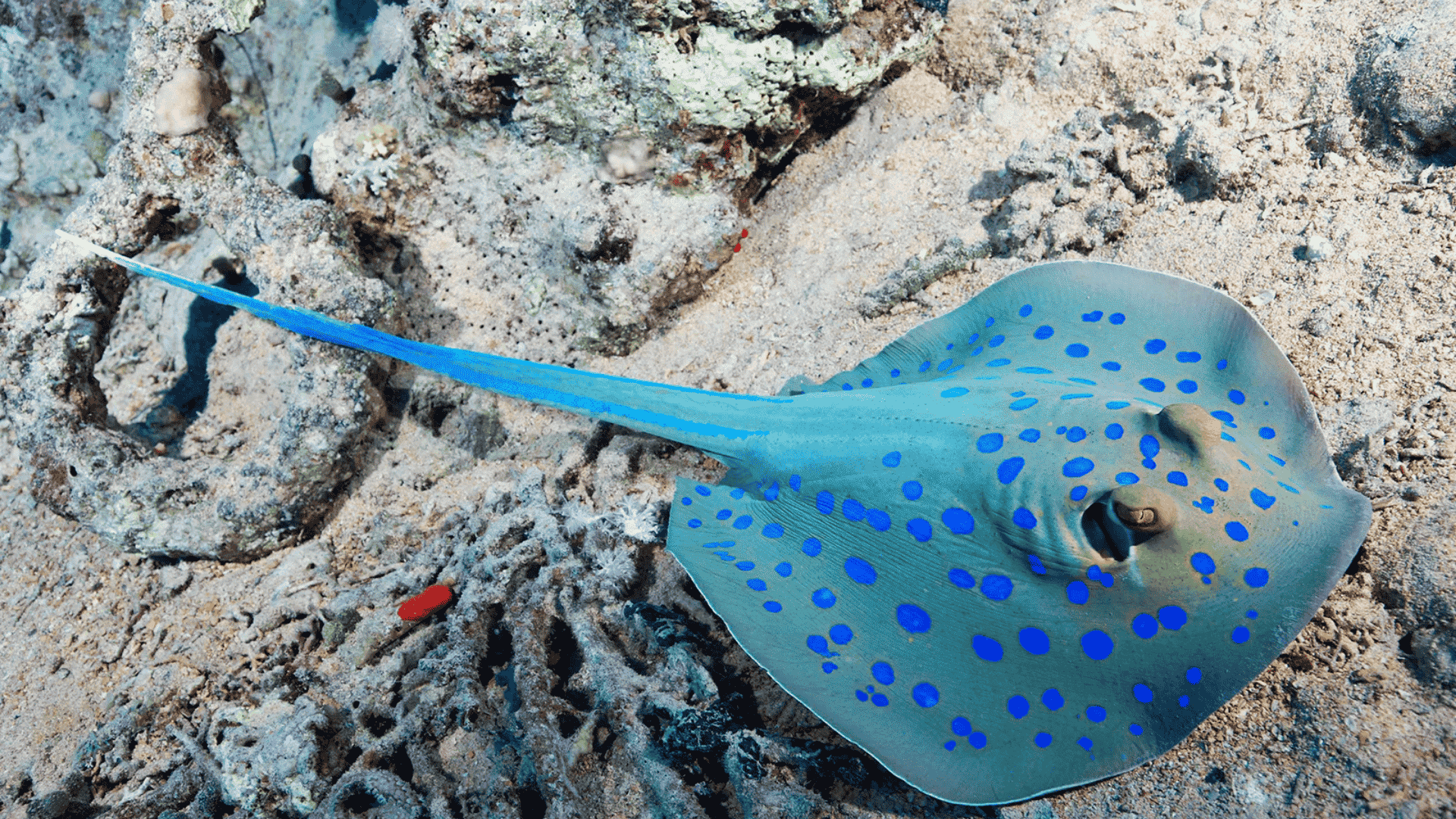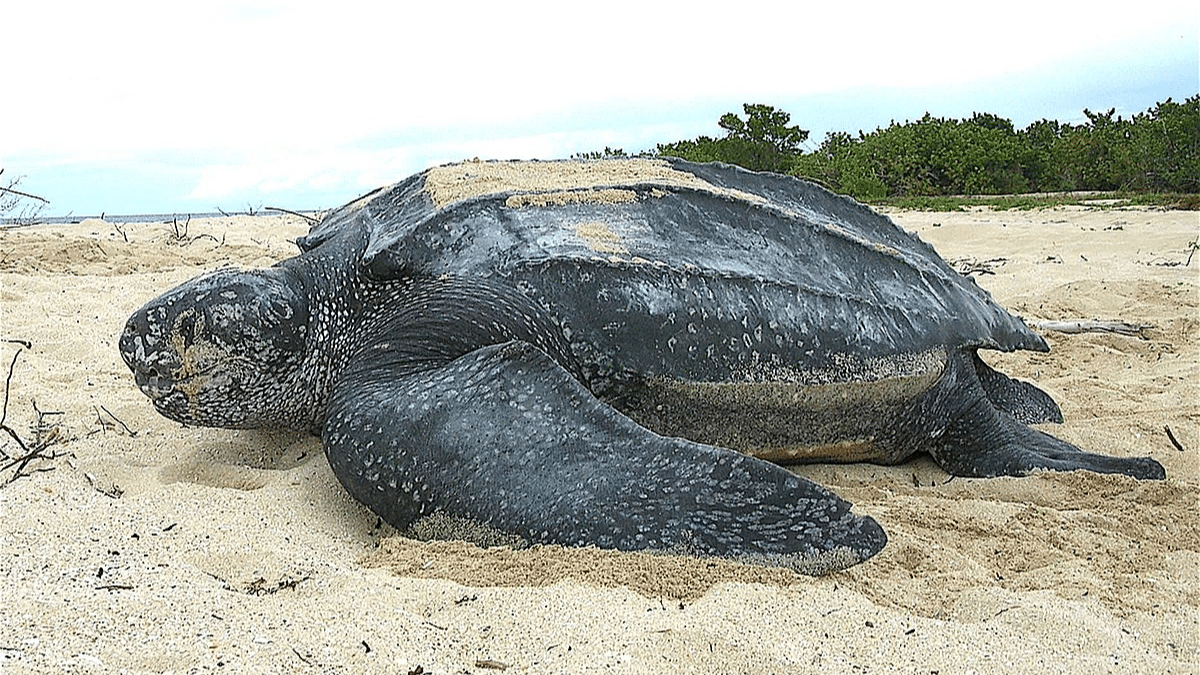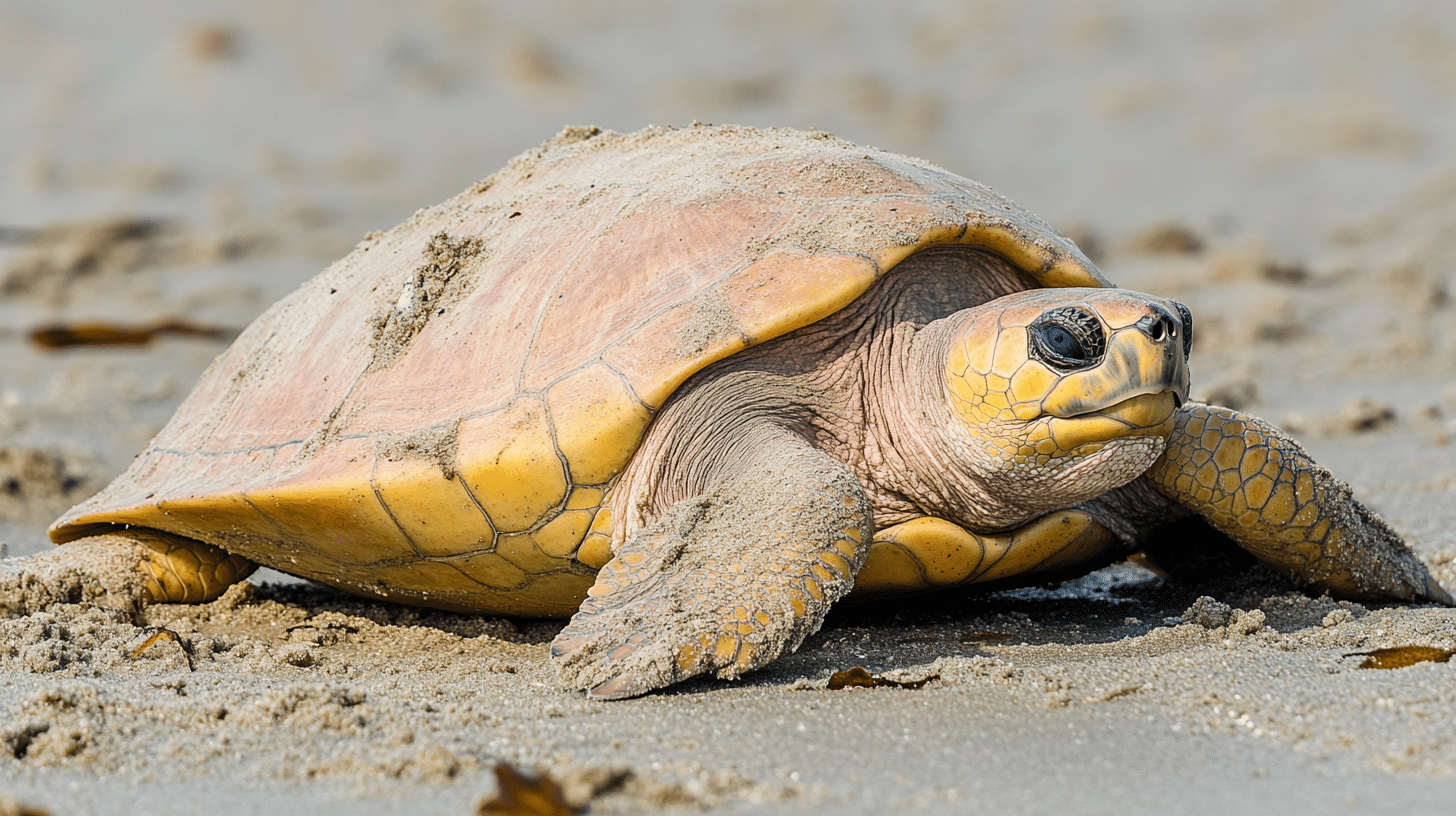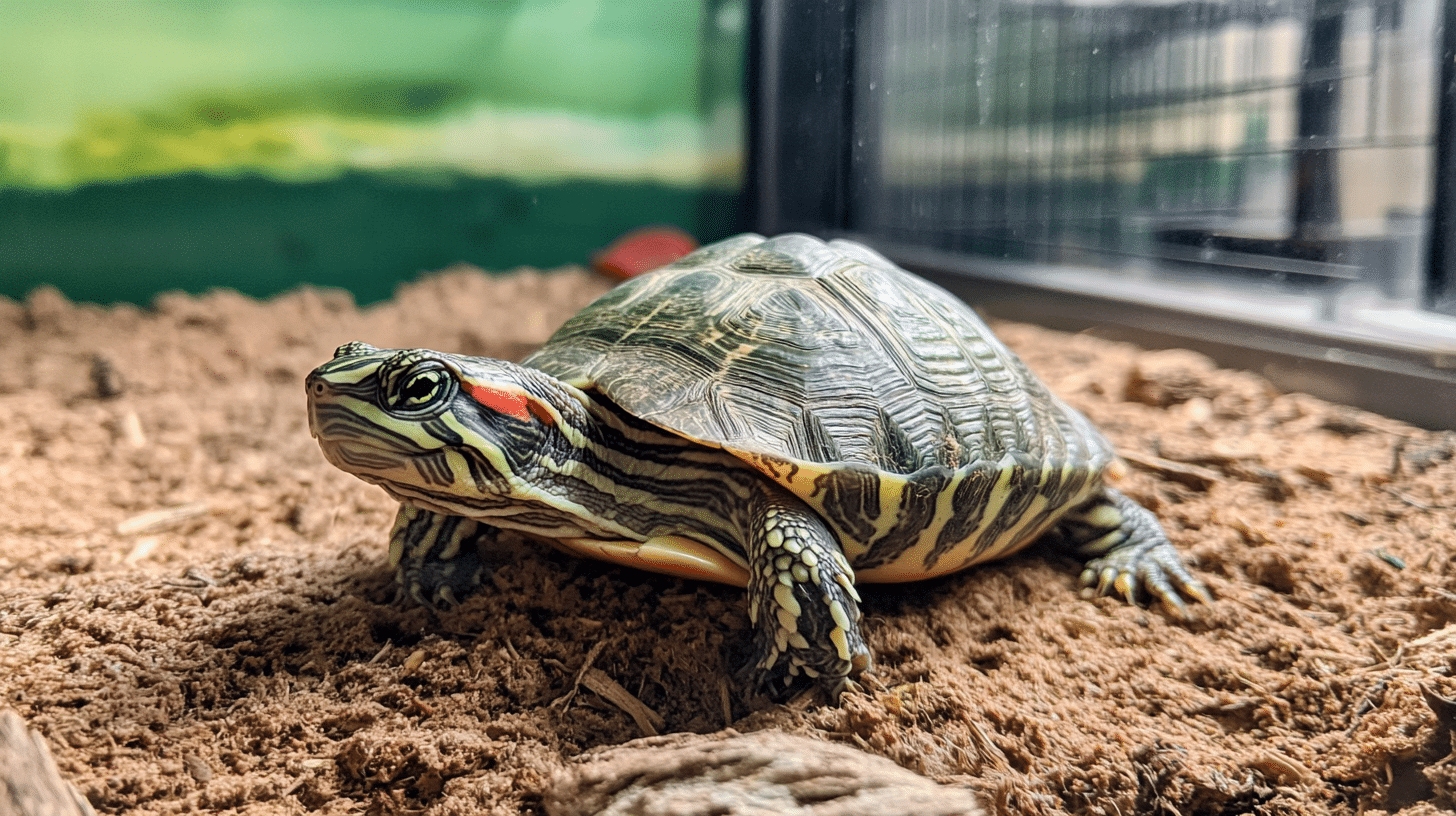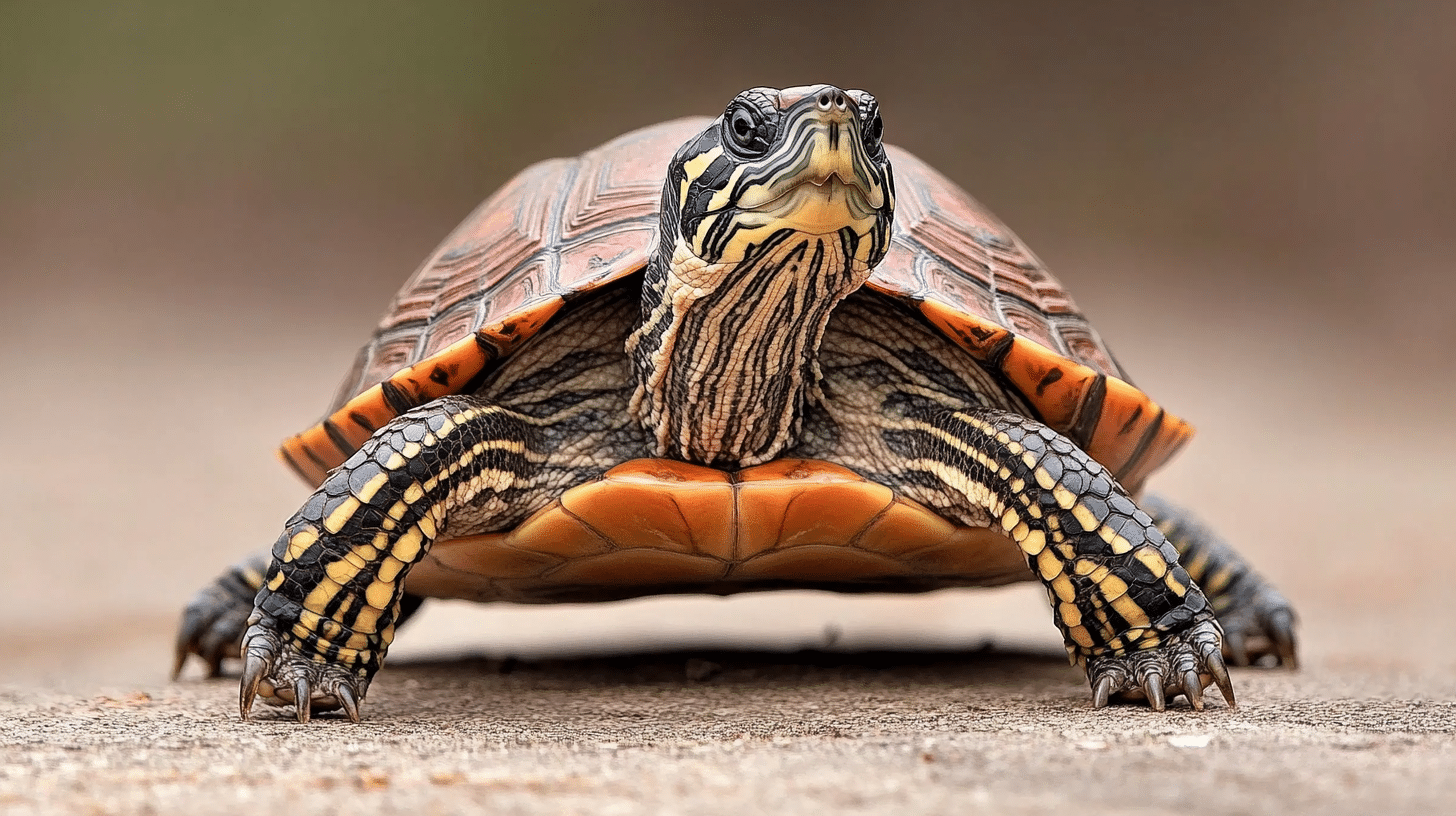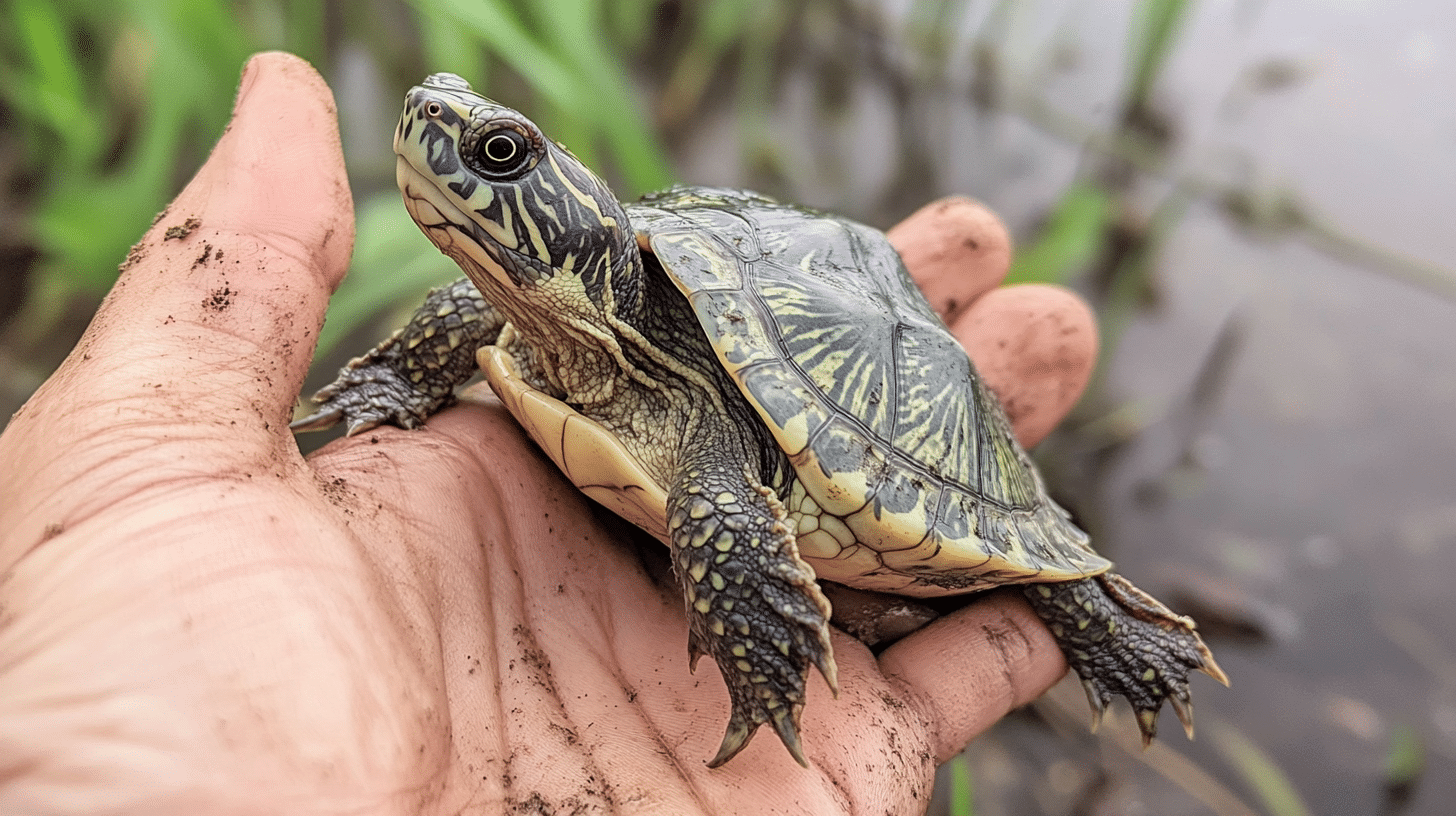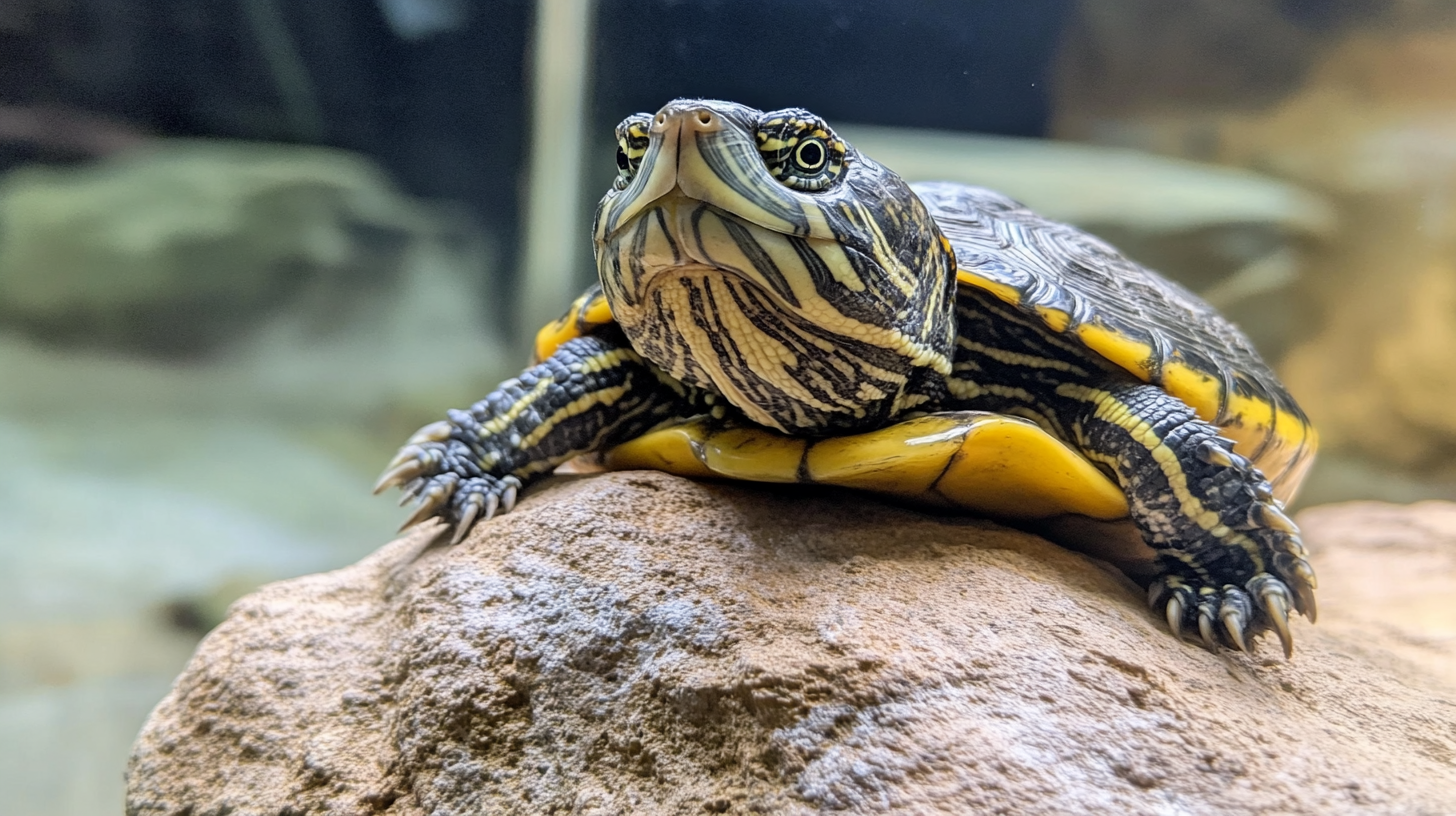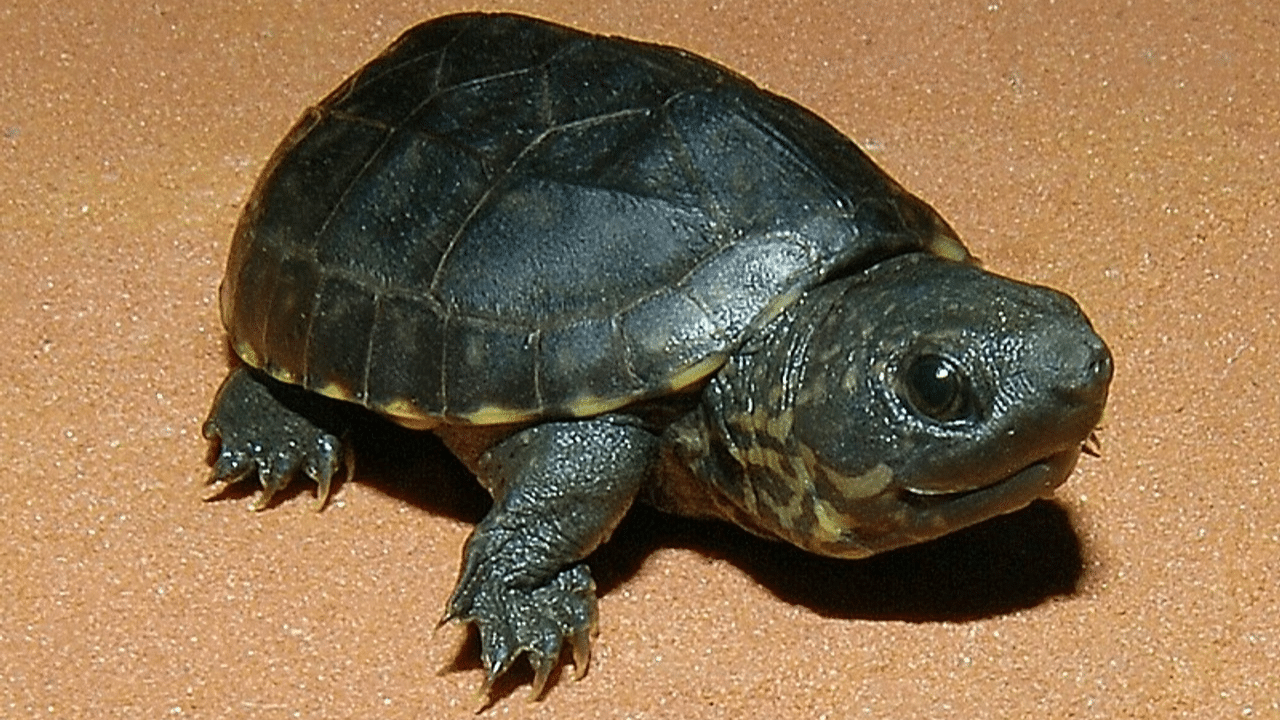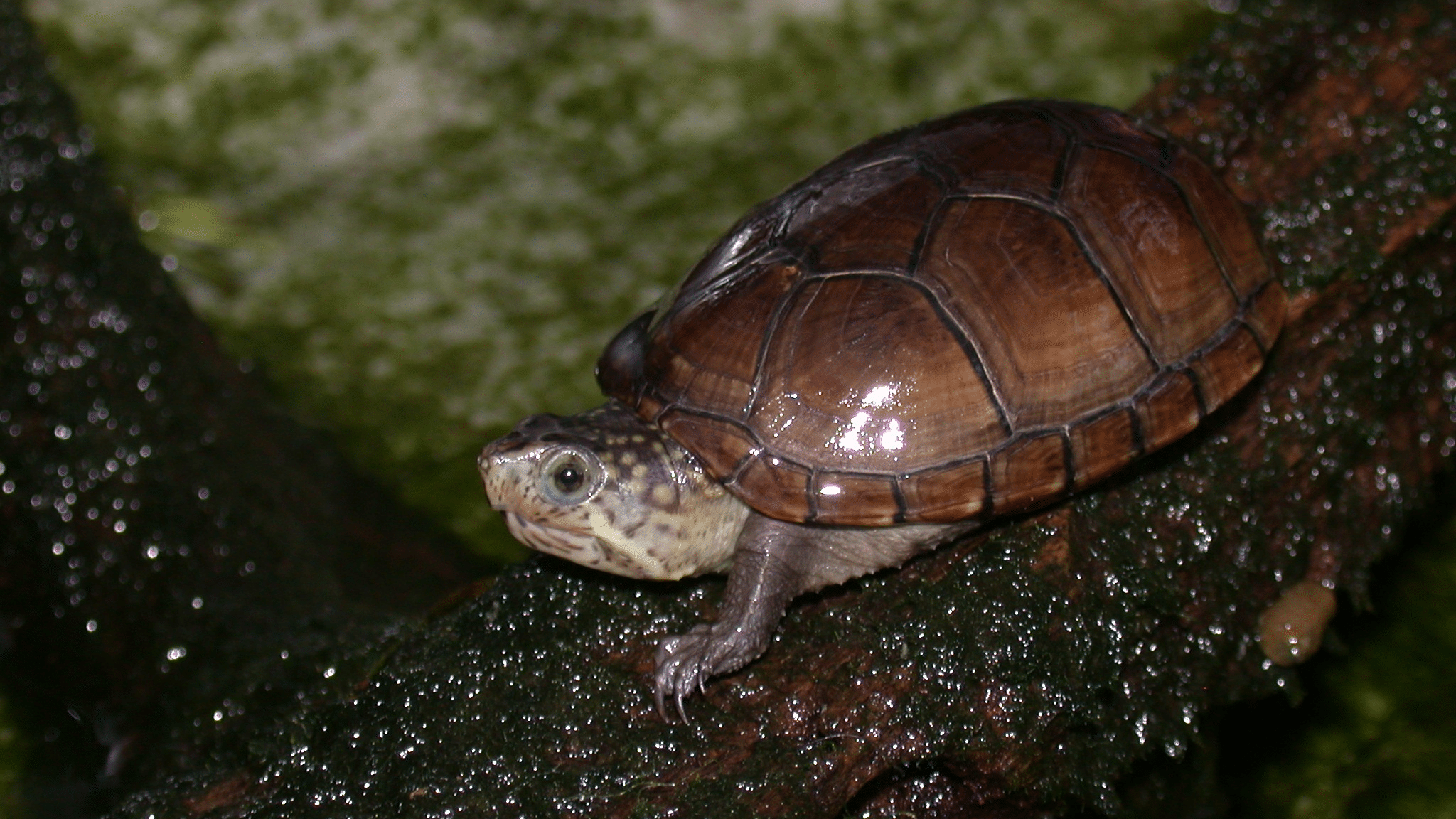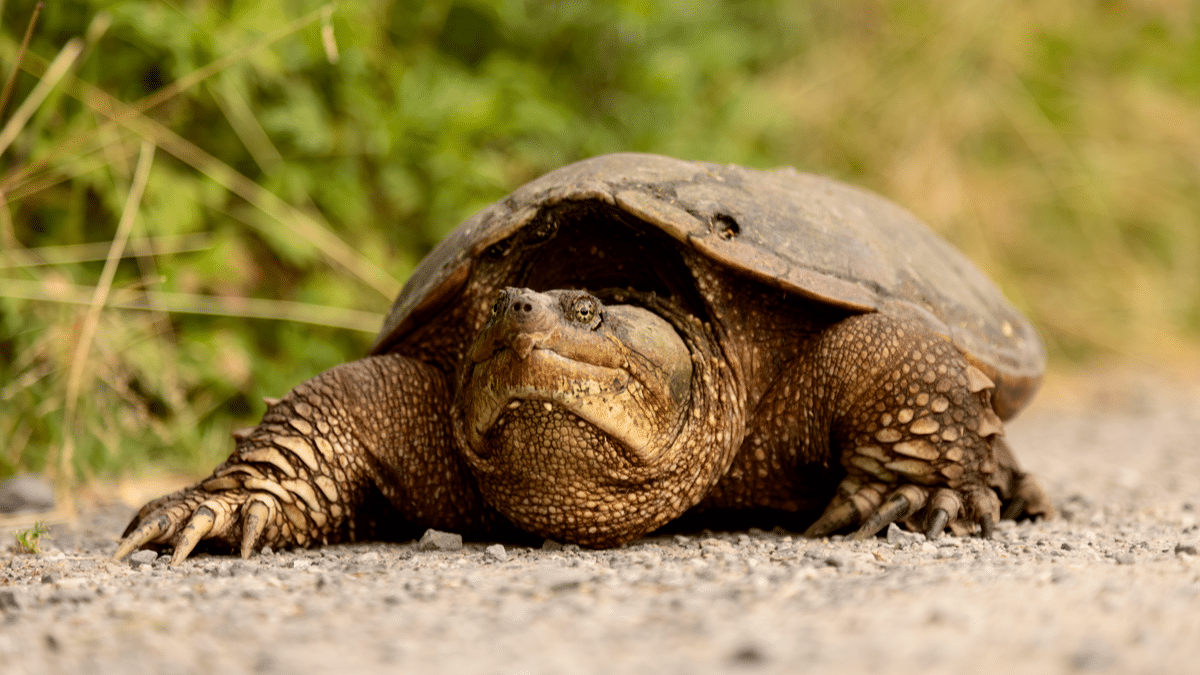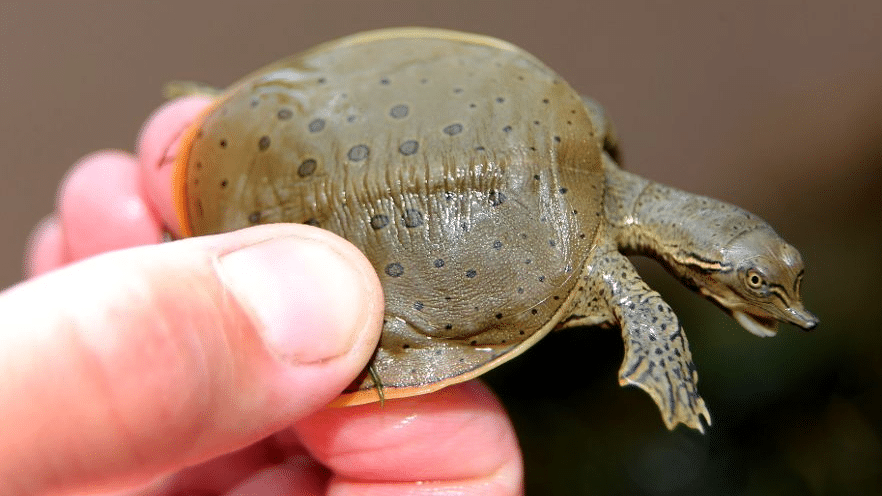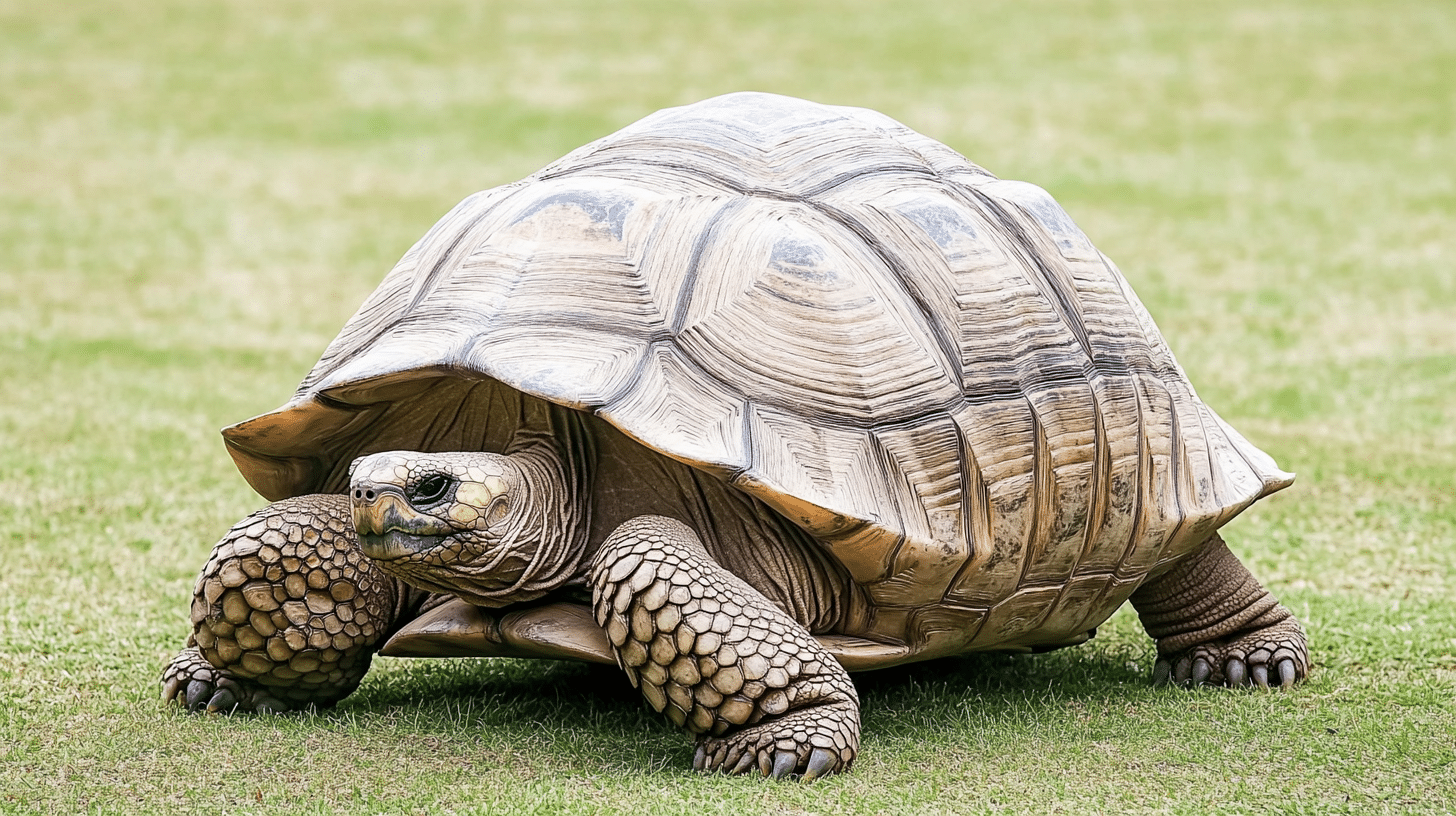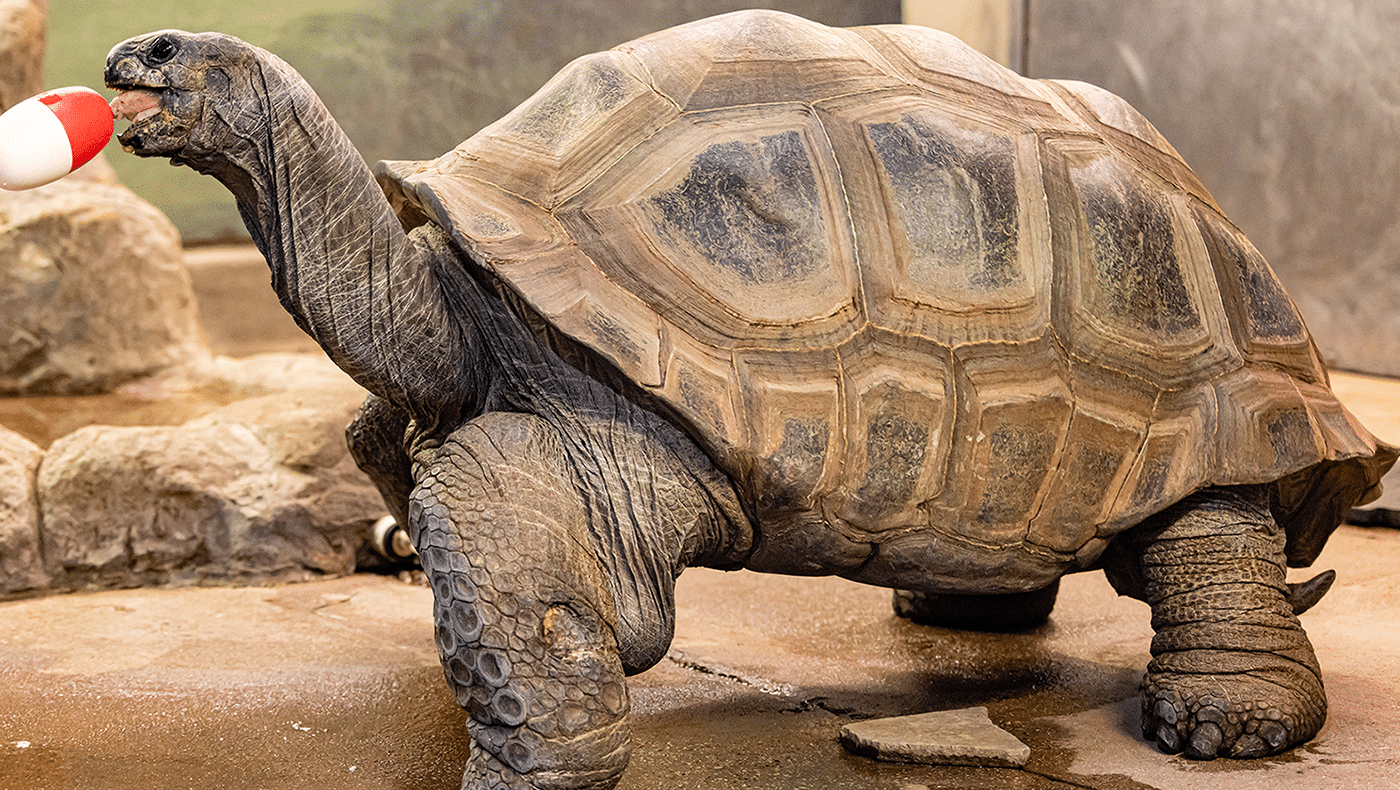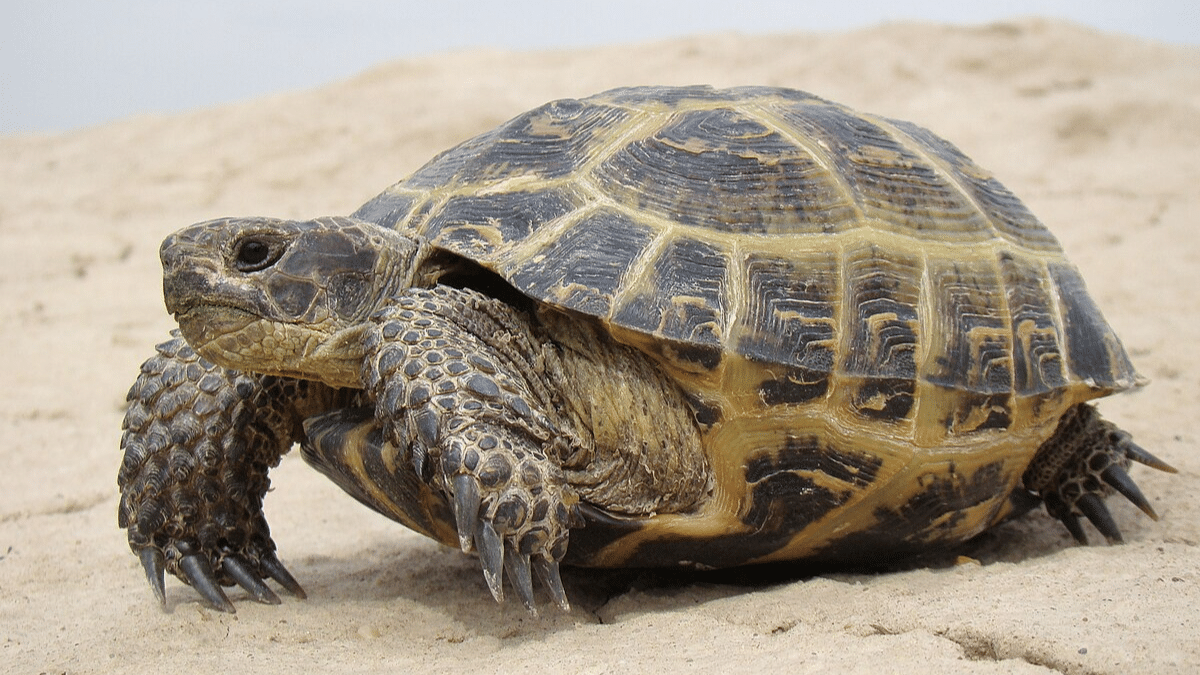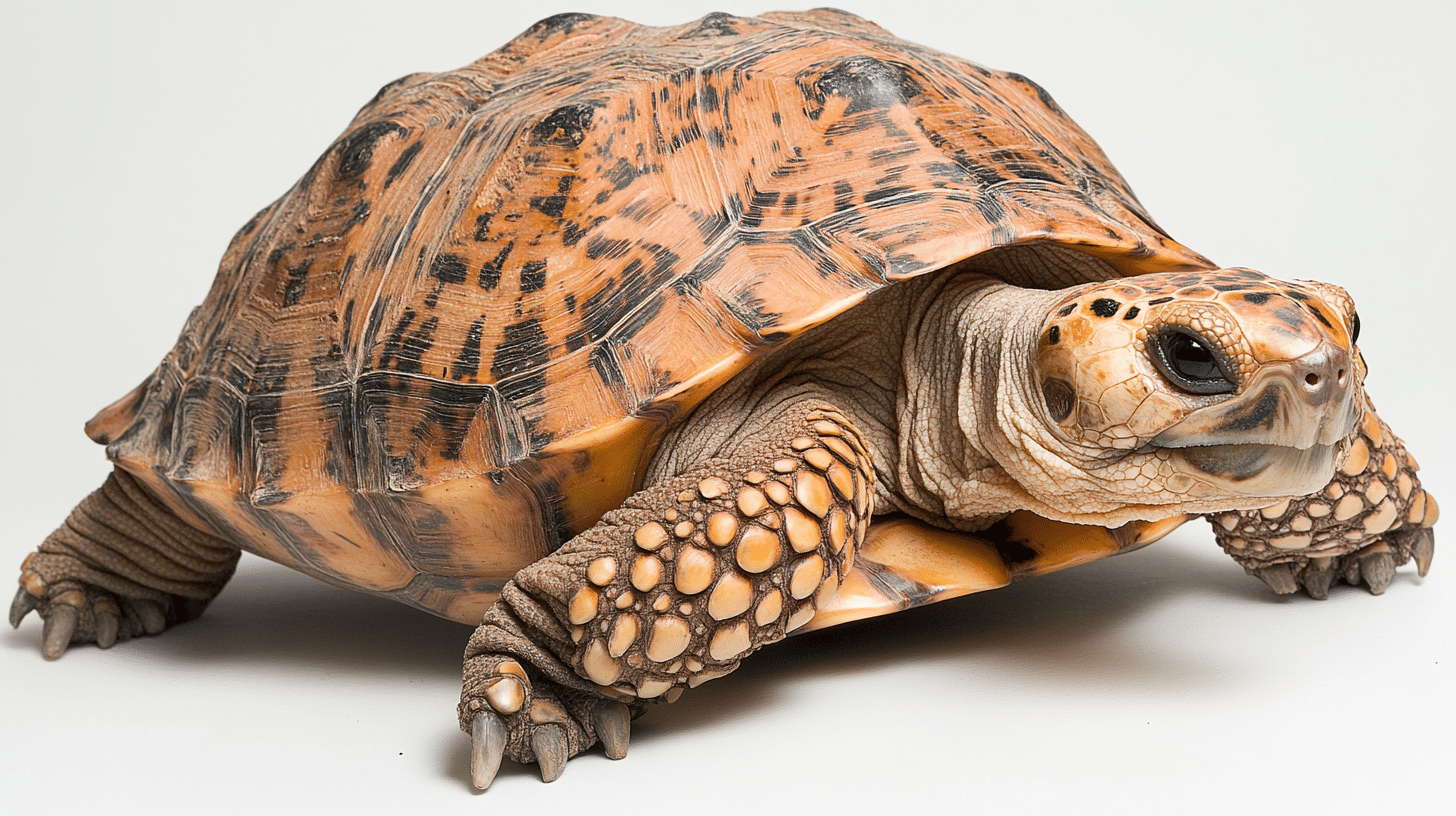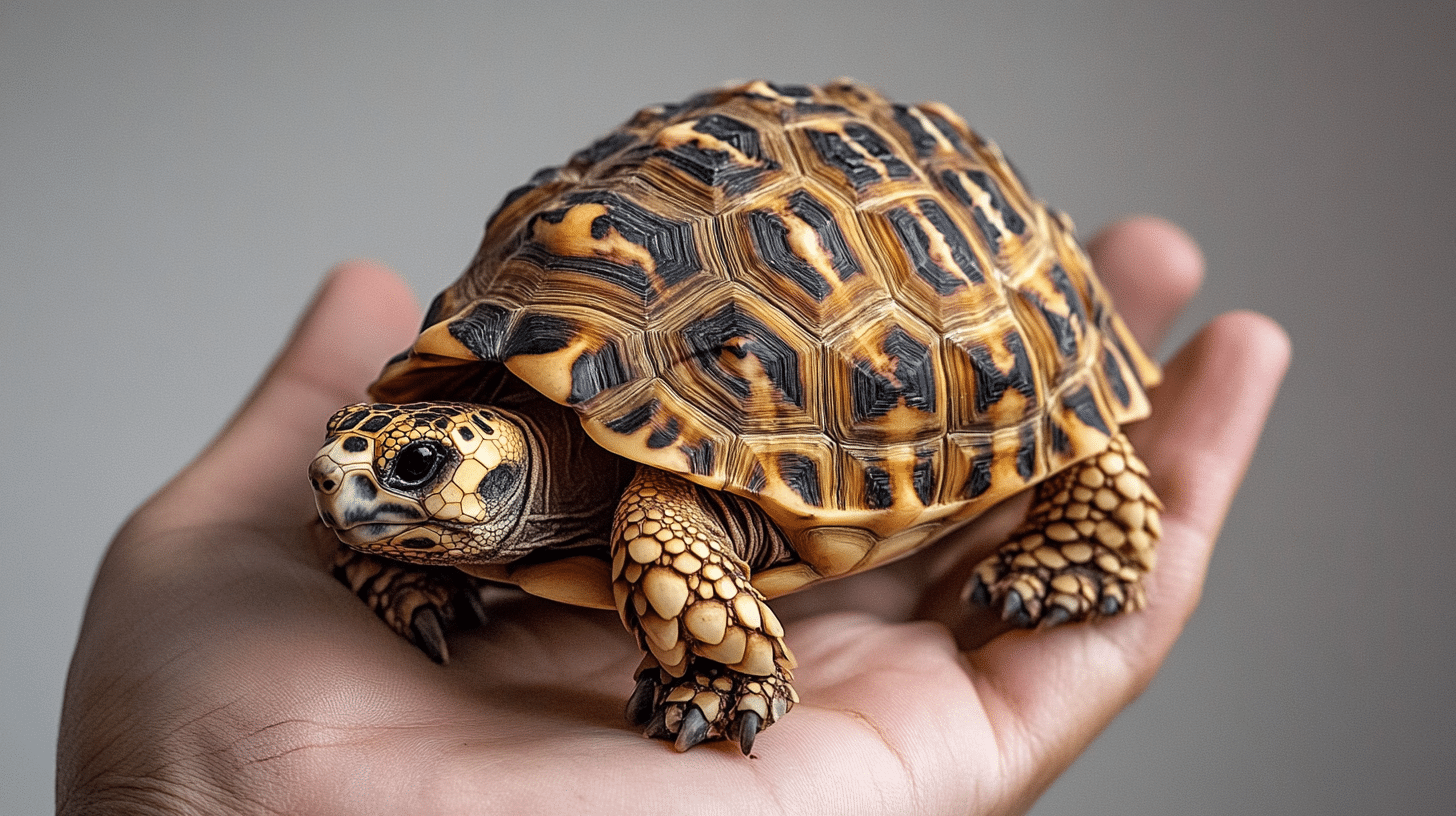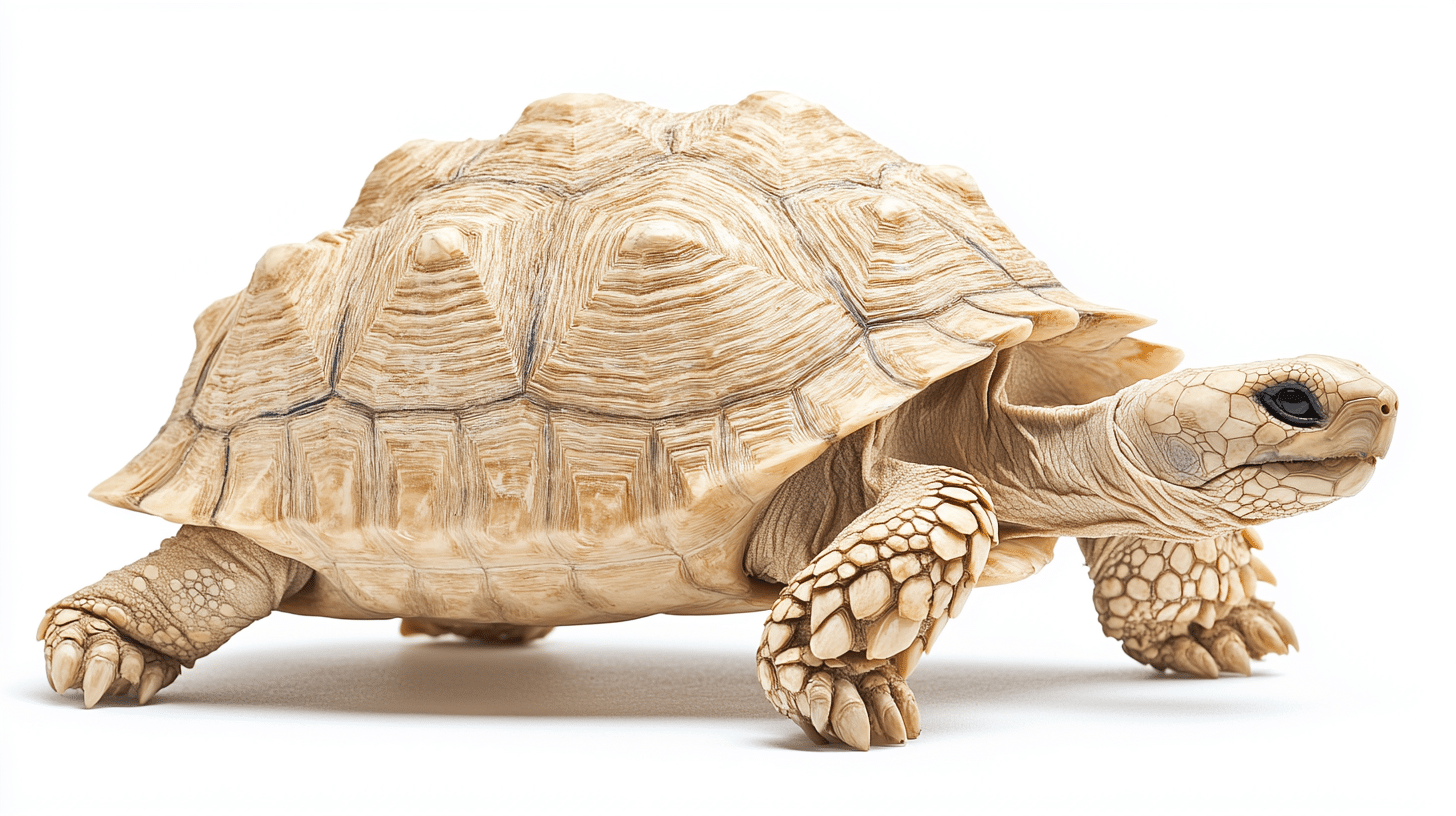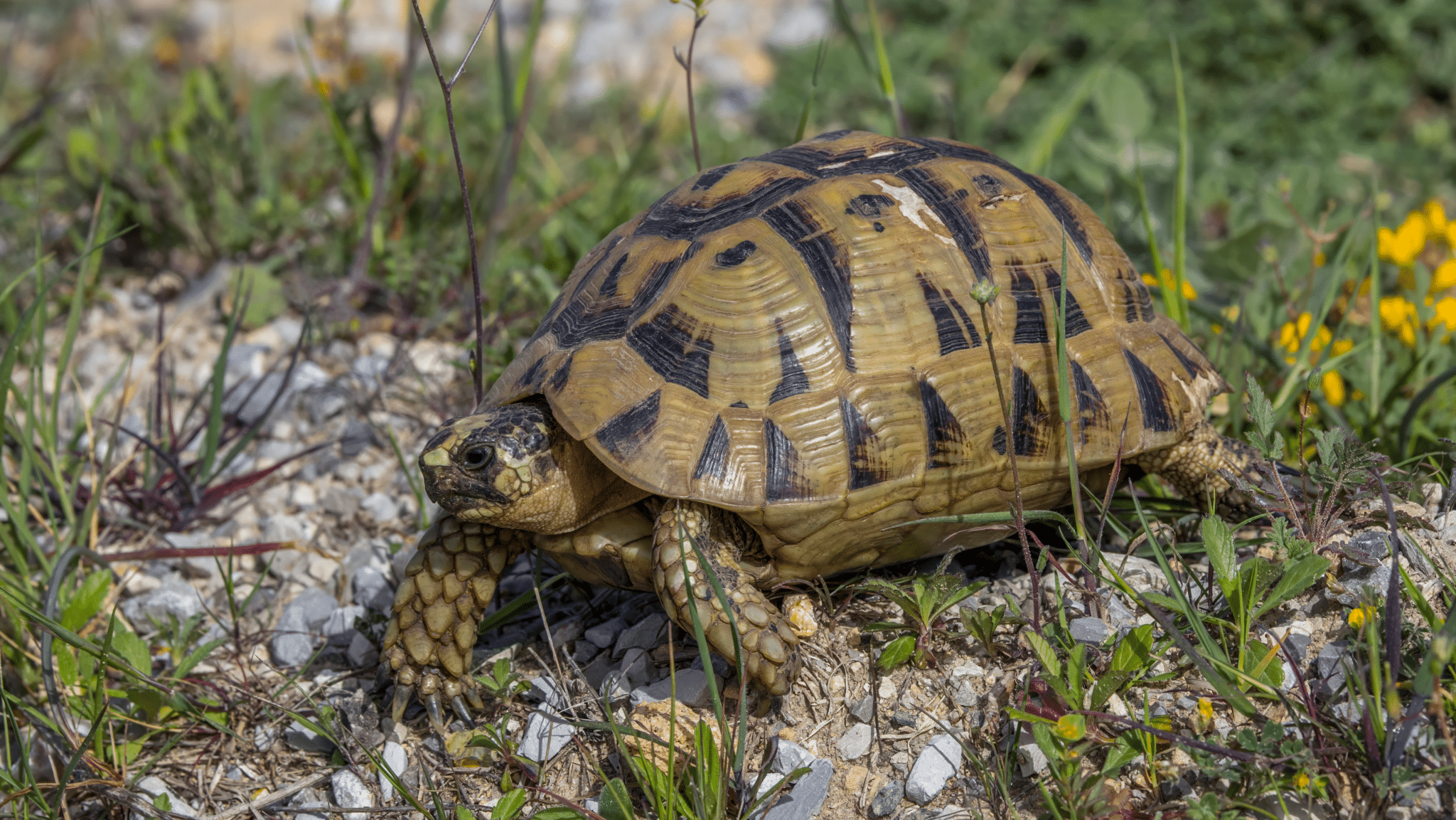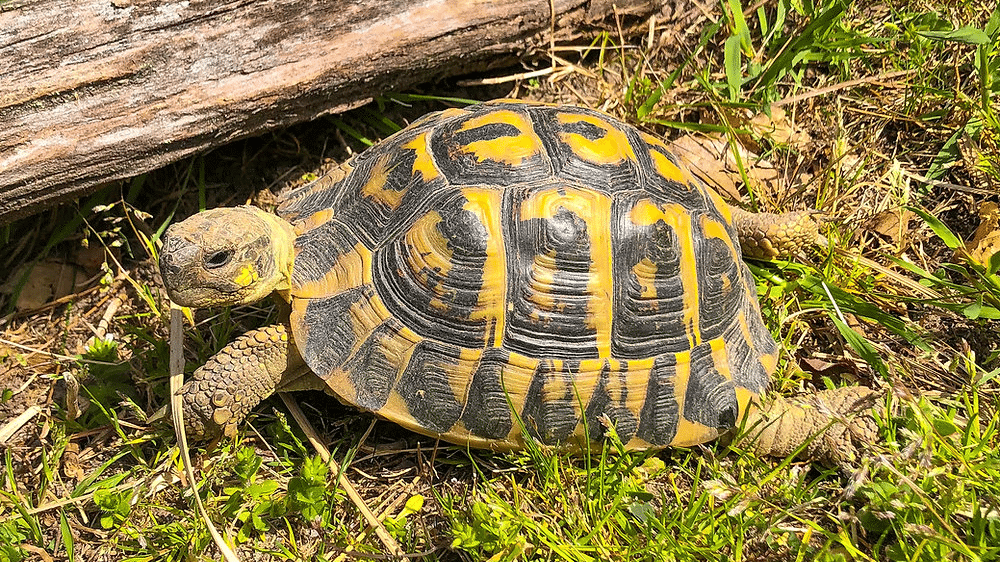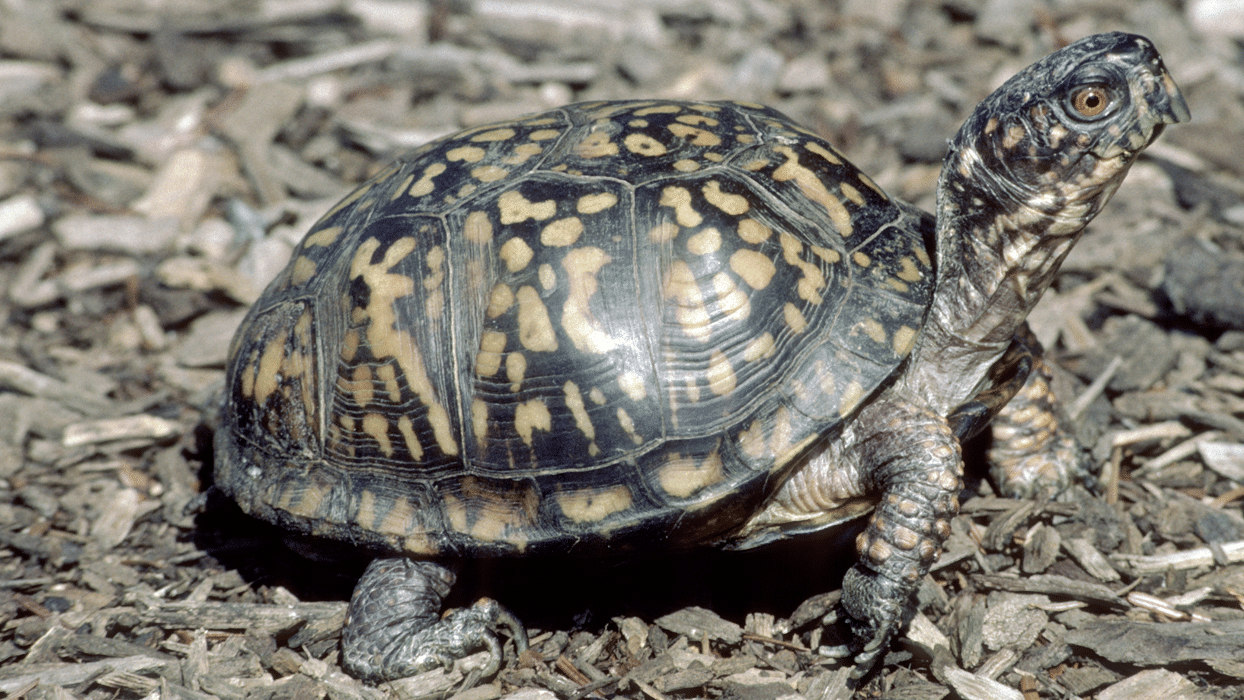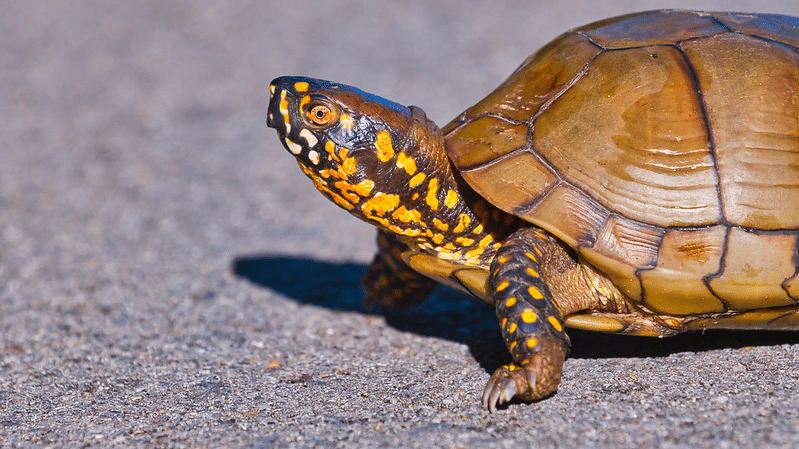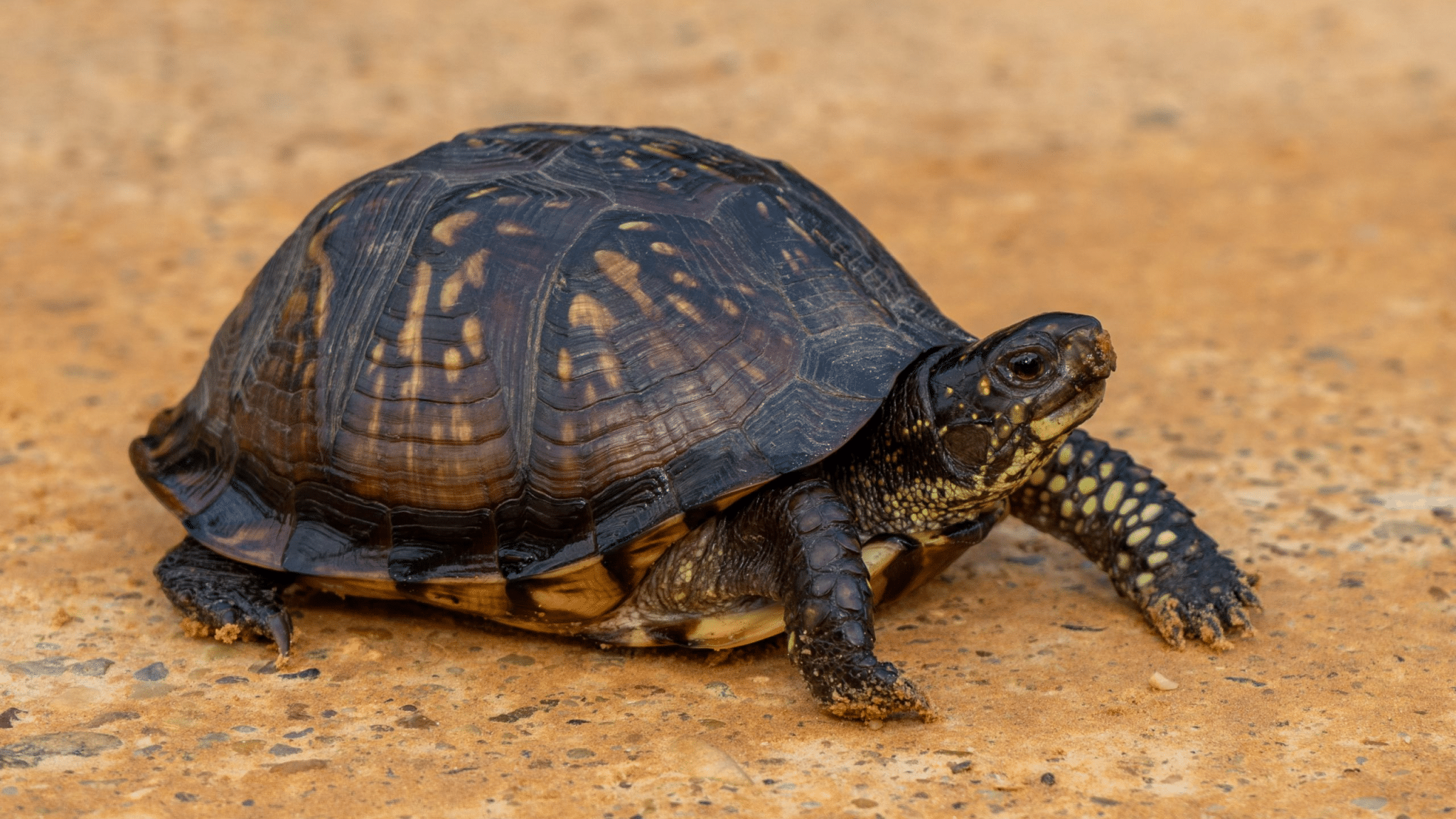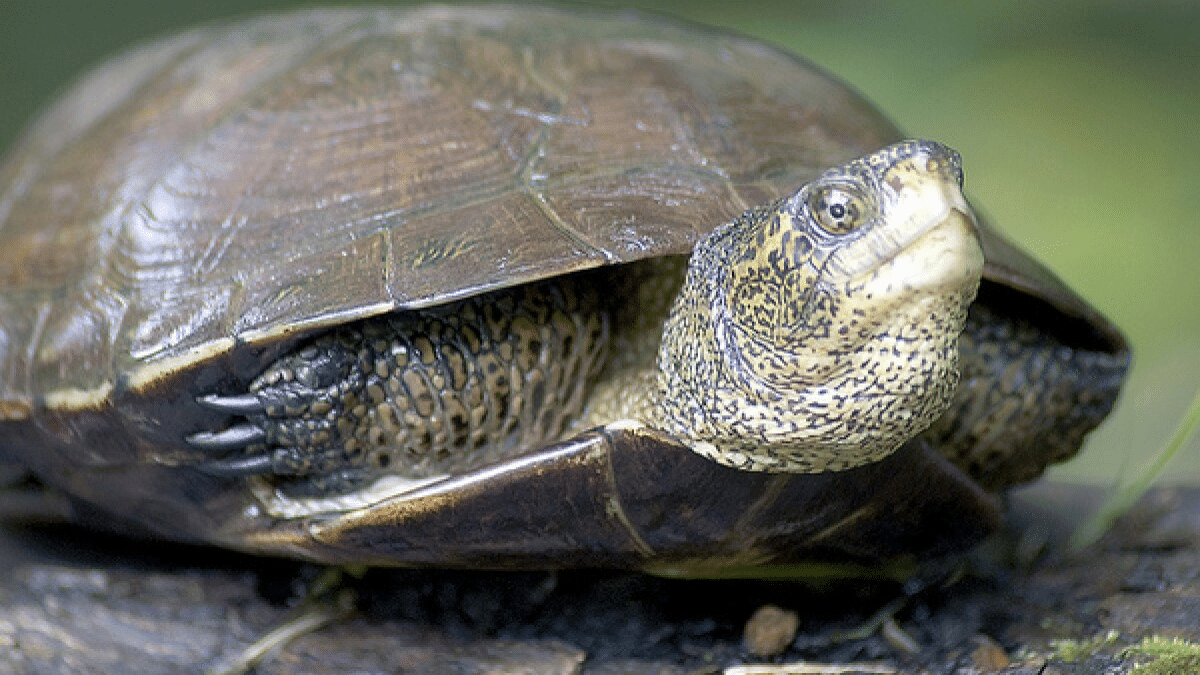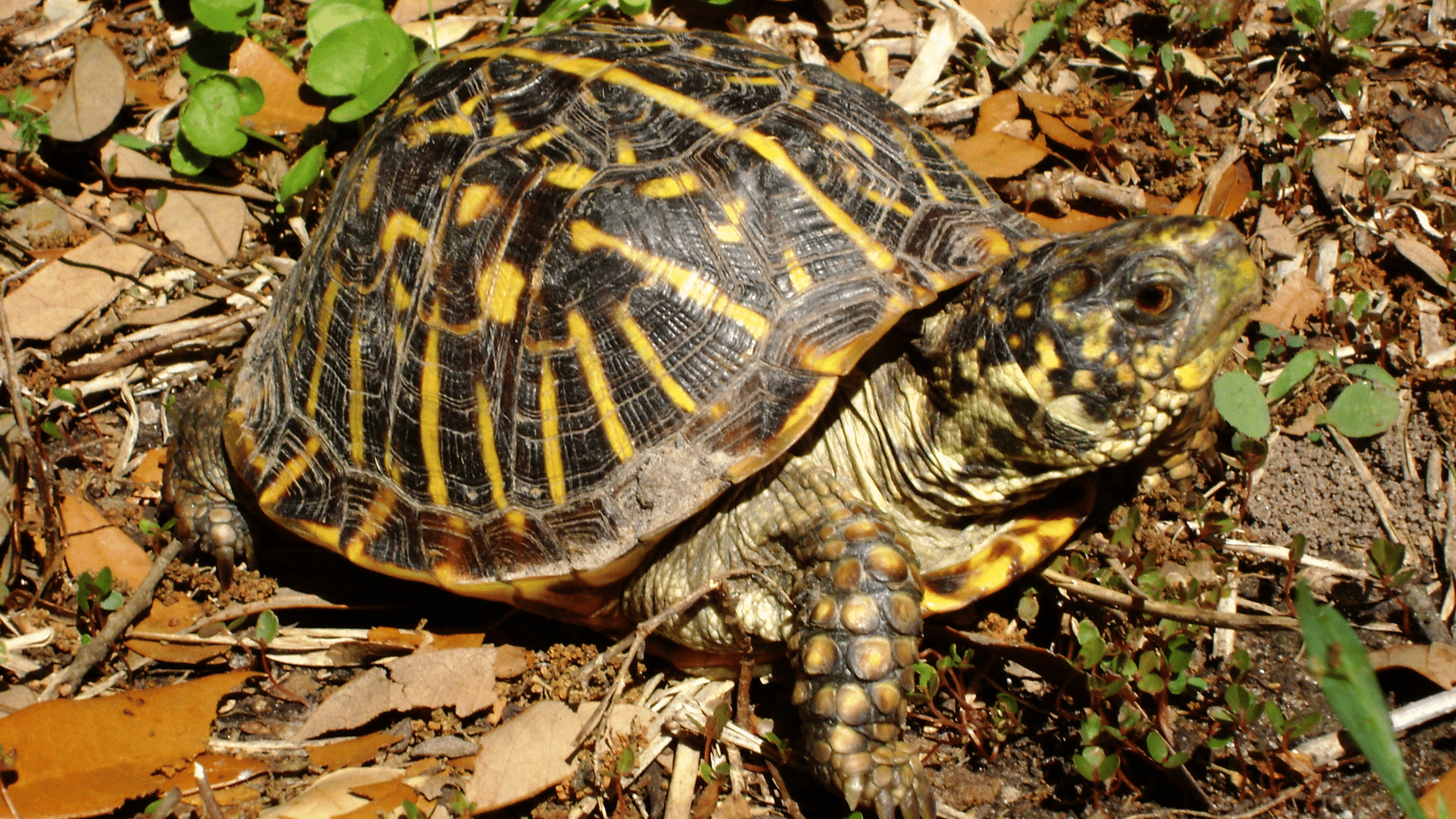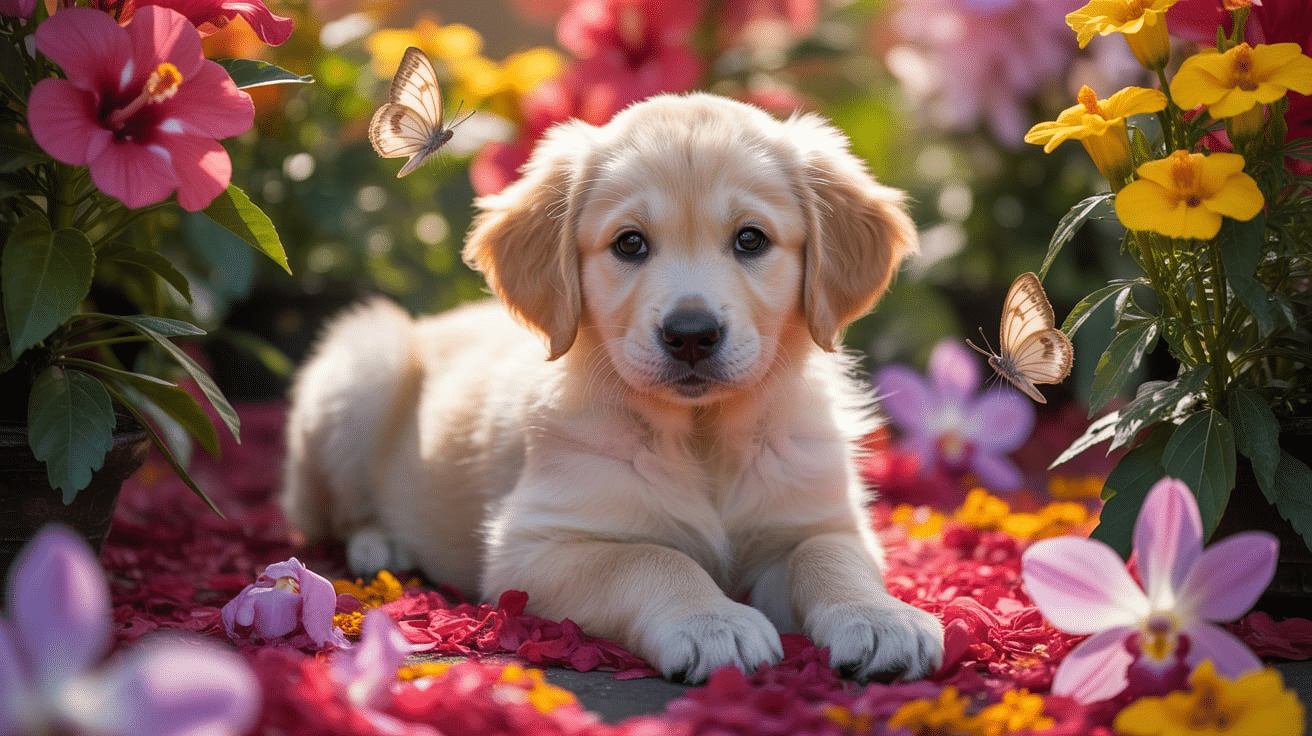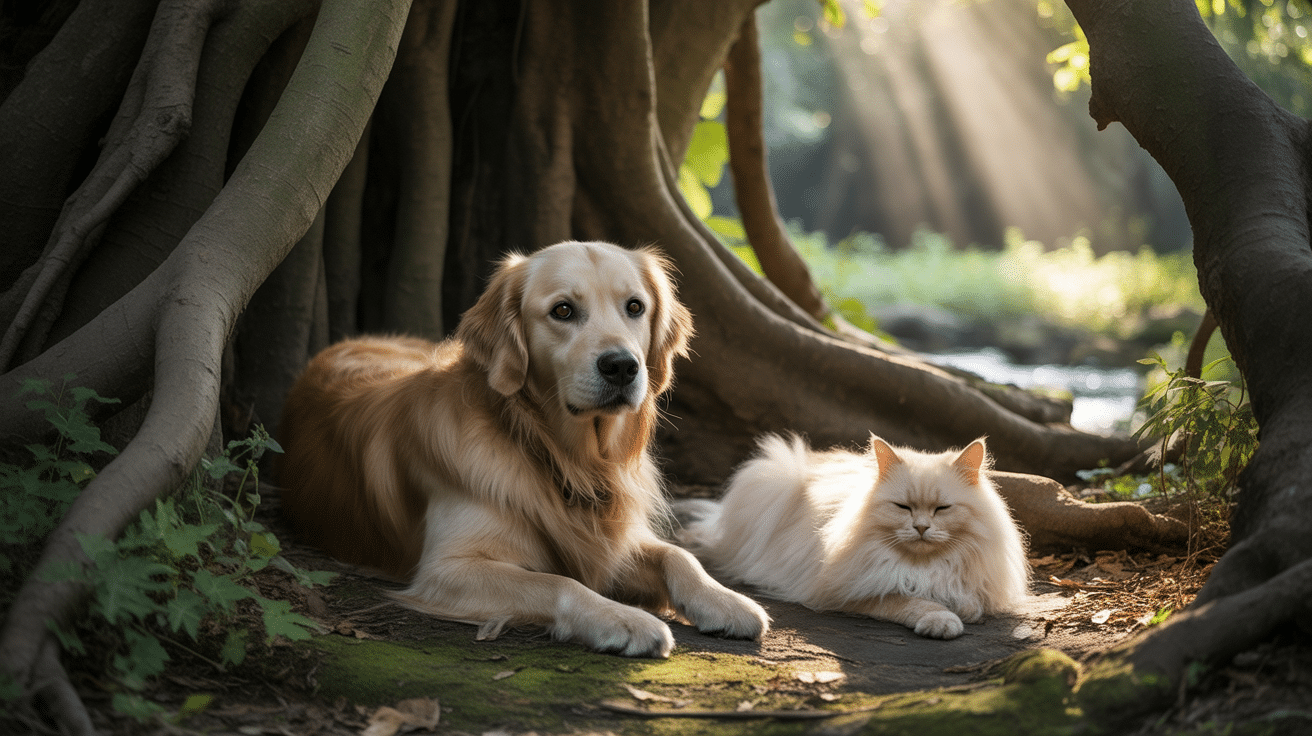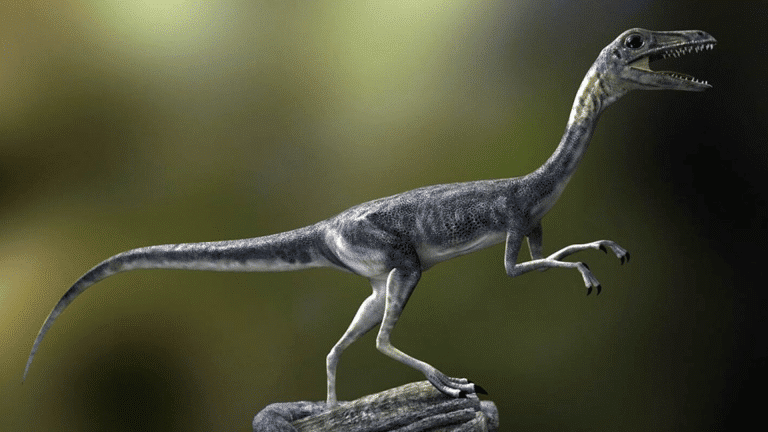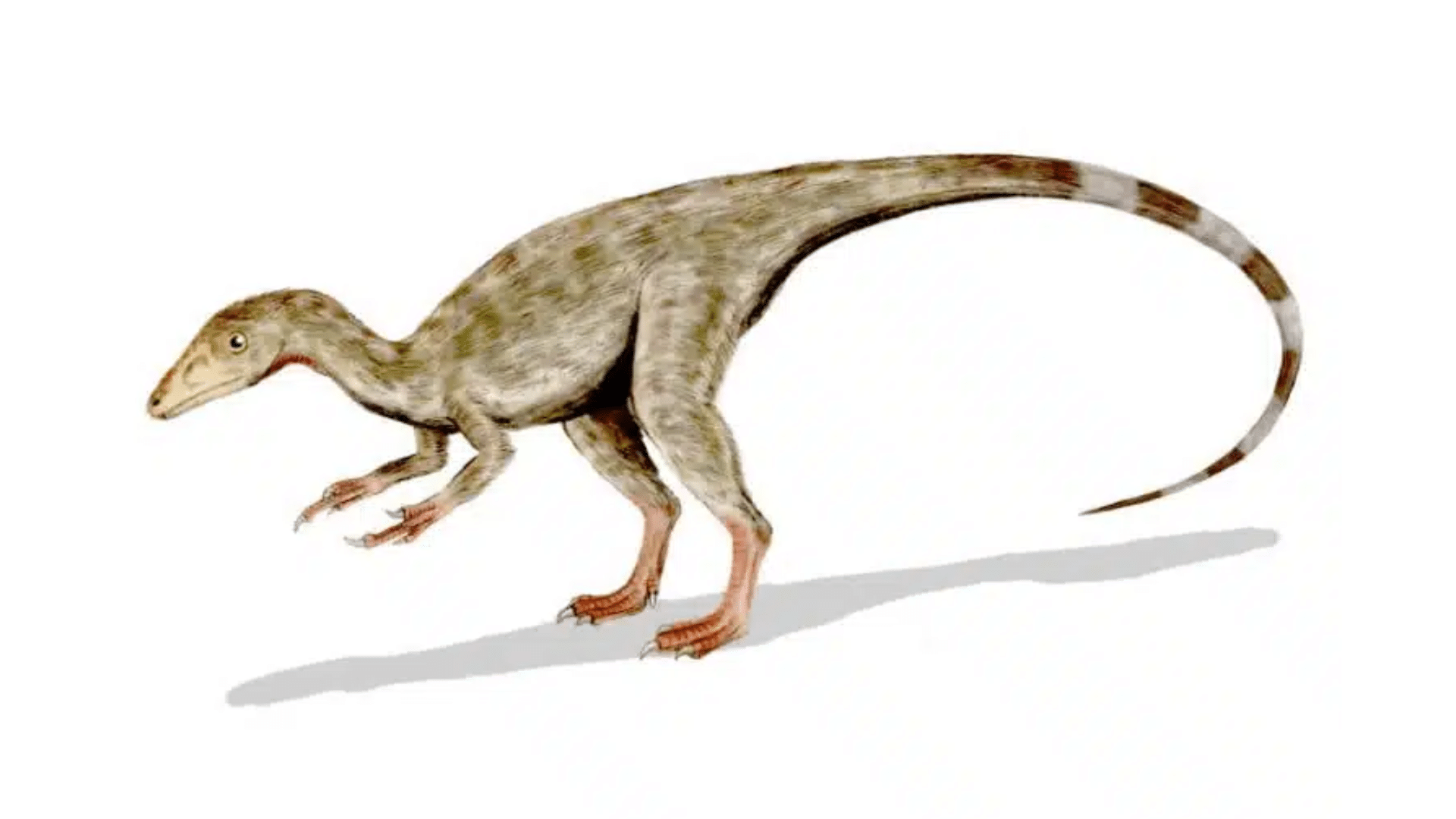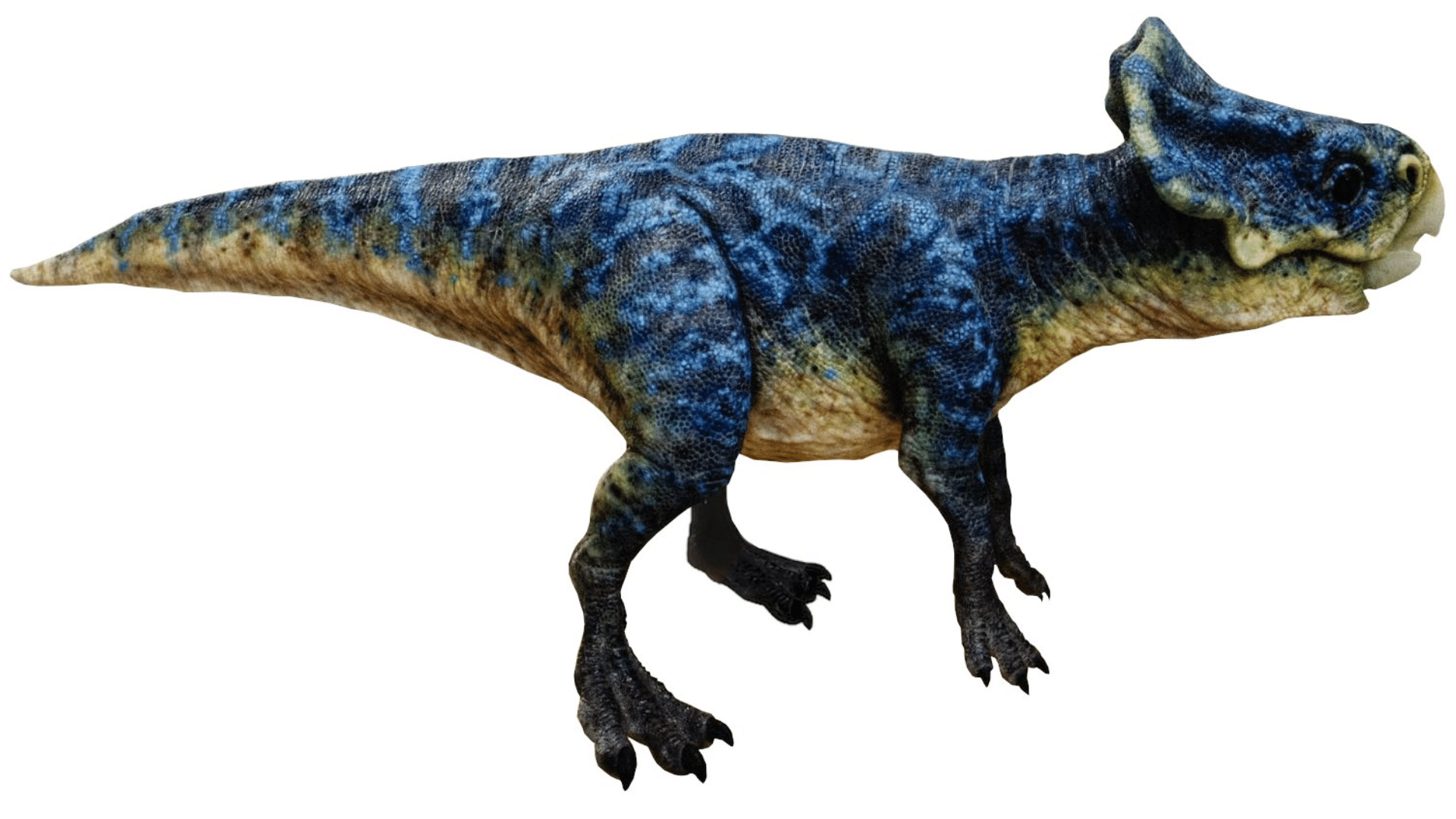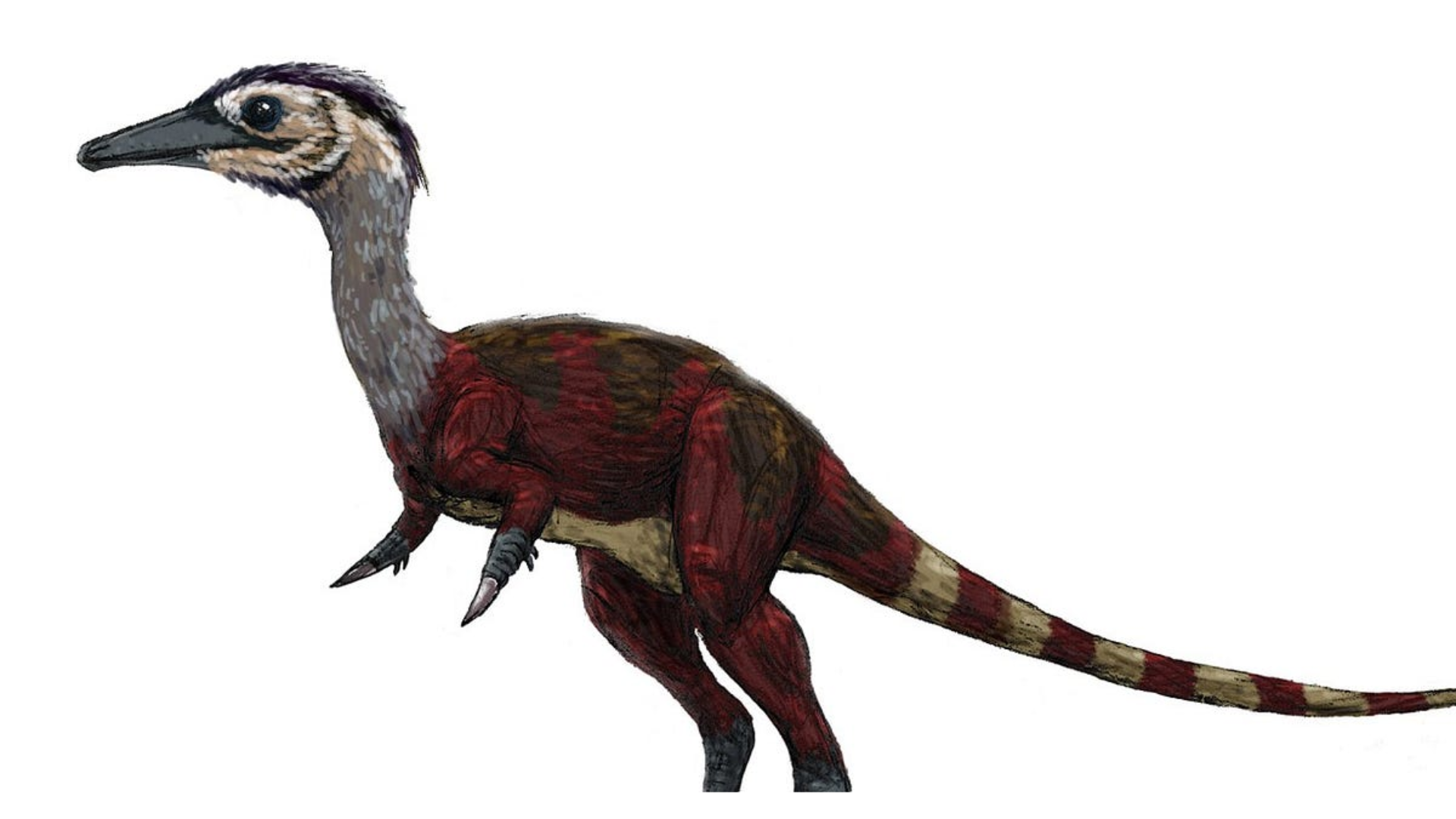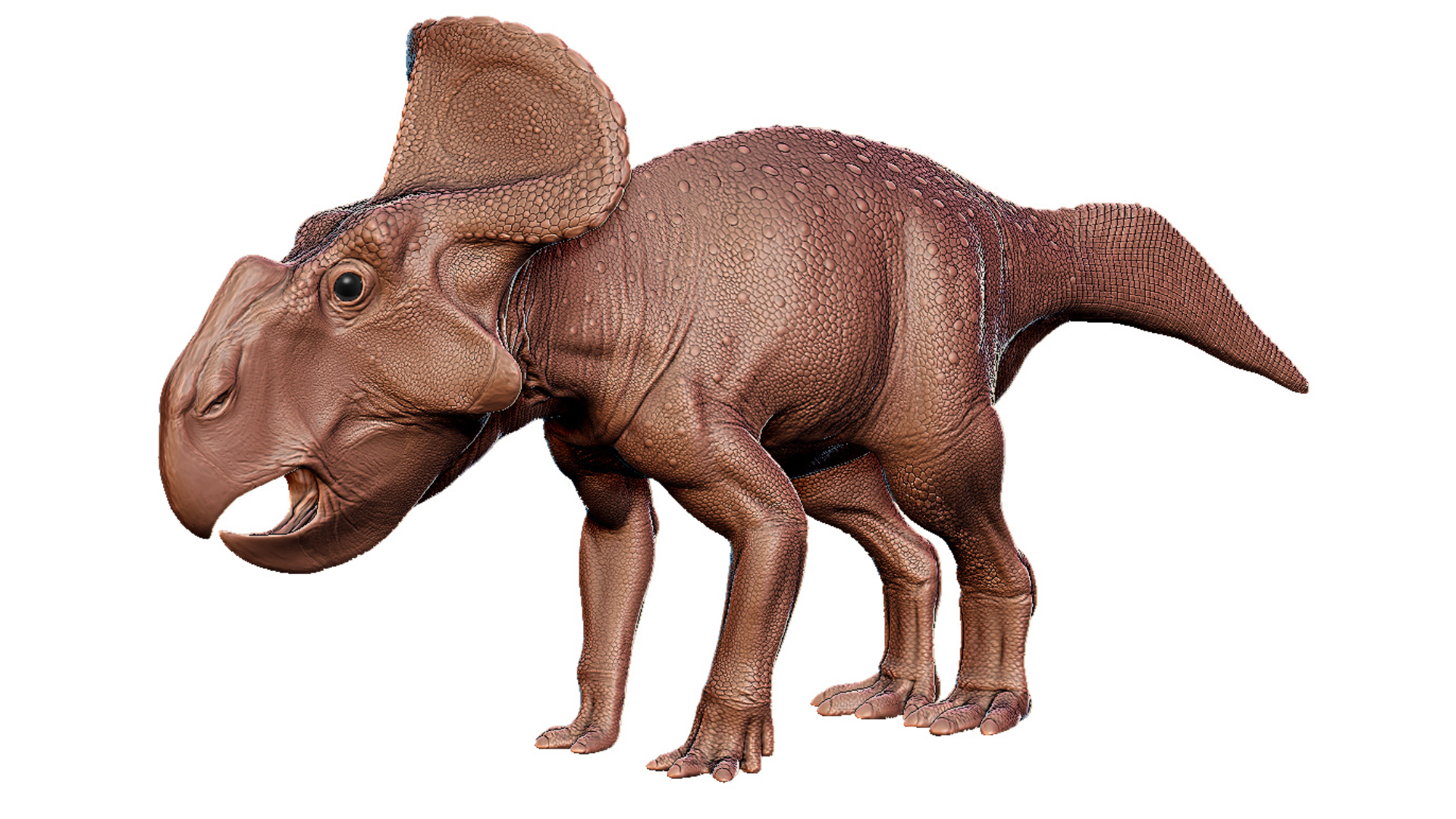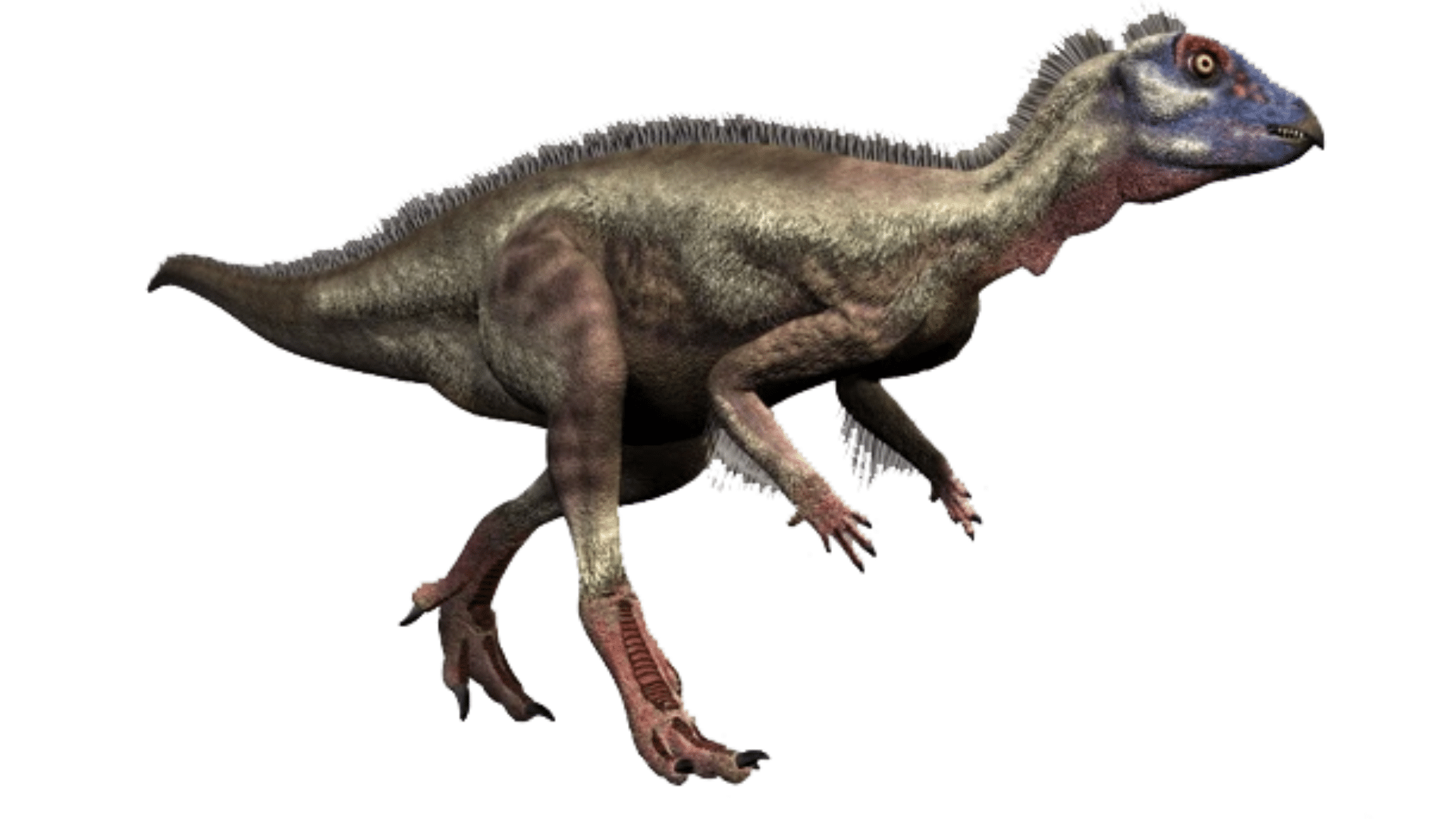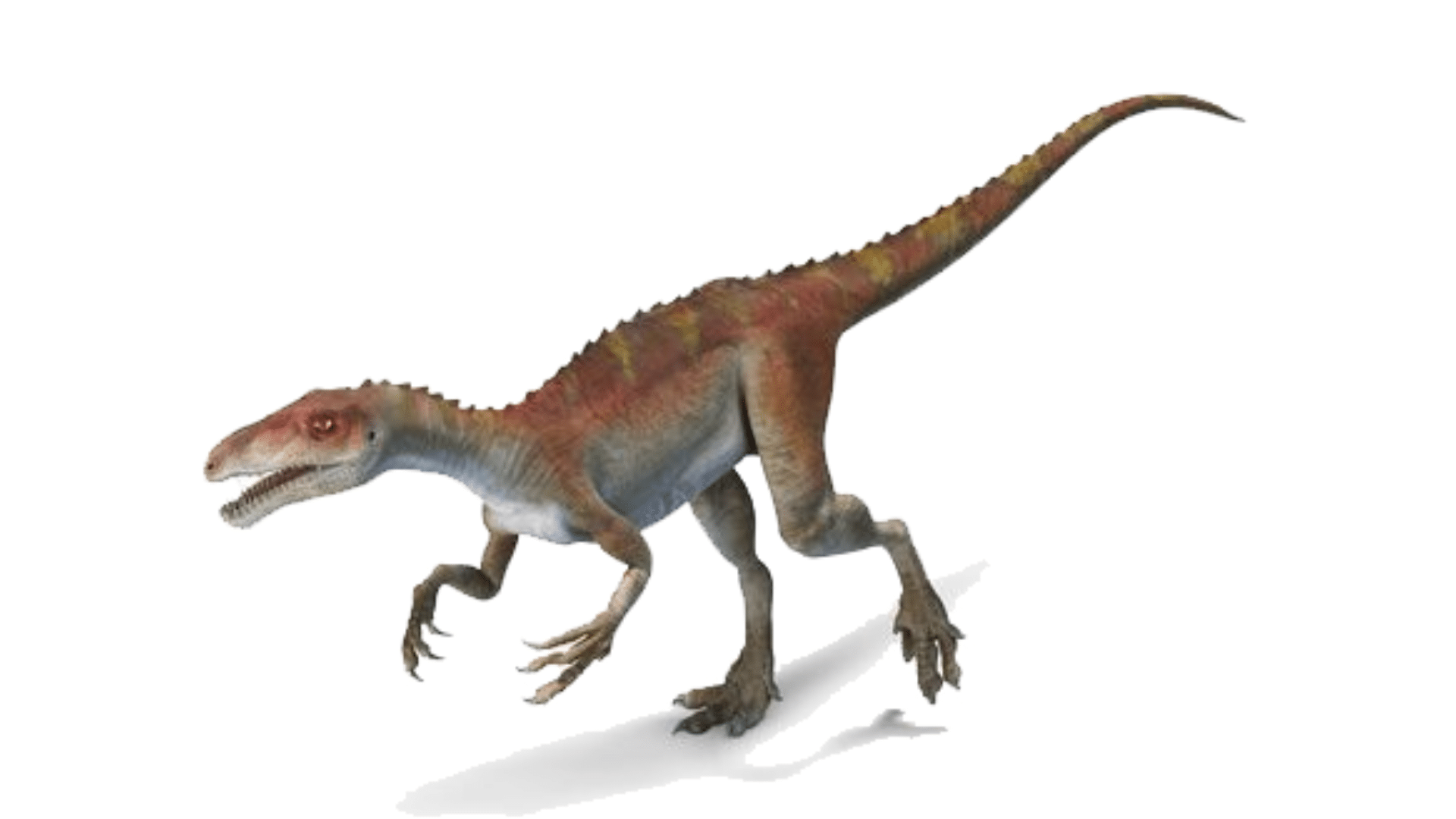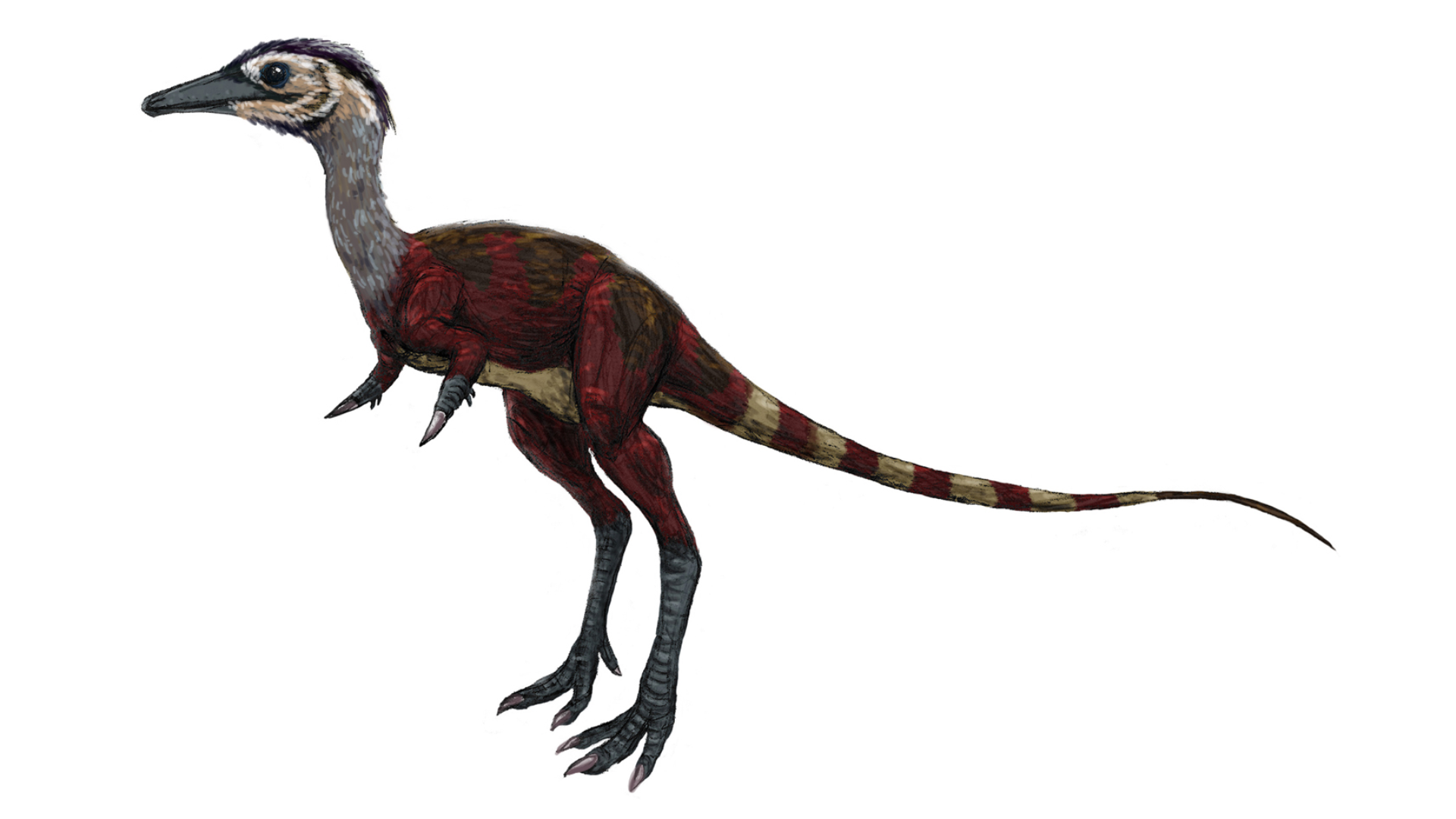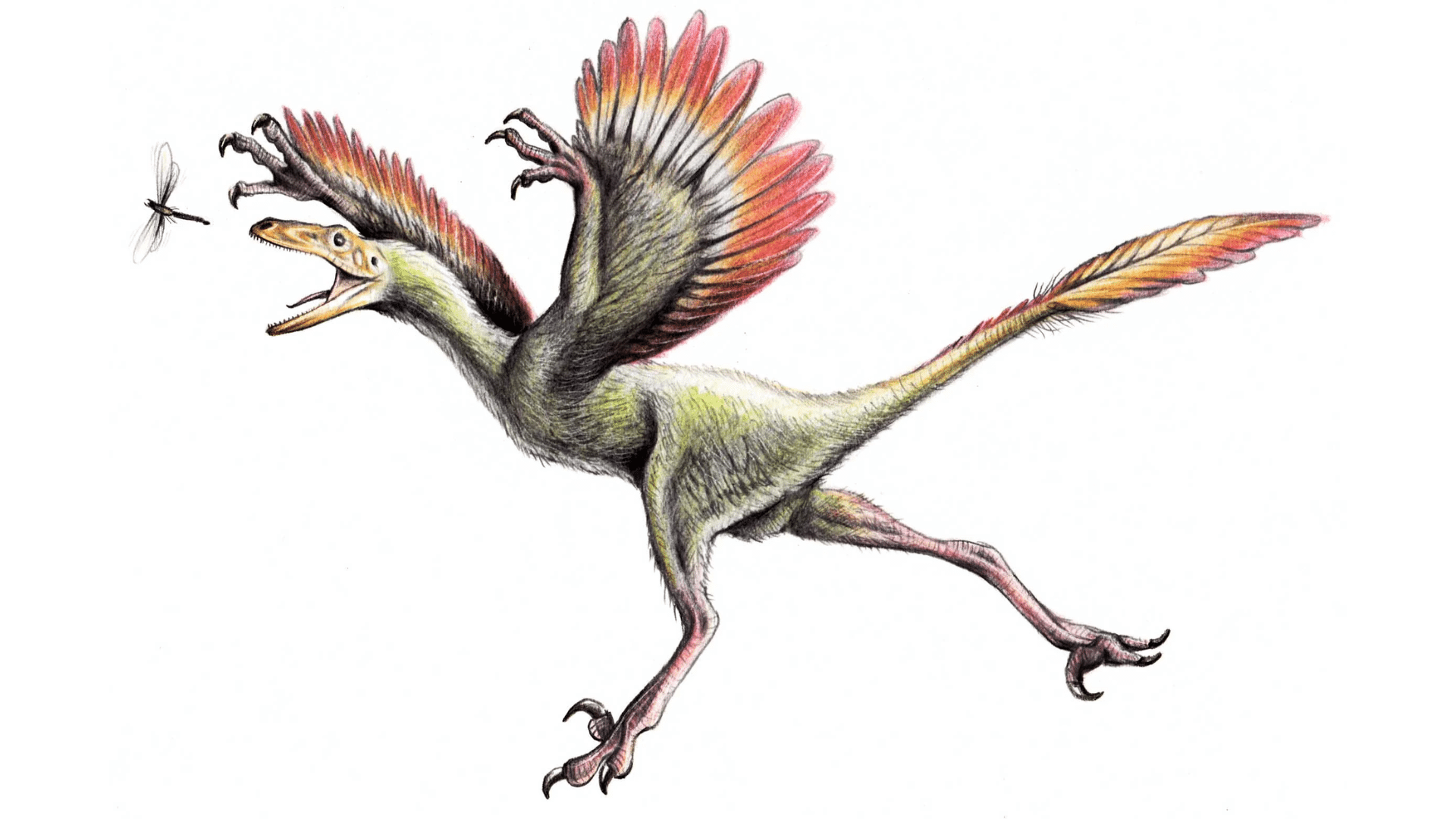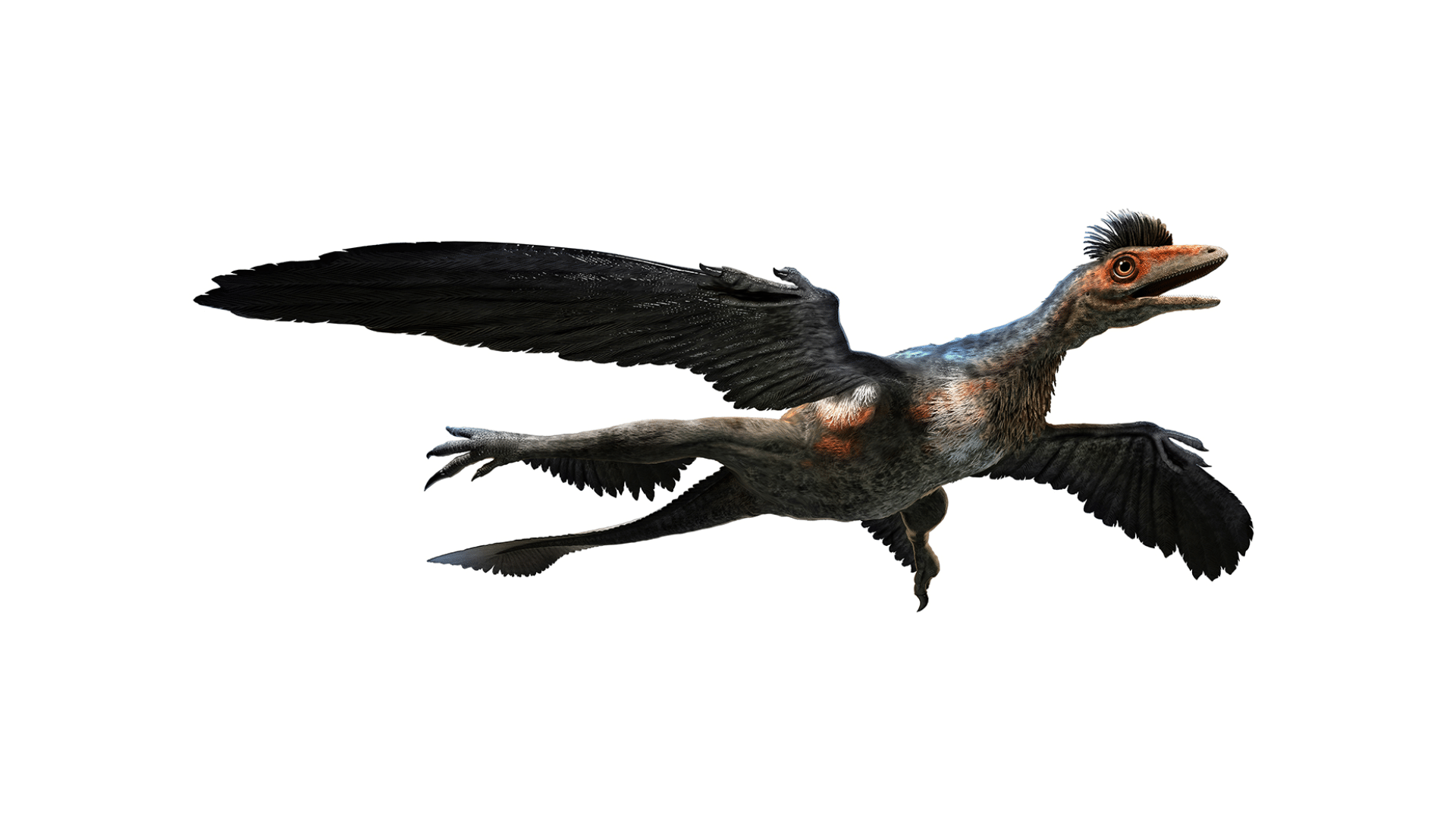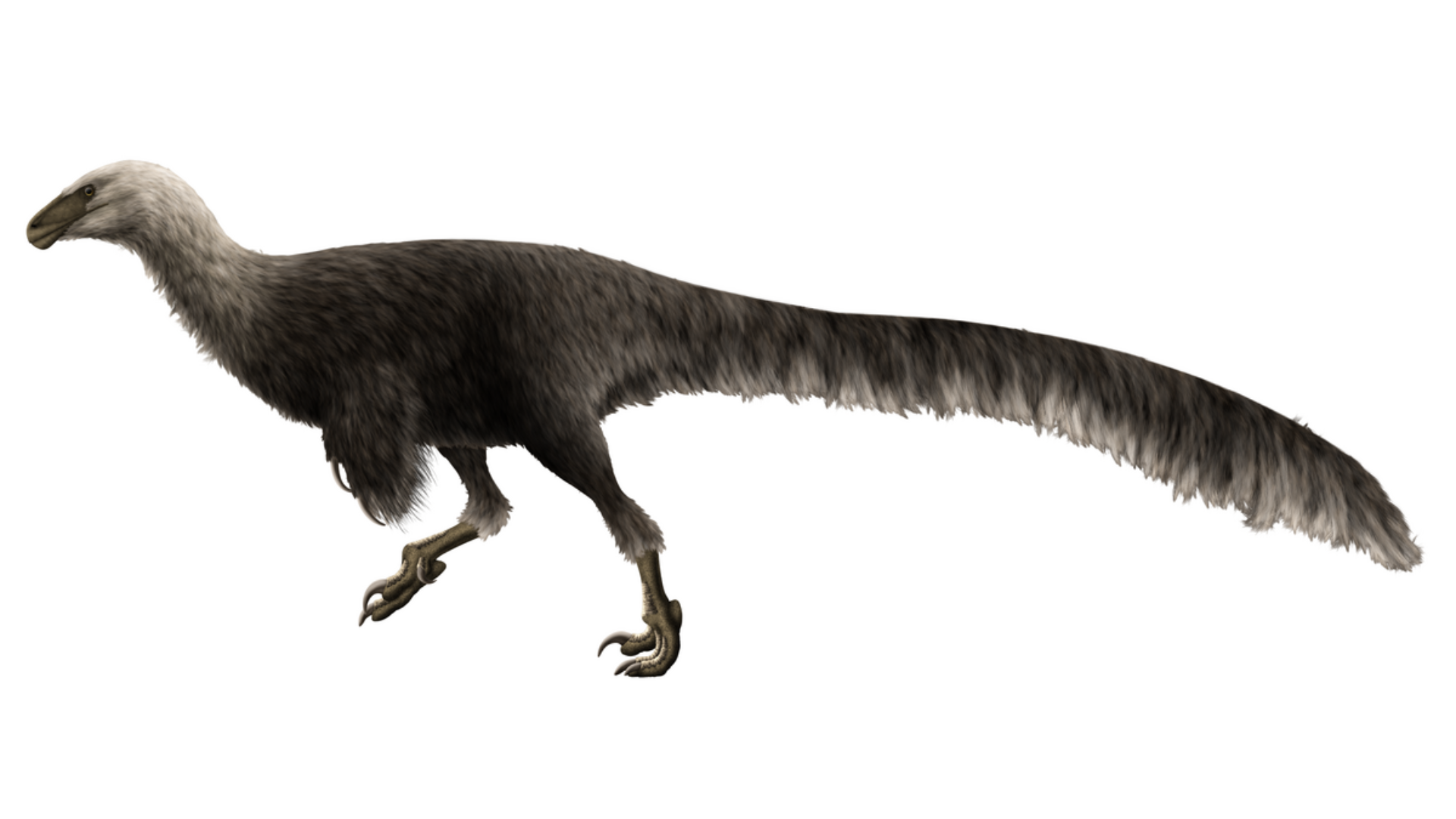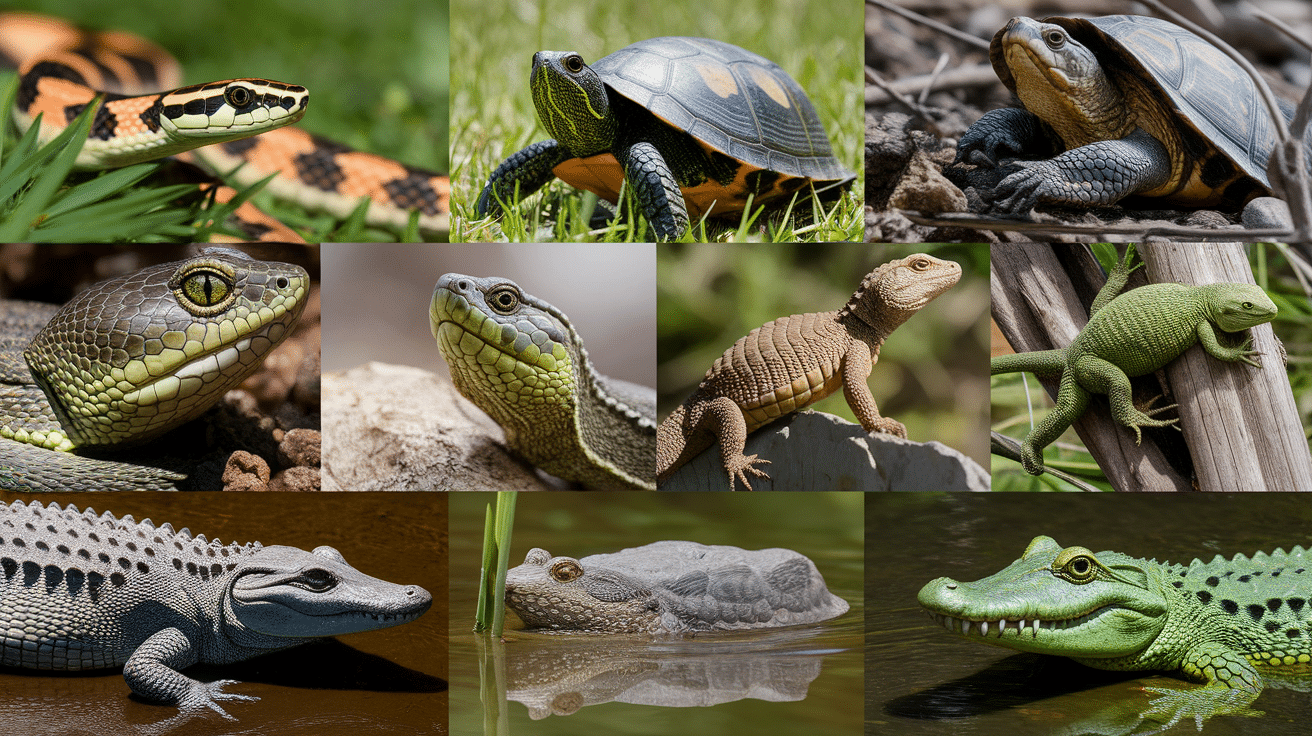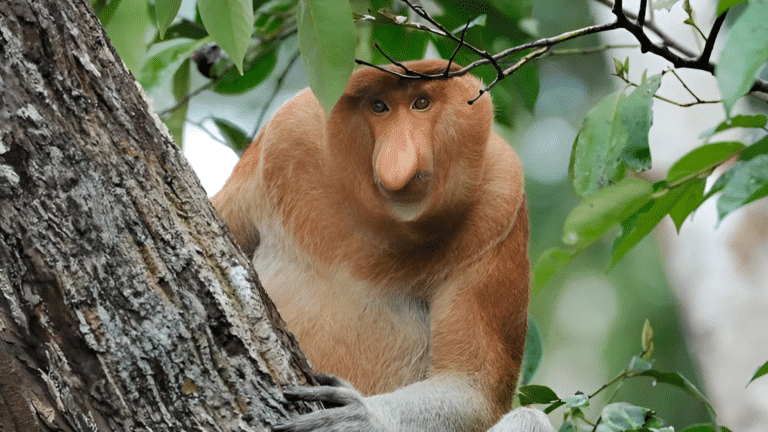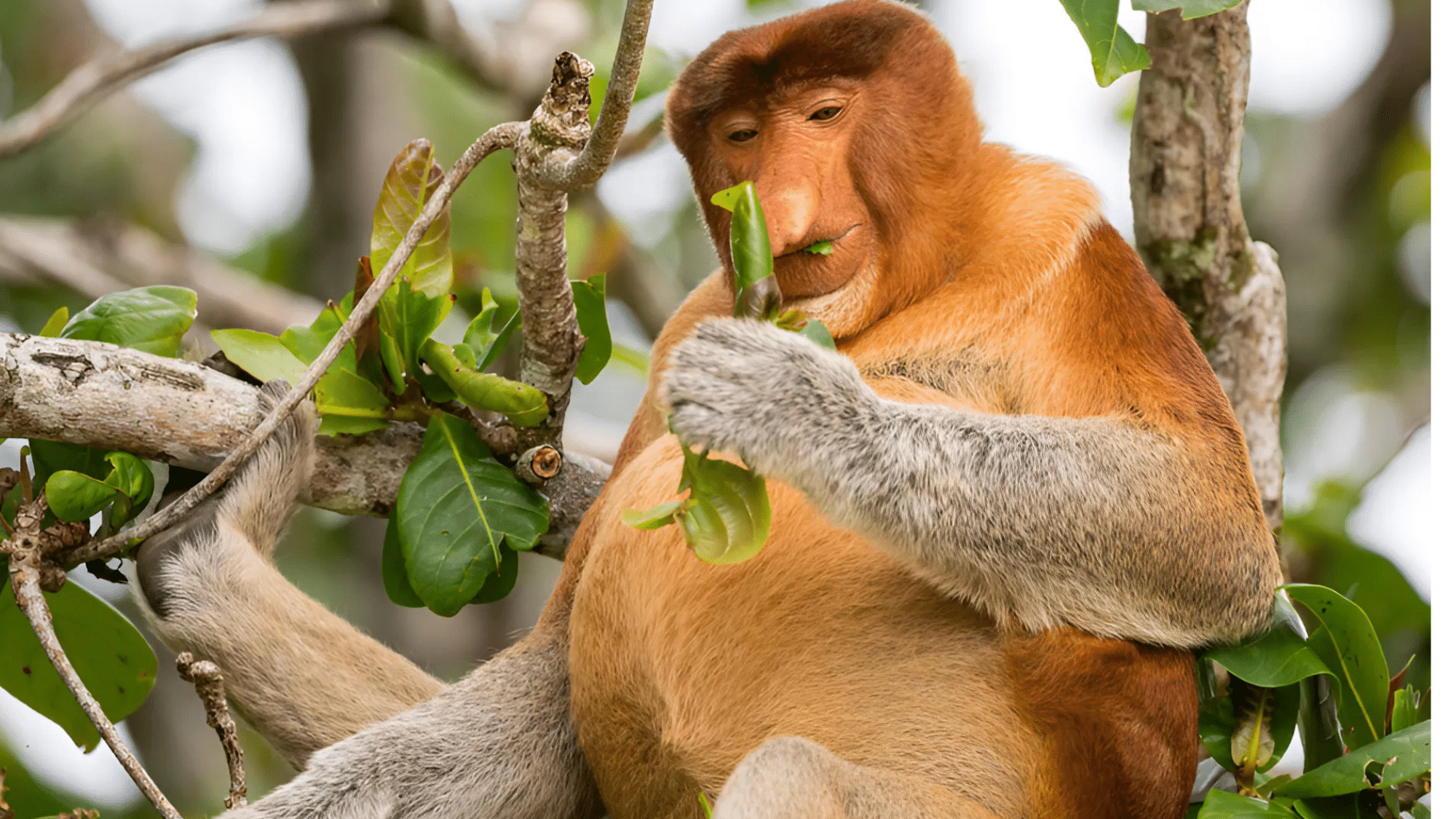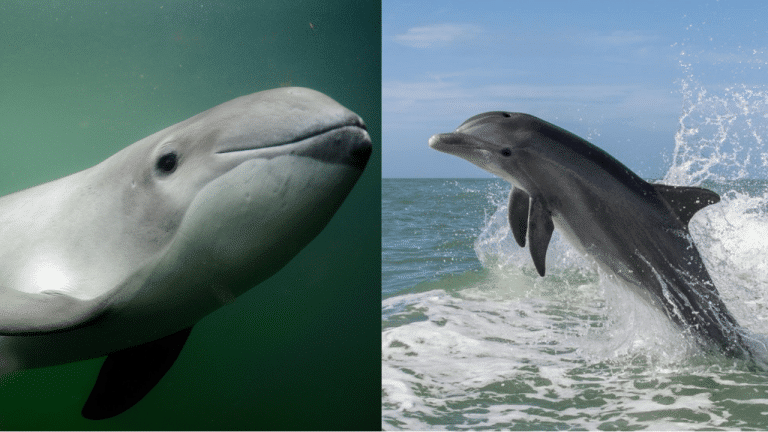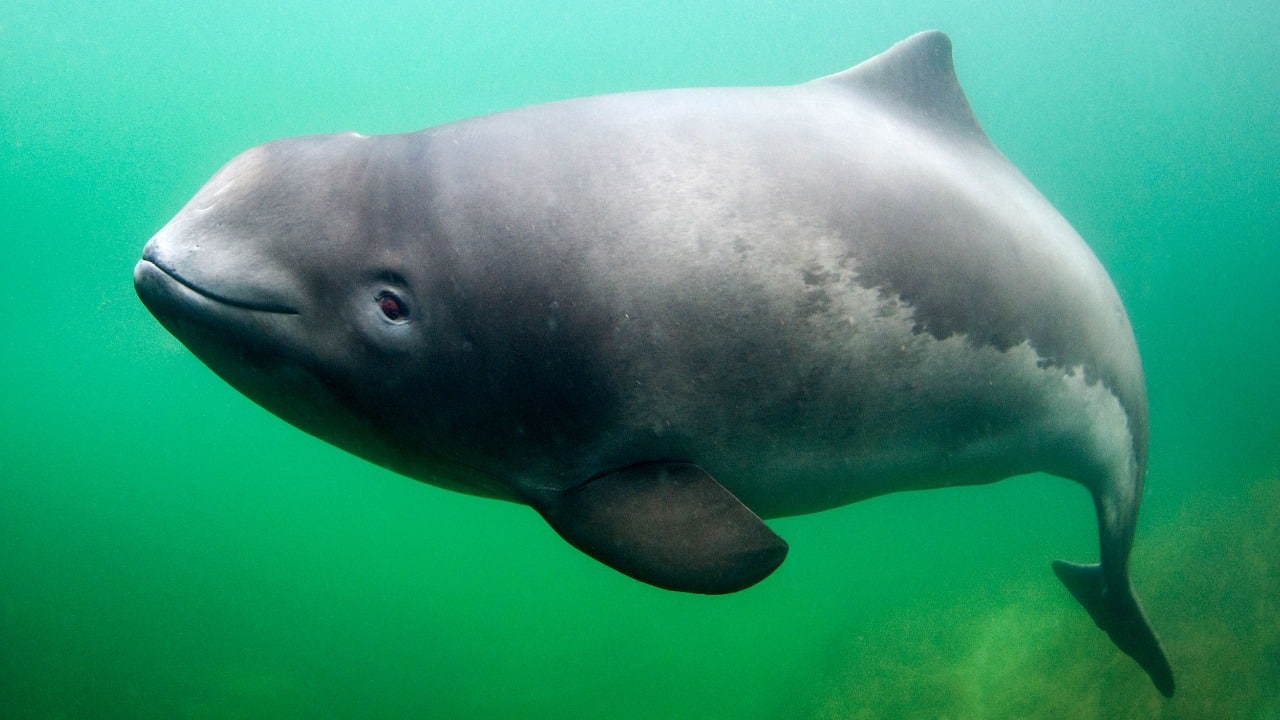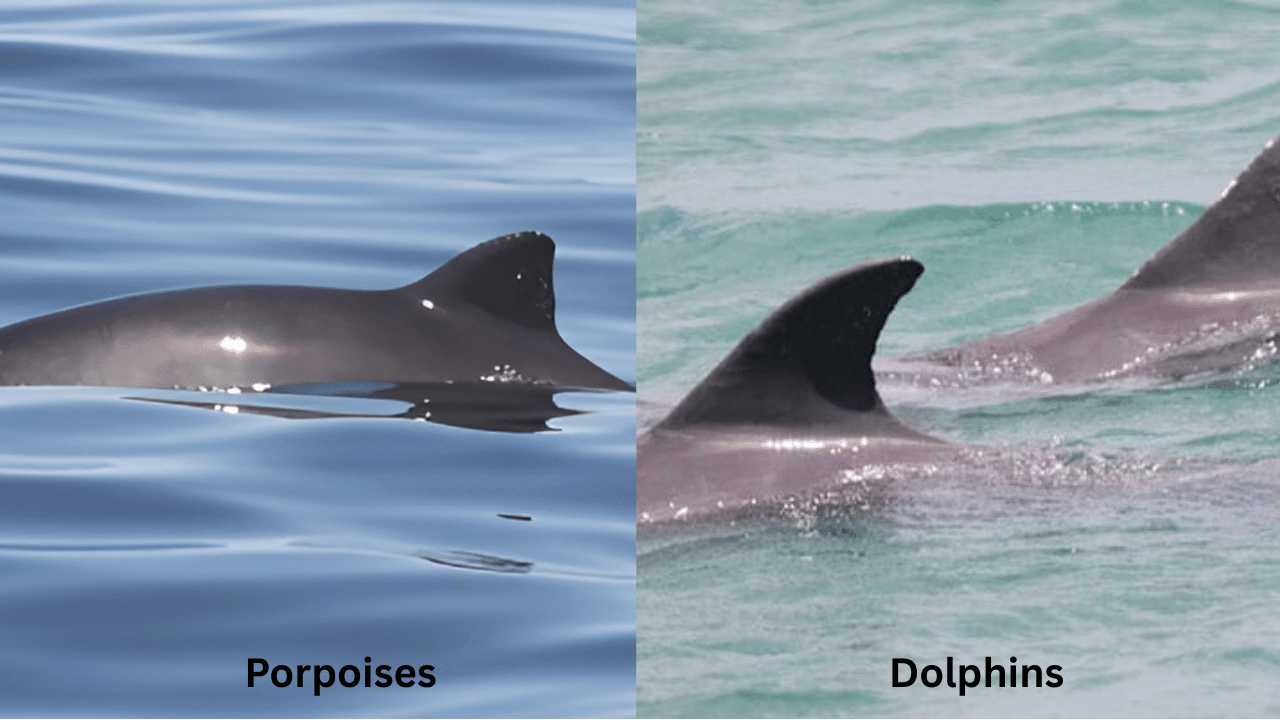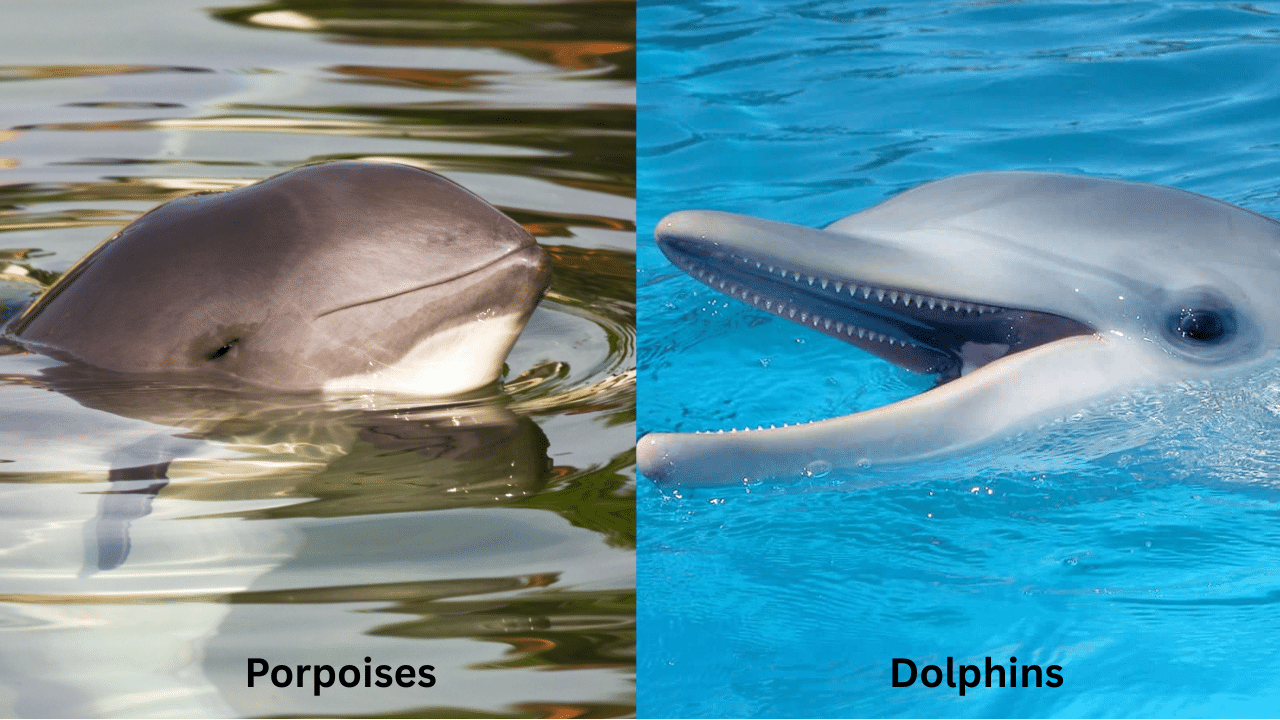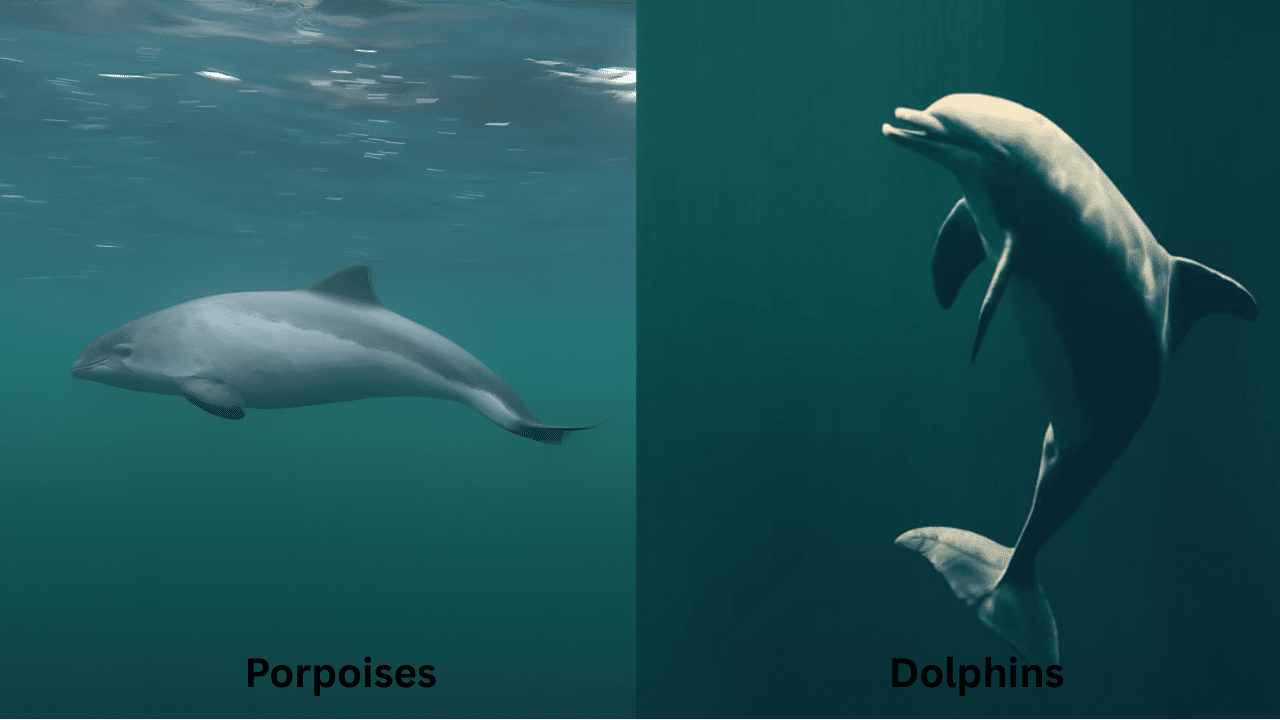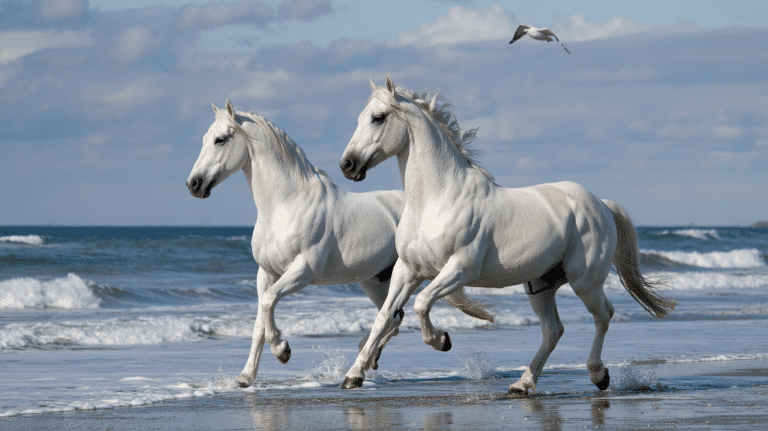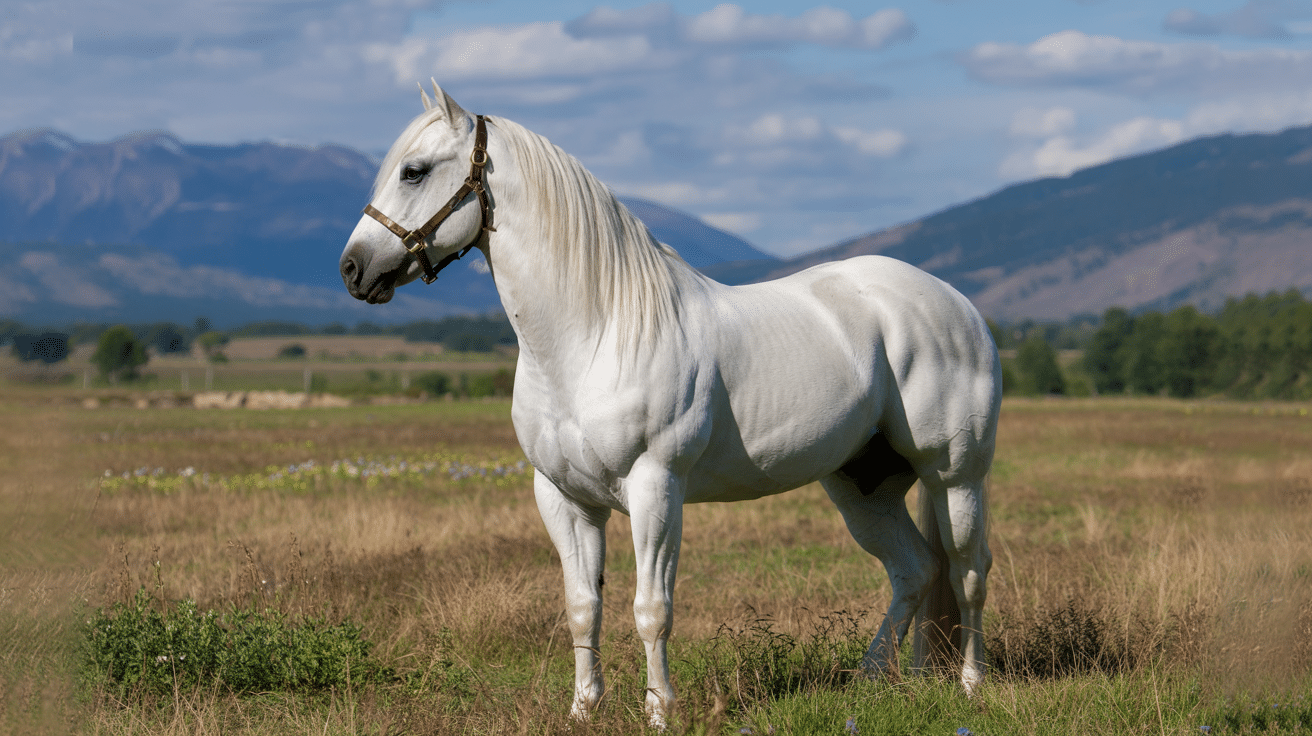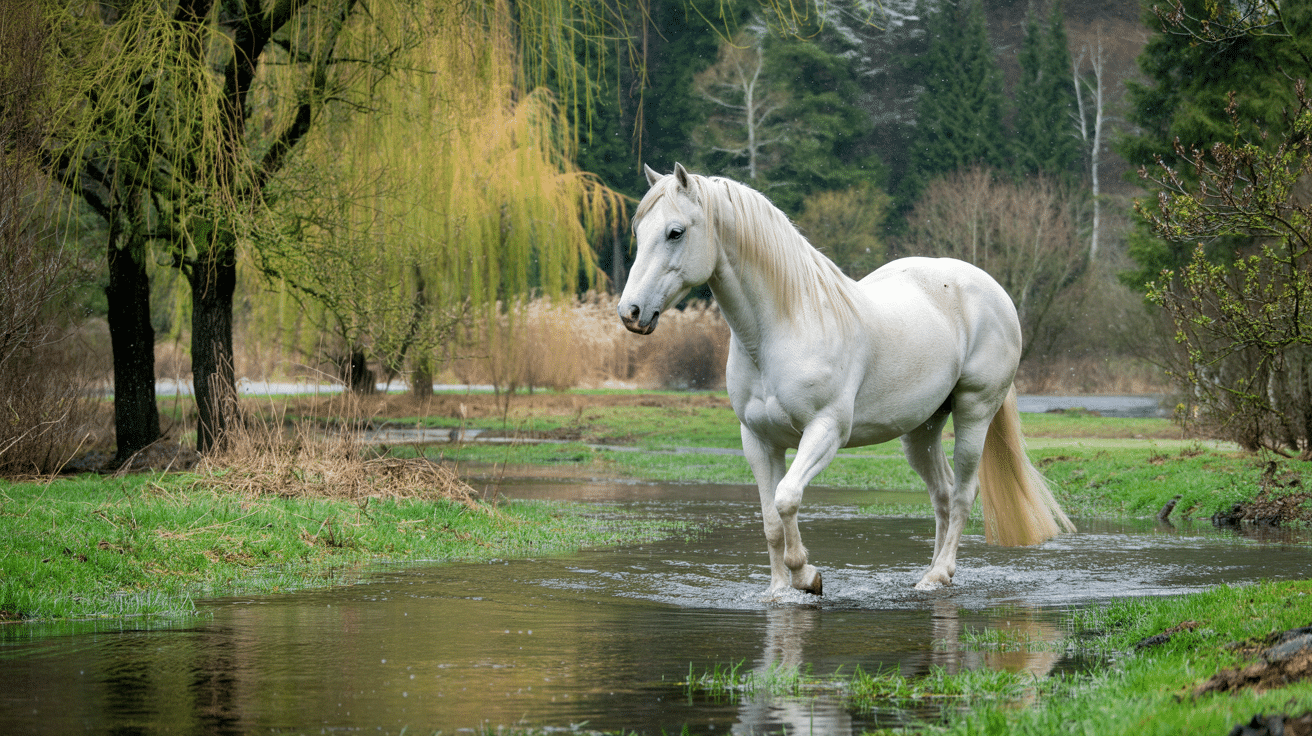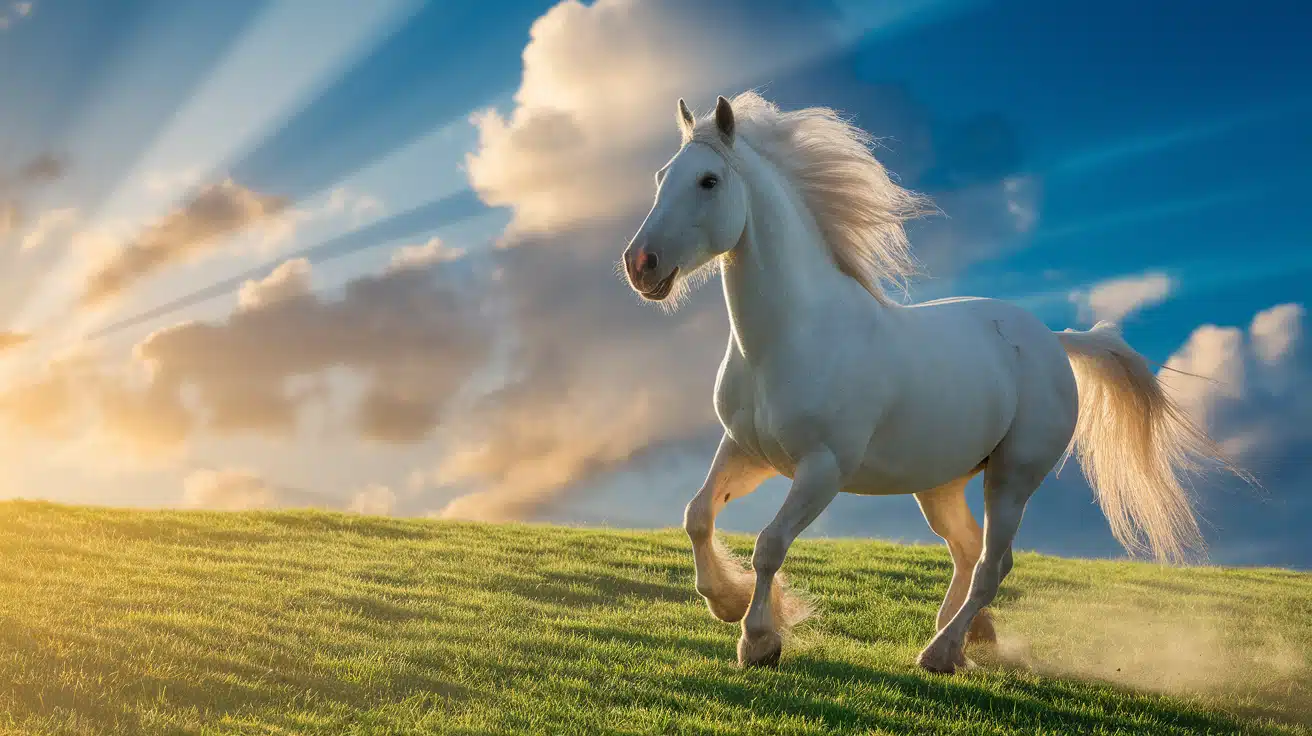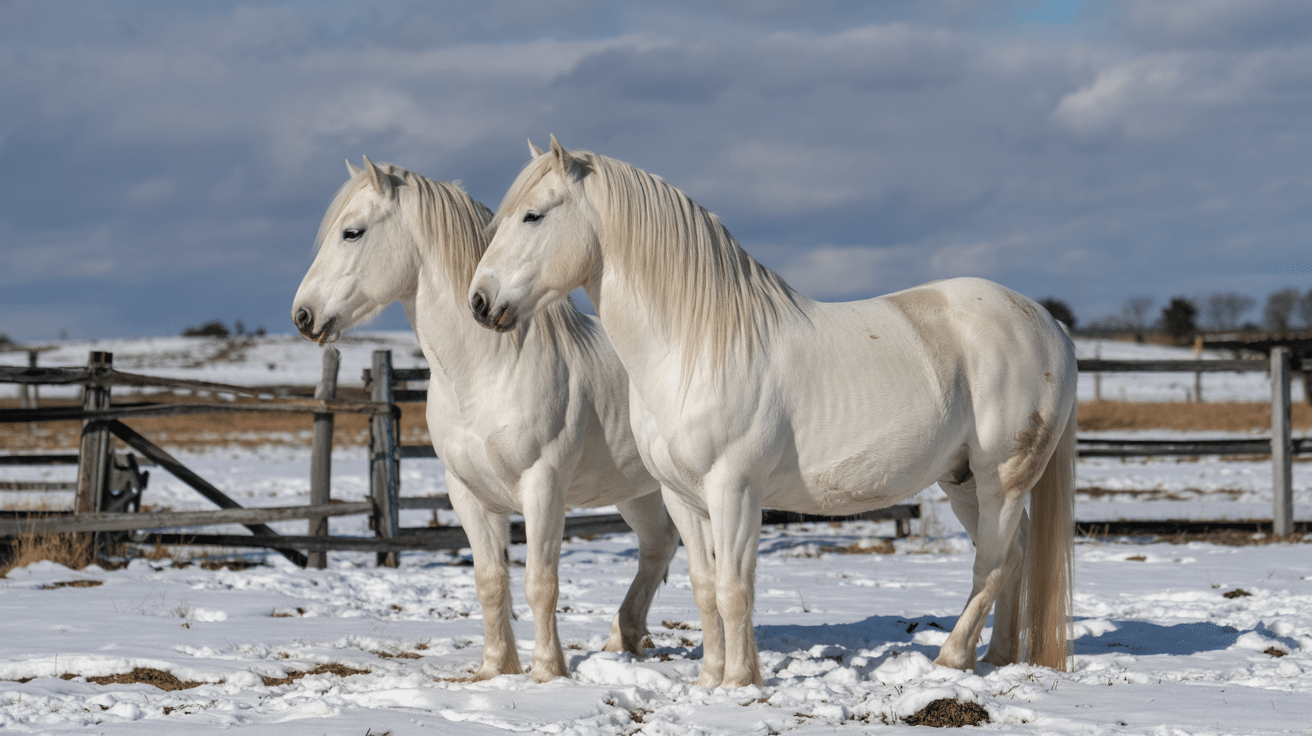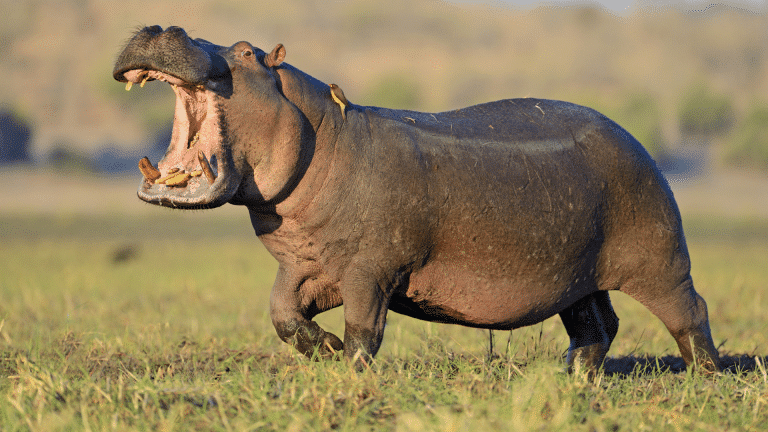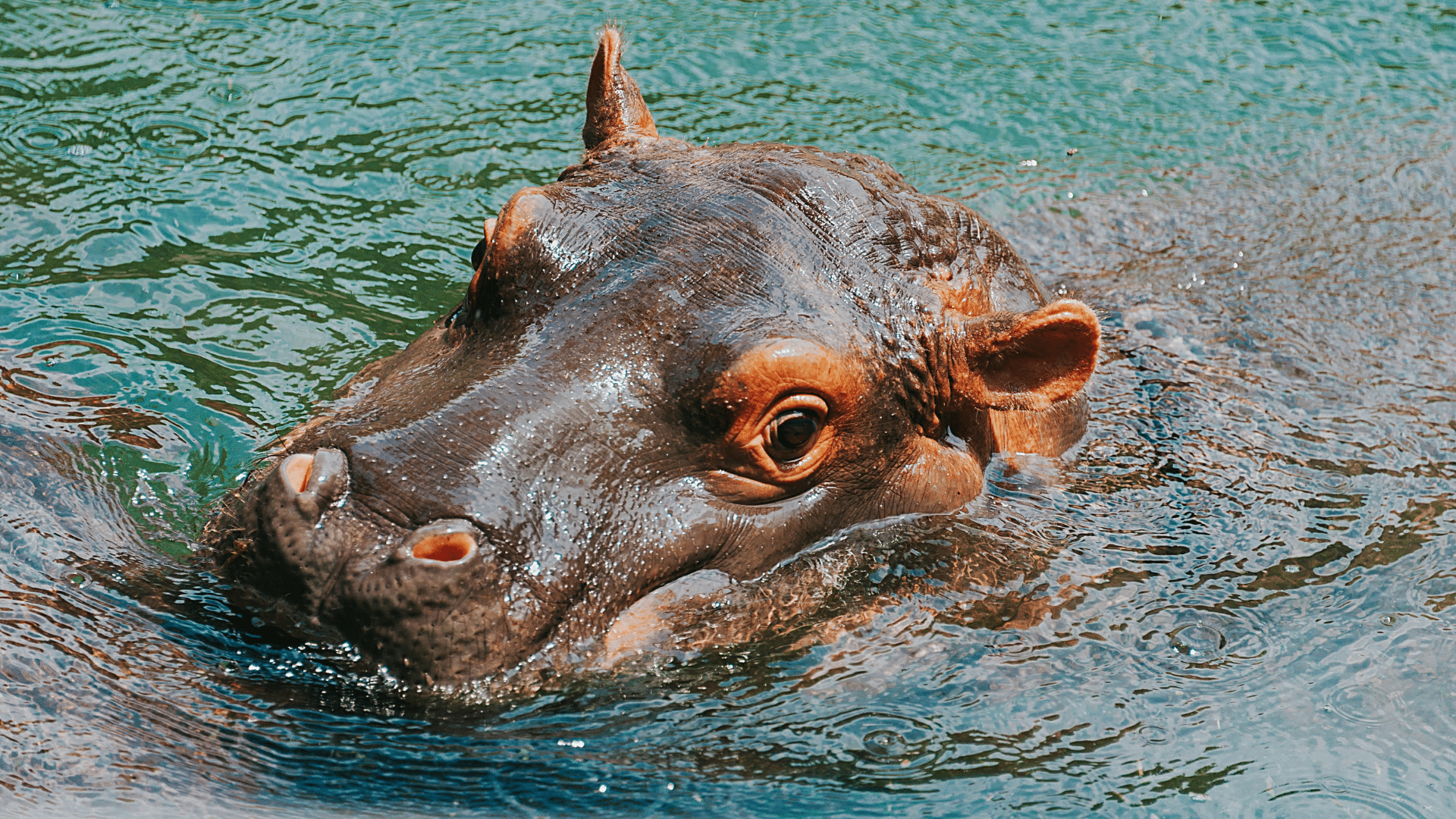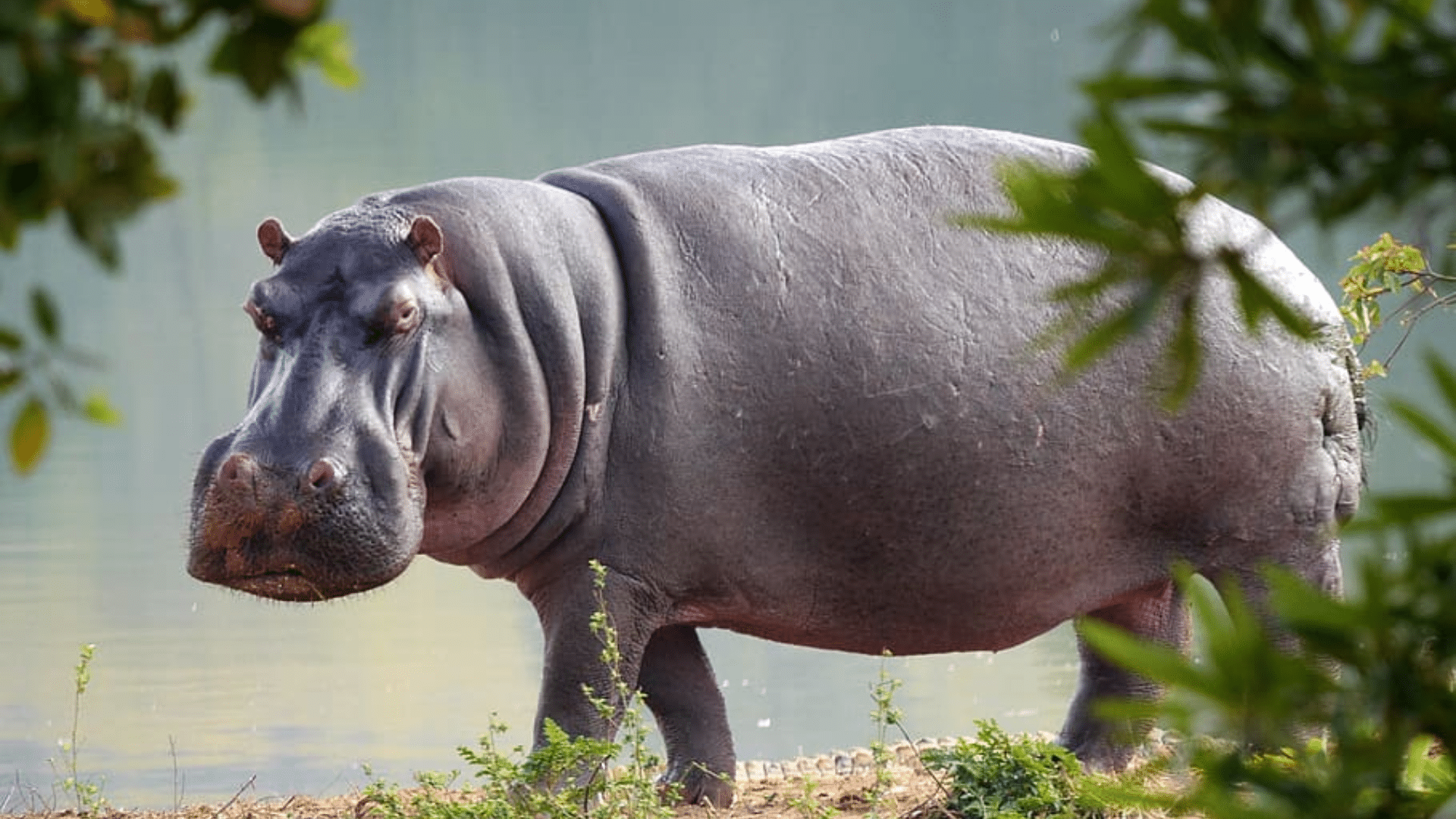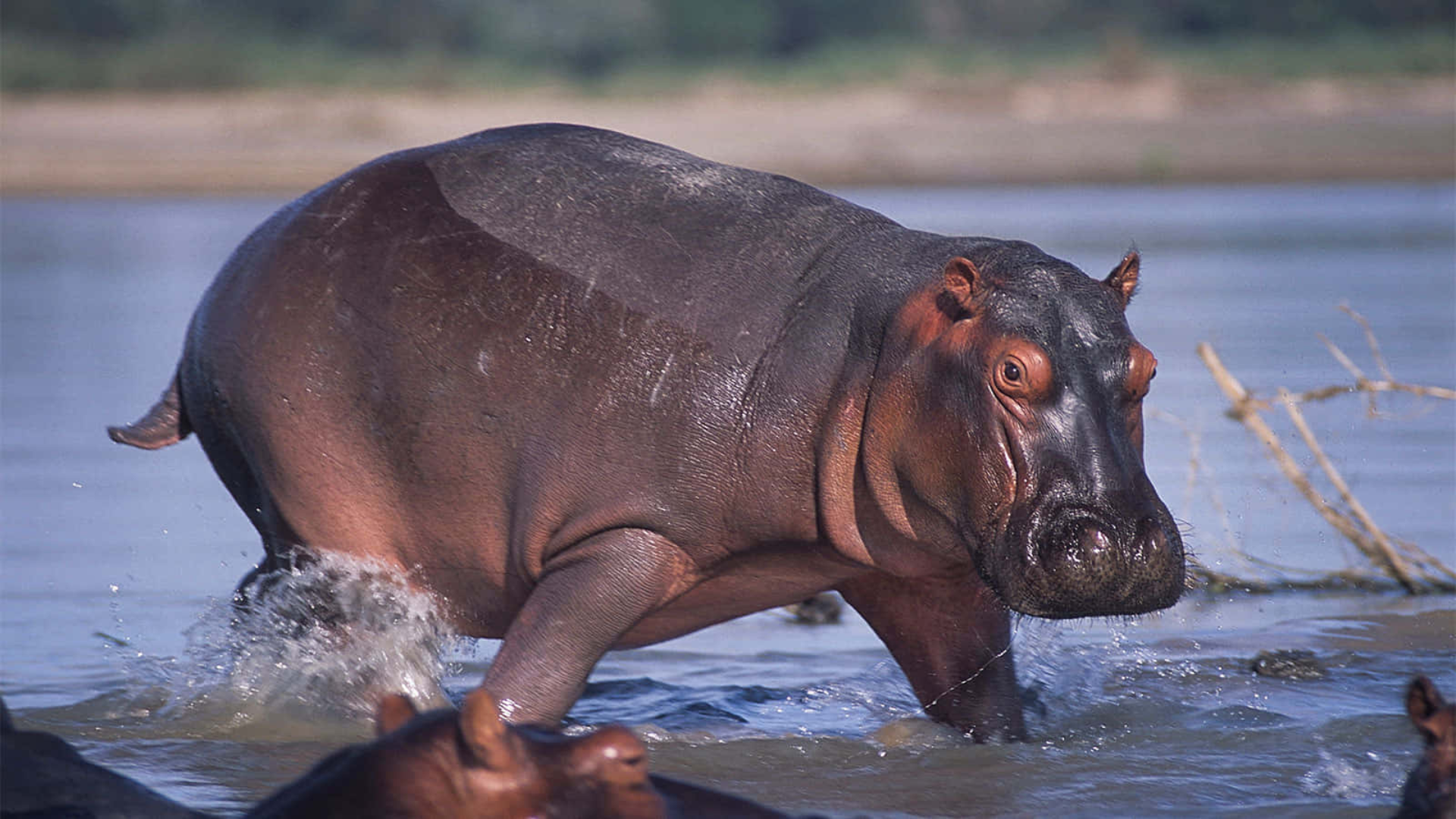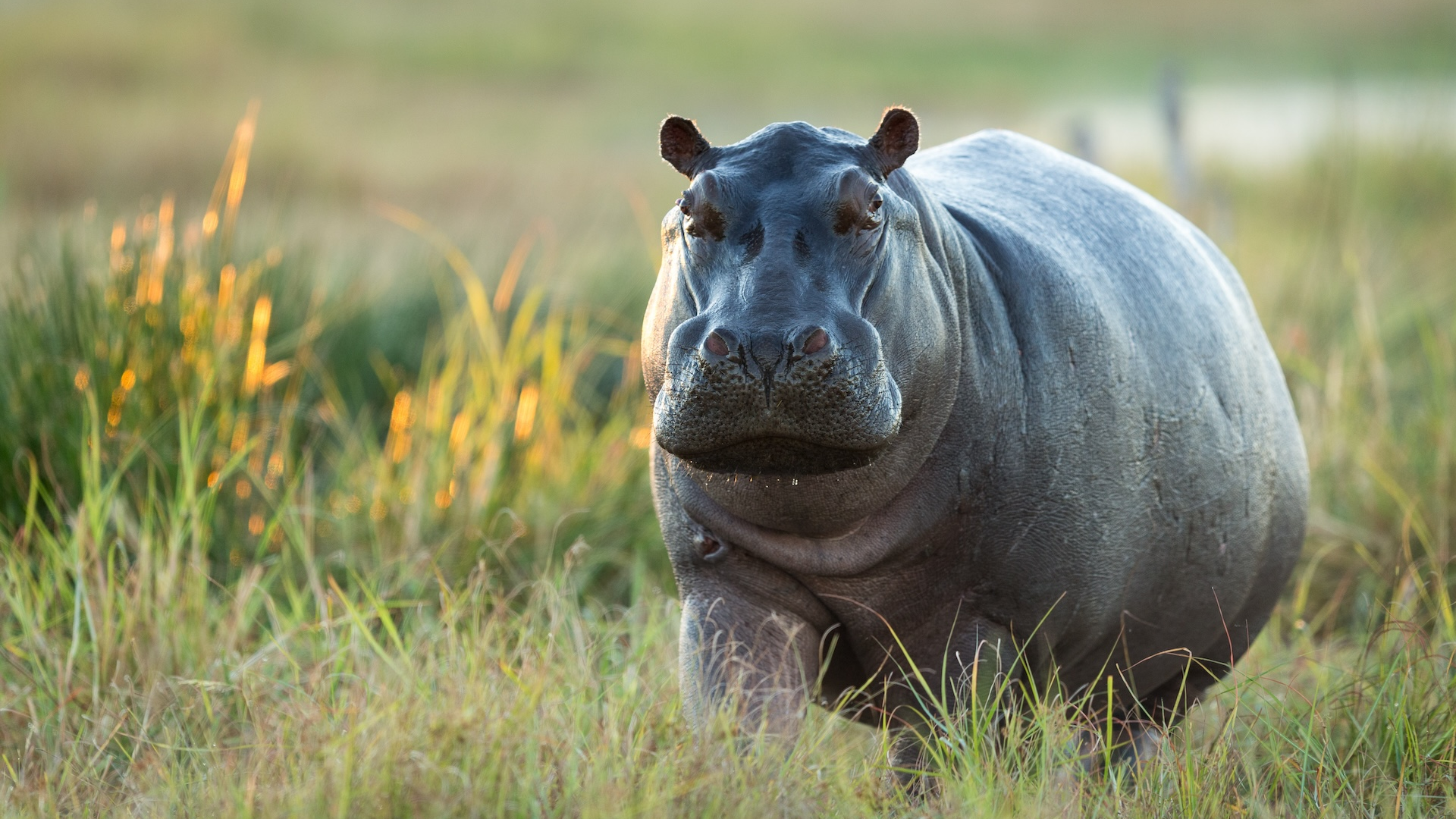Life in the desert isn’t easy. The days are hot. The nights can be freezing. Water is scarce, and the soil is dry. Yet, some plants not only survive, but manage to grow.
These strong, beautiful plants have found smart ways to stay alive in tough places. Some hold water in thick leaves, and others grow deep roots to reach moisture underground. Each one has something special to show us.
This guide is simple, visual, and filled with interesting details. You’ll learn how desert plants manage to grow where almost nothing else can. Let’s take a closer look at nature’s dryland experts.
Types of Desert Plants You’ll Find in the Wild
Desert plants can be grouped into different classifications based on their unique survival strategies and appearances.
These categories help us understand how each type of plant adapts to extreme heat, dryness, and poor soil conditions.
- Cacti – Spiny plants that store water in thick stems
- Succulents – Fleshy-leaved plants that hold water inside
- Flowering Desert Plants – Colorful bloomers that brighten dry lands
- Desert Shrubs and Bushes – Woody plants that resist heat and wind
Spiny and Strong Cacti
Cacti are plants in the Cactaceae family, known for their ability to survive in some of the driest places on Earth. They store water in their thick, fleshy stems and have spines instead of leaves to reduce water loss.
These smart adaptations help them thrive in deserts where rainfall is rare. There are over 1,500 species of cacti, ranging from tall giants like the Saguaro to small, round types like the Barrel Cactus.
Many bloom with colorful flowers and come in unique shapes, making them popular among plant lovers and photographers.
1. Saguaro Cactus
The Saguaro cactus is the tallest cactus in the U.S. and a symbol of the American desert. As it matures, it grows arms that often resemble a person raising arms.
It stores massive amounts of water in its pleated skin and blooms white flowers at night in May and June, often pollinated by bats.
| Detail | Info |
|---|---|
| Scientific Name | Carnegiea gigantea |
| Origin | Sonoran Desert, USA |
| Habitat | Arid, sandy plains and rocky slopes |
| Family | Cactaceae |
| Weight | Up to 4,800 pounds when full of water |
2. Barrel Cactus
Barrel cactus gets its name from its thick, barrel-like shape. It usually grows in a leaning manner and has long, heavy spines for protection.
Its top bursts into bright yellow or orange flowers during summer, and it can survive for decades with very little care.
| Detail | Info |
|---|---|
| Scientific Name | Ferocactus cylindraceus |
| Origin | Southwestern USA and Mexico |
| Habitat | Desert valleys, slopes |
| Family | Cactaceae |
| Weight | 40–60 pounds (mature size) |
3. Prickly Pear Cactus
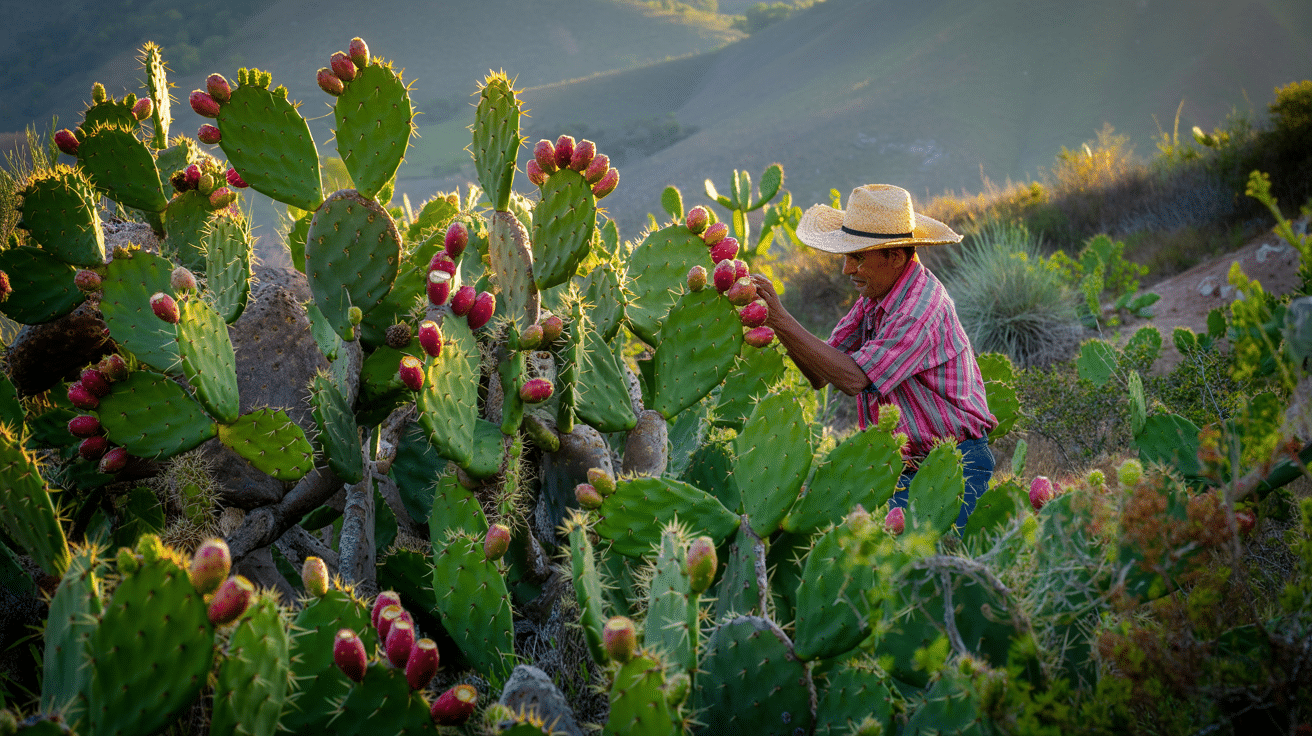
Prickly pear has flat, pad-like stems and is famous for its edible fruits and leaves. Its colorful “tuna” fruit is used in drinks, candy, and jams.
It grows quickly and spreads widely, making it a common sight in deserts, on roadsides, and even in home gardens.
| Detail | Info |
|---|---|
| Scientific Name | Opuntia spp. |
| Origin | Americas (North, Central, South) |
| Habitat | Desert plains, scrublands |
| Family | Cactaceae |
| Weight | 15–30 pounds per mature plant |
4. Cholla Cactus
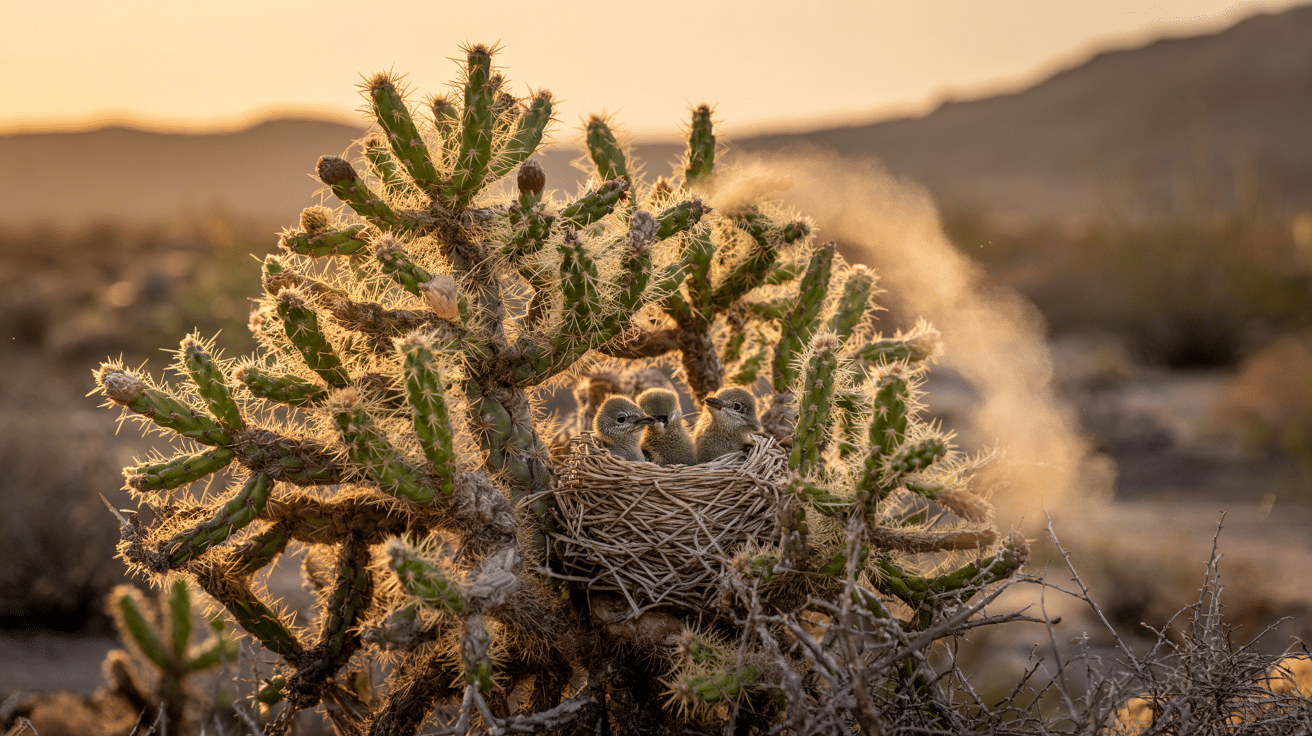
Cholla cactus has jointed, cylindrical stems covered in barbed spines that easily latch onto anything that brushes against it.
It may look hostile, but birds nest inside its tangled branches for protection, and it flowers with vibrant colors.
| Detail | Info |
|---|---|
| Scientific Name | Cylindropuntia spp. |
| Origin | North America |
| Habitat | Deserts, rocky slopes |
| Family | Cactaceae |
| Weight | Up to 40 pounds per plant |
5. Fishhook Cactus
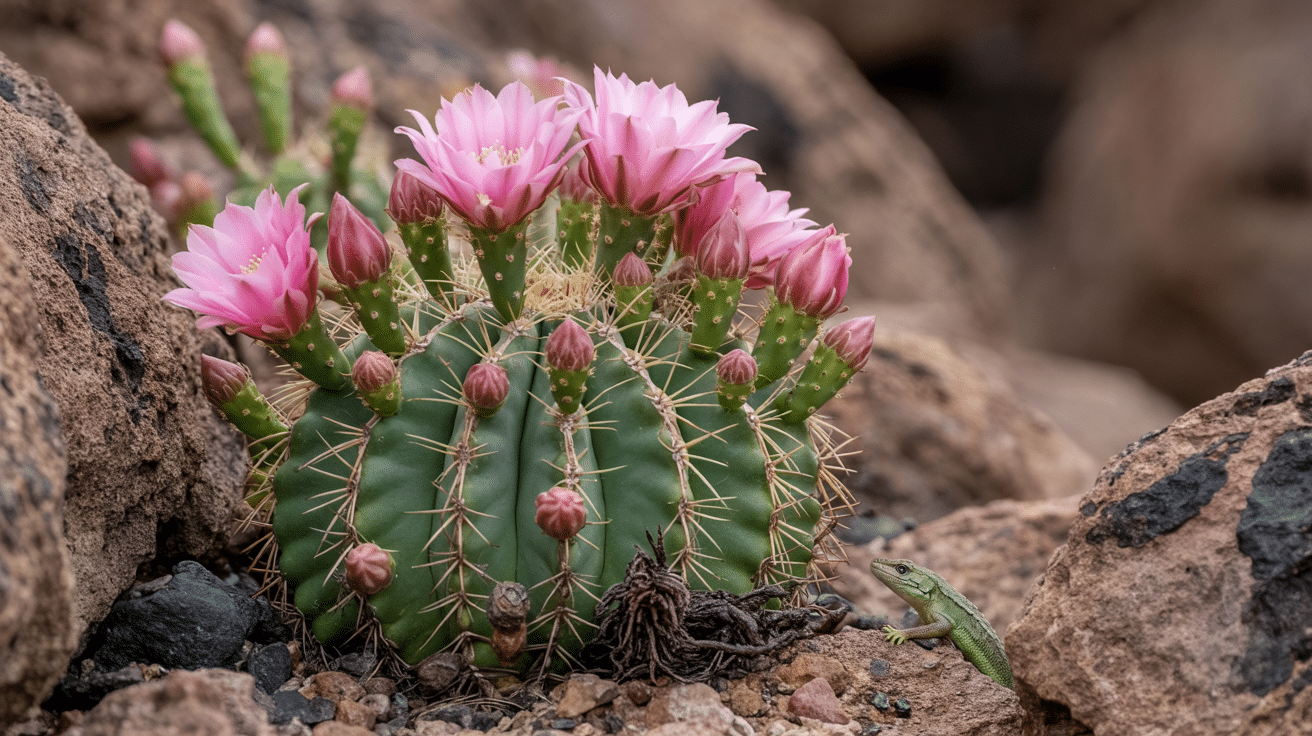
Fishhook cactus gets its name from the curved spines that look like fishing hooks. It’s small and usually grows in clumps or solitary stems.
It’s known for its large, showy flowers that bloom in spring, often in shades of pink, yellow, or red.
| Detail | Info |
|---|---|
| Scientific Name | Mammillaria spp. |
| Origin | Mexico, southwestern USA |
| Habitat | Rocky deserts, slopes |
| Family | Cactaceae |
| Weight | 1–5 pounds (small cactus) |
6. Organ Pipe Cactus
The Organ Pipe cactus grows in tall, narrow columns, resembling the pipes of a church organ.
It’s often found in clusters of many stems. This slow-growing species can live for up to 150 years and blooms at night. Bats pollinate it.
| Detail | Info |
|---|---|
| Scientific Name | Stenocereus thurberi |
| Origin | Sonoran Desert, Mexico, and the USA |
| Habitat | Rocky hillsides, dry valleys |
| Family | Cactaceae |
| Weight | Up to 150–200 pounds |
7. Beavertail Cactus
The Beavertail cactus is a low-growing cactus characterized by its flat, blue-green pads and fuzzy, harmless spines.
It gets its name from the shape of its pads. In spring, it bursts into bright magenta or pink flowers that attract bees and butterflies.
| Detail | Info |
|---|---|
| Scientific Name | Opuntia basilaris |
| Origin | Southwestern USA |
| Habitat | Rocky and sandy desert terrain |
| Family | Cactaceae |
| Weight | 10–20 pounds per mature cluster |
8. Totem Pole Cactus
This cactus has a smooth, nearly spineless surface with odd, bumpy growths, giving it a sculptural, totem-like look.
It’s a mutation of the Lophocereus schottii cactus and is popular in decorative desert gardens.
| Detail | Info |
|---|---|
| Scientific Name | Lophocereus schottii var. monstrous |
| Origin | Mexico |
| Habitat | Arid lowlands, rocky deserts |
| Family | Cactaceae |
| Weight | 30–50 pounds (mature column) |
9. Teddy Bear Cholla
Despite its cuddly name, the Teddy Bear Cholla has sharp spines that stick easily to skin and clothing.
It gets its nickname from its dense, fuzzy appearance. This cactus provides nesting sites for desert birds and glows beautifully in the golden hour light.
| Detail | Info |
|---|---|
| Scientific Name | Cylindropuntia bigelovii |
| Origin | Southwestern USA, Mexico |
| Habitat | Desert flats and slopes |
| Family | Cactaceae |
| Weight | 25–35 pounds |
10. Golden Barrel Cactus
This globe-shaped cactus grows slowly and is covered in golden-yellow spines. It’s often used in landscaping for its symmetrical beauty. While it rarely flowers indoors, mature plants produce yellow blooms at the top in spring.
| Detail | Info |
|---|---|
| Scientific Name | Echinocactus grusonii |
| Origin | Central Mexico |
| Habitat | Arid slopes, rocky ground |
| Family | Cactaceae |
| Weight | 30–90 pounds (mature) |
Fleshy-Leaved Succulents
Succulents are water-storing plants known for their thick, fleshy leaves or stems. They thrive in dry, harsh environments by retaining moisture for extended periods, making them ideal survivors in deserts and arid regions.
Their wide variety of shapes, colors, and textures makes them popular in homes and gardens. From spiky to smooth, succulents like aloe and echeveria are not only beautiful but also low-maintenance and beginner-friendly.
11. Aloe Vera
Aloe Vera is one of the most recognized succulents, valued for its healing gel. The plant has thick, spiky green leaves filled with moisture-retaining gel used in skincare and medicine.
It grows well in hot, dry climates and thrives in pots or gardens with minimal care. Its resilience and usefulness make it a favorite in the desert.
| Detail | Info |
|---|---|
| Scientific Name | Aloe barbadensis miller |
| Origin | Arabian Peninsula |
| Habitat | Arid, rocky soils |
| Family | Asphodelaceae |
| Weight | 1–5 pounds (per plant) |
12. Agave Americana
Also known as the century plant, Agave Americana is a large succulent characterized by its thick, pointed leaves.
It’s known for blooming once in its lifetime before dying. This plant thrives in dry landscapes and is both dramatic and useful. It is used to produce tequila and natural fibers.
| Detail | Info |
|---|---|
| Scientific Name | Agave americana |
| Origin | Mexico |
| Habitat | Dry hillsides, deserts |
| Family | Asparagaceae |
| Weight | 40–100 pounds |
13. Ice Plant
The Ice Plant is a ground-hugging succulent known for its shimmering leaves and bright, daisy-like flowers.
Its name comes from the frosty look of its foliage. It spreads quickly, making it perfect for erosion control or desert landscaping.
| Detail | Info |
|---|---|
| Scientific Name | Delosperma cooperi |
| Origin | South Africa |
| Habitat | Rocky and sandy soils |
| Family | Aizoaceae |
| Weight | 1–3 pounds (per cluster) |
14. Living Stones (Lithops)
Lithops, or living stones, mimic pebbles to avoid being eaten. These tiny succulents remain low to the ground, exposing only the tops of their leaves.
They bloom with daisy-like flowers and are prized for their unique camouflage appearance.
| Detail | Info |
|---|---|
| Scientific Name | Lithops spp. |
| Origin | Southern Africa |
| Habitat | Gravel plains, rocky areas |
| Family | Aizoaceae |
| Weight | 0.1–0.3 pounds |
15. Echeveria
Echeverias are popular rosette-forming succulents with thick leaves in pastel colors.
They’re a favorite for arrangements and indoor displays. They prefer dry climates and grow well in containers or rock gardens, with minimal water needs.
| Detail | Info |
|---|---|
| Scientific Name | Echeveria spp. |
| Origin | Central America |
| Habitat | Rocky hillsides |
| Family | Crassulaceae |
| Weight | 0.5–2 pounds (per plant) |
16. Yucca
Yucca plants have sharp, sword-like leaves and are found in deserts and dry grasslands.
Some species also produce tall stalks with white bell-shaped flowers. They’re often used in landscaping and can grow as shrubs or trees, depending on the species.
| Detail | Info |
|---|---|
| Scientific Name | Yucca spp. |
| Origin | North and Central America |
| Habitat | Deserts, dry plains |
| Family | Asparagaceae |
| Weight | 5–100+ pounds (varies) |
17. Ghost Plant (Graptopetalum)
The Ghost Plant has pale, gray-green rosettes that appear powdery or ghost-like. Its color changes from pink to bluish-gray based on sun exposure. It’s fast-growing, easy to propagate, and a favorite among succulent lovers.
| Detail | Info |
|---|---|
| Scientific Name | Graptopetalum paraguayense |
| Origin | Mexico |
| Habitat | Rocky, arid slopes |
| Family | Crassulaceae |
| Weight | 0.5–1.5 pounds |
18. Zebra Plant (Haworthia)
Zebra Plants are small succulents with dark green leaves and white horizontal stripes, resembling a zebra. They are compact and ideal for indoor decor. They grow slowly, need very little care, and prefer bright, indirect light.
| Detail | Info |
|---|---|
| Scientific Name | Haworthia fasciata |
| Origin | South Africa |
| Habitat | Dry, sandy soils |
| Family | Asphodelaceae |
| Weight | 0.3–0.8 pounds |
19. Desert Rose (Adenium)
The Desert Rose features thick, twisted stems and striking pink or red, trumpet-shaped flowers. Due to its sculptural look, it’s often mistaken for a bonsai. Despite its beauty, the sap is toxic, so it’s both admired and handled carefully.
| Detail | Info |
|---|---|
| Scientific Name | Adenium obesum |
| Origin | East Africa and the Arabian Peninsula |
| Habitat | Dry savannas, rocky soils |
| Family | Apocynaceae |
| Weight | 2–20 pounds |
20. Blue Chalksticks (Senecio)
This low-growing succulent features icy blue, finger-like leaves and spreads rapidly across dry ground.
It adds texture and color contrast in gardens. It’s drought-resistant and thrives in sunny areas, making it an excellent choice for borders and containers.
| Detail | Info |
|---|---|
| Scientific Name | Senecio serpens |
| Origin | South Africa |
| Habitat | Sandy and gravel soils |
| Family | Asteraceae |
| Weight | 1–3 pounds (per cluster) |
Flowering Desert Plants
Flowering desert plants bring bursts of color to some of the world’s driest places. Despite harsh conditions, they bloom brightly, often after rare rains, using clever adaptations to survive heat, drought, and poor soil.
These plants not only add beauty but also support desert life by attracting bees, birds, and other pollinators. Their short, vivid blooming periods turn dry landscapes into vibrant scenes, even if only for a short time.
21. Desert Marigold
The Desert Marigold is a bright yellow flower often seen dotting desert roadsides.
It thrives in dry, open areas and can bloom multiple times a year with enough moisture. Its papery petals and silvery-green leaves reflect sunlight, helping the plant stay cool and survive intense heat.
| Detail | Info |
|---|---|
| Scientific Name | Baileya multiradiata |
| Origin | Southwestern USA, Mexico |
| Habitat | Dry plains, rocky slopes |
| Family | Asteraceae |
| Weight | 0.5–1 pound (per plant) |
22. Sand Verbena
Sand Verbena adds soft purple or pink hues to the desert floor. It’s known for its sweet fragrance and grows quickly after rainfall.
Its low-spreading vines form clusters that attract bees and butterflies, making it a vital part of the desert bloom.
| Detail | Info |
|---|---|
| Scientific Name | Abronia villosa |
| Origin | Western North America |
| Habitat | Sandy flats and desert washes |
| Family | Nyctaginaceae |
| Weight | 0.3–0.8 pounds |
23. Desert Lily
The Desert Lily looks like it belongs in a garden, but grows wild in desert valleys.
Its trumpet-shaped white flowers open in early spring and often emerge from bare sand. This delicate plant is deeply rooted and stores moisture in underground bulbs, helping it survive long dry spells.
| Detail | Info |
|---|---|
| Scientific Name | Hesperocallis undulata |
| Origin | Southwestern USA |
| Habitat | Sandy desert basins |
| Family | Asparagaceae |
| Weight | 1–2 pounds (with bulb) |
24. Mojave Aster
Mojave Asters are known for their soft lavender petals and yellow centers.
They bloom in spring, turning desert hillsides into purple-blue tapestries. These drought-tolerant flowers grow on rocky soils and often reappear annually from the same root system.
| Detail | Info |
|---|---|
| Scientific Name | Xylorhiza tortifolia |
| Origin | Mojave Desert, USA |
| Habitat | Rocky hills, slopes |
| Family | Asteraceae |
| Weight | 0.5–1.5 pounds |
25. Blazing Star
The Blazing Star stands out with its tall stalks and bright yellow or golden flowers.
It’s often one of the first plants to bloom after a desert rain. Its name reflects its radiant look under sunlight, and it supports pollinators during seasonal blooms.
| Detail | Info |
|---|---|
| Scientific Name | Mentzelia lindleyi |
| Origin | Western North America |
| Habitat | Sandy soils, dry slopes |
| Family | Loasaceae |
| Weight | 0.3–1 pound |
26. Arizona Poppy
The Arizona Poppy brings a splash of golden-orange to the desert after monsoon rains.
It grows in large numbers and resembles the more famous California Poppy. Despite the dry environment, it blooms quickly and draws bees with its bright color and pollen.
| Detail | Info |
|---|---|
| Scientific Name | Kallstroemia grandiflora |
| Origin | Southwestern USA, Mexico |
| Habitat | Open desert flats |
| Family | Zygophyllaceae |
| Weight | 0.5–1 pound |
27. Evening Primrose
Evening Primrose blooms at dusk, showing pale white or yellow flowers that open under moonlight.
It’s well adapted to nighttime pollination. This flower closes by morning and can carpet large areas, offering nectar for moths and night-flying insects.
| Detail | Info |
|---|---|
| Scientific Name | Oenothera deltoides |
| Origin | Western North America |
| Habitat | Sandy and gravel soils |
| Family | Onagraceae |
| Weight | 0.4–1 pound |
28. Brittlebush
Brittlebush is a common desert shrub with small, bright yellow flowers. Its gray-green leaves and fragrant resin help it survive heat and drought. It blooms from late winter to early spring, coloring the desert with golden waves.
| Detail | Info |
|---|---|
| Scientific Name | Encelia farinosa |
| Origin | Southwestern USA |
| Habitat | Dry slopes, rocky areas |
| Family | Asteraceae |
| Weight | 3–7 pounds (shrub size) |
29. Fairy Duster
The Fairy Duster produces feathery pink or red tufts that resemble tiny brushes. These eye-catching flowers attract hummingbirds and butterflies. It thrives in dry washes and open deserts and blooms multiple times in warmer months.
| Detail | Info |
|---|---|
| Scientific Name | Calliandra eriophylla |
| Origin | Southwestern USA, Mexico |
| Habitat | Dry open slopes, desert flats |
| Family | Fabaceae |
| Weight | 1–2 pounds |
30. Indian Paintbrush
Indian Paintbrush stands out with its flame-colored bracts that surround small, hidden flowers. It’s often seen in red, orange, or pink. This plant forms a semi-parasitic relationship with neighboring plants, drawing extra nutrients from their roots.
| Detail | Info |
|---|---|
| Scientific Name | Castilleja spp. |
| Origin | North and Central America |
| Habitat | Open grasslands, dry forests |
| Family | Orobanchaceae |
| Weight | 0.5–1.5 pounds |
Desert Shrubs and Bushes
Desert shrubs and bushes are tough, woody plants that thrive in arid, harsh environments where other greenery struggles to grow. They often have small leaves or spines to minimize water loss and deep roots to access underground moisture.
These plants play a vital role in desert ecosystems, offering shelter, stabilizing soil, and providing food for wildlife. Many also bloom with seasonal flowers, adding bursts of color to the otherwise dry landscape.
31. Creosote Bush
The Creosote Bush is one of the most iconic and widespread plants in North American deserts. After rain, it releases a strong scent that many associate with the desert itself.
Its small, waxy leaves help it retain moisture. It can live for over a hundred years, forming vast, hardy colonies in arid landscapes.
| Detail | Info |
|---|---|
| Scientific Name | Larrea tridentata |
| Origin | Southwestern USA, Mexico |
| Habitat | Desert plains, dry slopes |
| Family | Zygophyllaceae |
| Weight | 4–15 pounds (mature plant) |
32. Saltbush
Saltbush is known for its tolerance to salty and alkaline soils, making it a reliable plant in harsh desert and coastal environments. Its silvery-gray leaves reflect sunlight and conserve water.
This shrub is often used in land reclamation and serves as forage for livestock and wildlife.
| Detail | Info |
|---|---|
| Scientific Name | Atriplex spp. |
| Origin | Americas, Australia |
| Habitat | Salt flats, deserts, and dry grasslands |
| Family | Amaranthaceae |
| Weight | 3–10 pounds (varies by species) |
33. Mesquite
Mesquite trees and shrubs are desert powerhouses, growing long taproots that can reach water far underground.
They provide shade, food, and wood in many desert regions. Their seed pods are edible and used in traditional cooking. The tree also improves soil by fixing nitrogen.
| Detail | Info |
|---|---|
| Scientific Name | Prosopis spp. |
| Origin | Americas |
| Habitat | Dry riverbeds, deserts |
| Family | Fabaceae |
| Weight | 15–100+ pounds (tree form) |
34. Bursage
Bursage is a low-growing desert shrub often found beside creosote bushes. It plays a key role in stabilizing desert soils and preventing erosion. Its tiny leaves and dull color help it conserve water and stay unnoticed by herbivores.
| Detail | Info |
|---|---|
| Scientific Name | Ambrosia dumosa |
| Origin | Southwestern USA |
| Habitat | Desert flats and rocky soils |
| Family | Asteraceae |
| Weight | 1–5 pounds |
35. Mormon Tea (Ephedra)
Mormon Tea is a shrub characterized by its green, jointed stems, which often have few or no leaves.
Native Americans and early settlers used it historically as a caffeine-free tea. This plant thrives in rocky and sandy soils and is highly drought-tolerant, making it a resilient desert dweller.
| Detail | Info |
|---|---|
| Scientific Name | Ephedra viridis |
| Origin | Western USA |
| Habitat | Rocky hillsides, sandy soils |
| Family | Ephedraceae |
| Weight | 1–6 pounds |
36. Four-Wing Saltbush
This shrub is named for its unique seed pods, which have four paper-like wings. It’s highly tolerant of salty, dry soils and is important for desert wildlife. It serves as food and shelter for many animals and is often used in revegetation efforts.
| Detail | Info |
|---|---|
| Scientific Name | Atriplex canescens |
| Origin | North America |
| Habitat | Salt flats, deserts, dry plains |
| Family | Amaranthaceae |
| Weight | 2–10 pounds |
37. Catclaw Acacia
Named for its curved, thorny branches, Catclaw Acacia is a tough desert shrub that provides shade and habitat for animals.
Its yellow puffball flowers bloom in spring. Despite its spiny defense, it’s important for pollinators and birds that build nests in its branches.
| Detail | Info |
|---|---|
| Scientific Name | Senegalia greggii |
| Origin | Southwestern USA, Mexico |
| Habitat | Desert washes, dry slopes |
| Family | Fabaceae |
| Weight | 8–25 pounds (bush form) |
39. Wolfberry
Wolfberry, also called desert goji, produces small orange-red berries that are edible and rich in nutrients.
It’s often found in dry, open landscapes and along washes. This shrub supports desert wildlife and is known for its health benefits when cultivated.
| Detail | Info |
|---|---|
| Scientific Name | Lycium andersonii |
| Origin | North America |
| Habitat | Dry plains, washes |
| Family | Solanaceae |
| Weight | 2–6 pounds |
40. Jojoba
Jojoba is a desert shrub known for producing seeds rich in oil. This oil is widely used in cosmetics and skincare for its moisturizing properties.
It grows in arid regions and is extremely drought-resistant, making it a valuable plant both economically and ecologically.
| Detail | Info |
|---|---|
| Scientific Name | Simmondsia chinensis |
| Origin | Southwestern USA, Mexico |
| Habitat | Arid deserts, sandy soils |
| Family | Simmondsiaceae |
| Weight | 5–15 pounds (mature shrub) |
Conclusion
Desert plants are more than just survivors; they’re master adapters. From towering cacti to tiny flowering shrubs, each one tells a story of life in the harshest places on Earth.
These plants show us that beauty can thrive even in dry, cracked soil. With clever designs, water-saving tricks, and bursts of color, they turn the desert into something truly inspiring.
Learning about these plants helps us understand nature’s resilience and reminds us to appreciate the small miracles growing quietly around us.
So next time you spot a cactus or a desert bloom, take a closer look. It’s not just a plant—it’s a story of survival, beauty, and strength.
Let us know which desert plant stood out to you the most. Drop a comment below!

